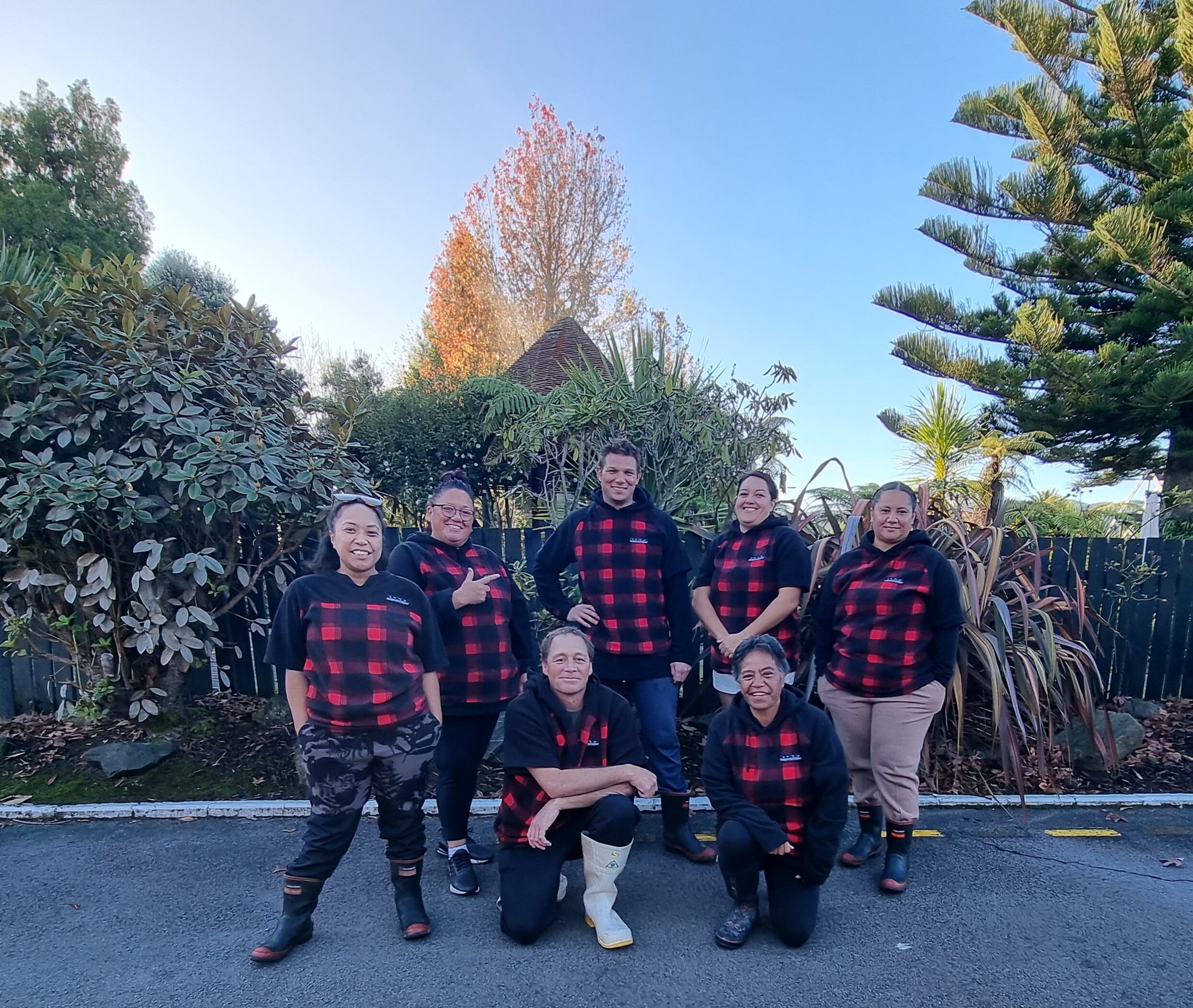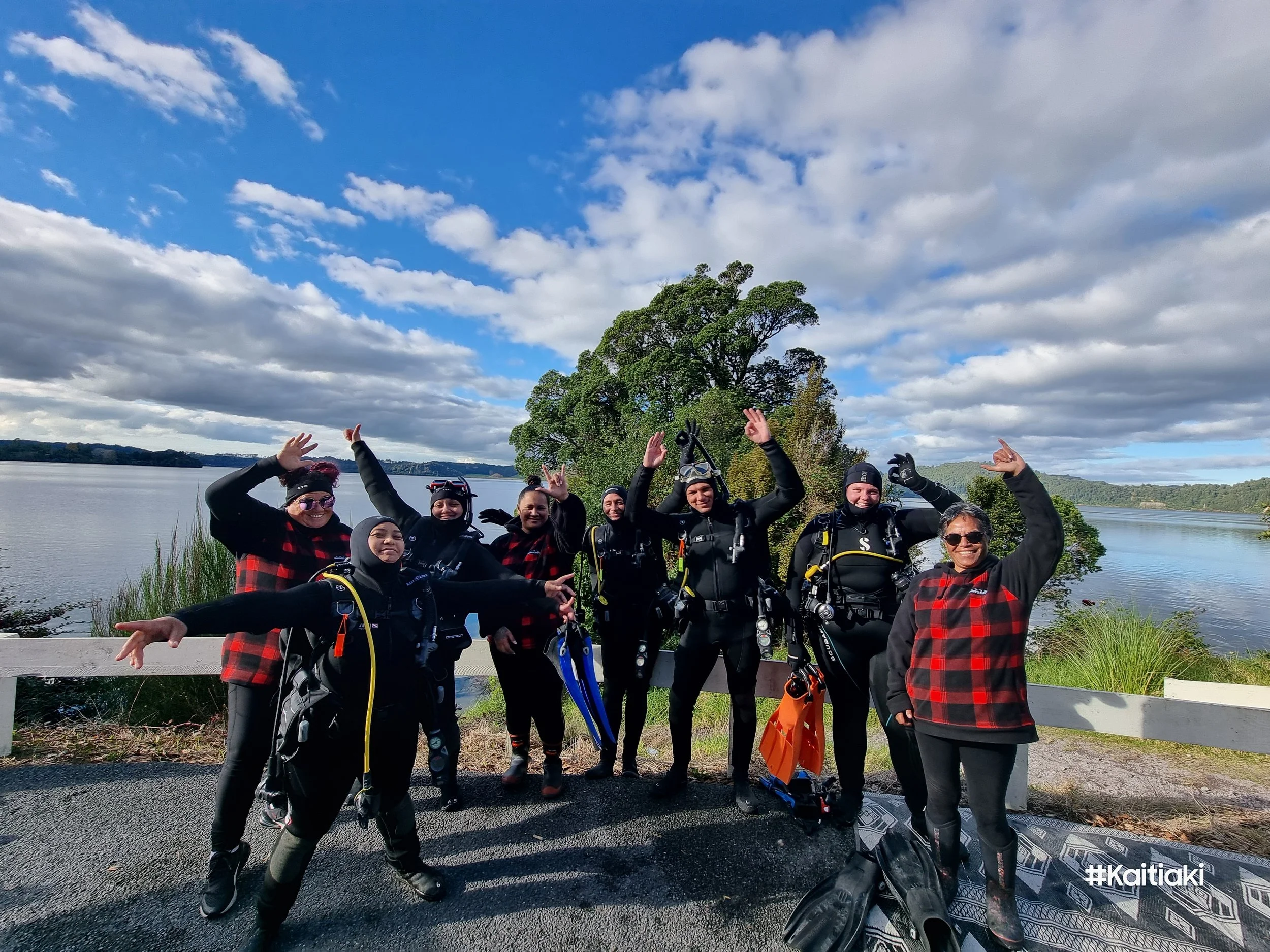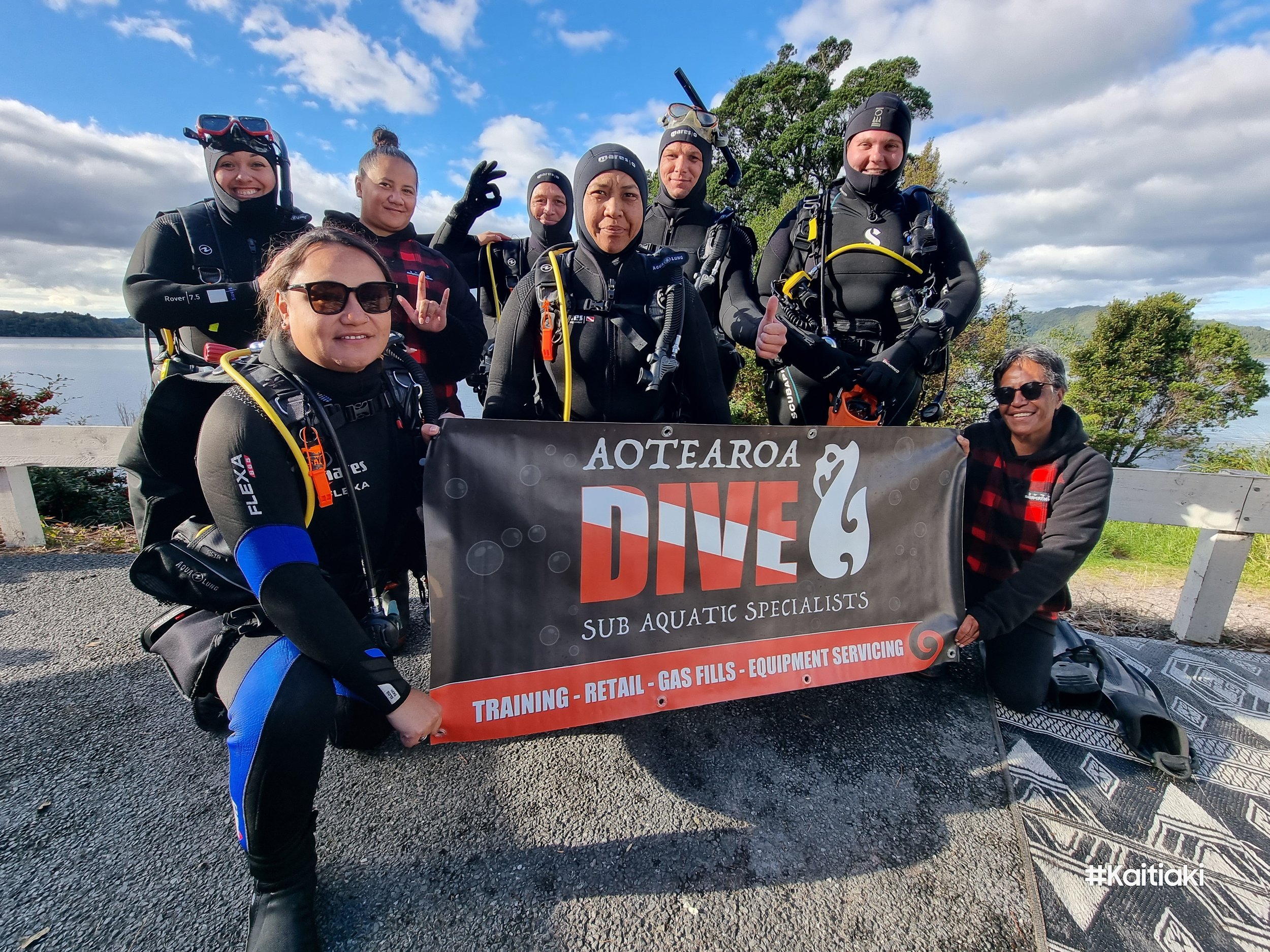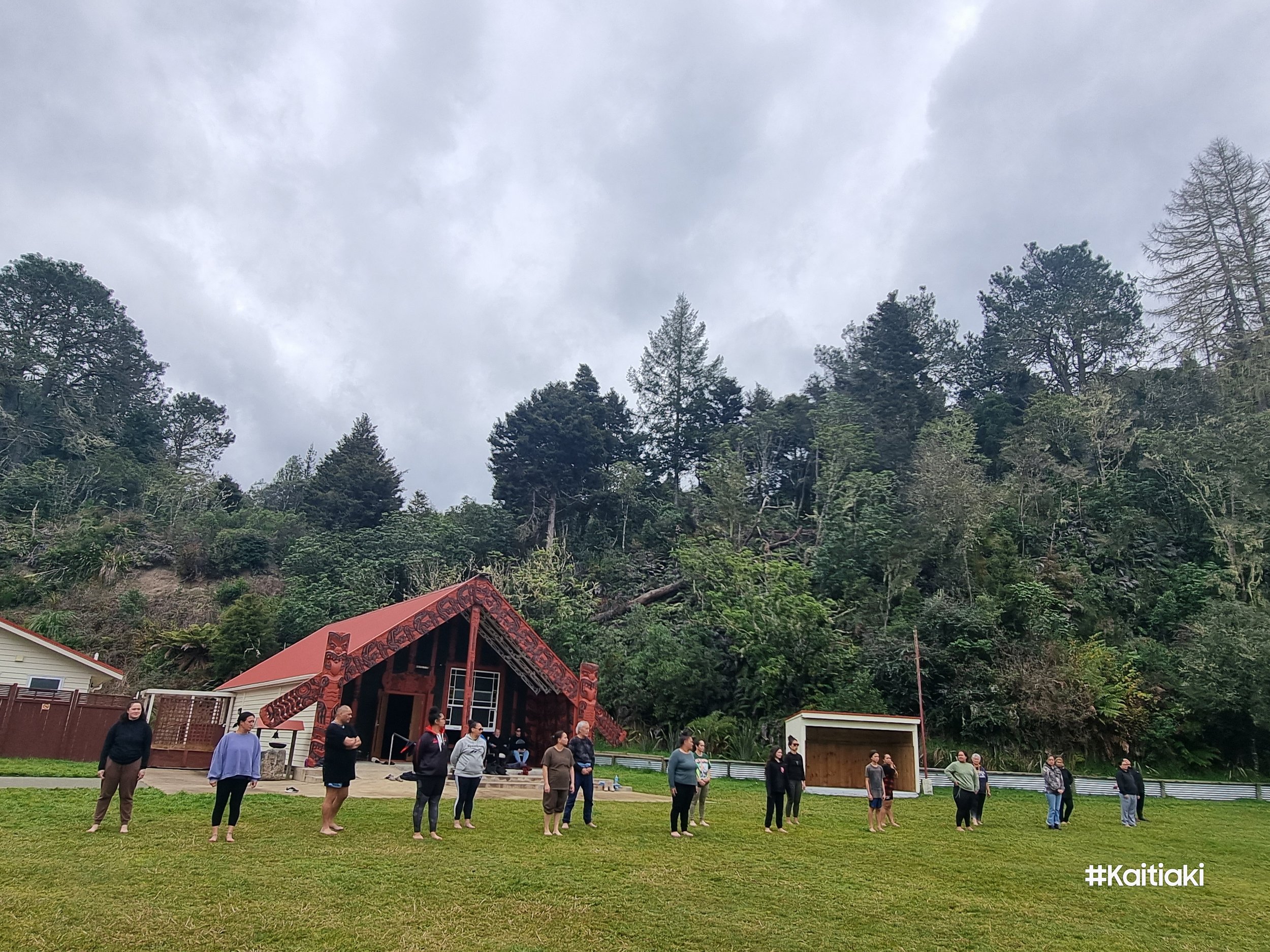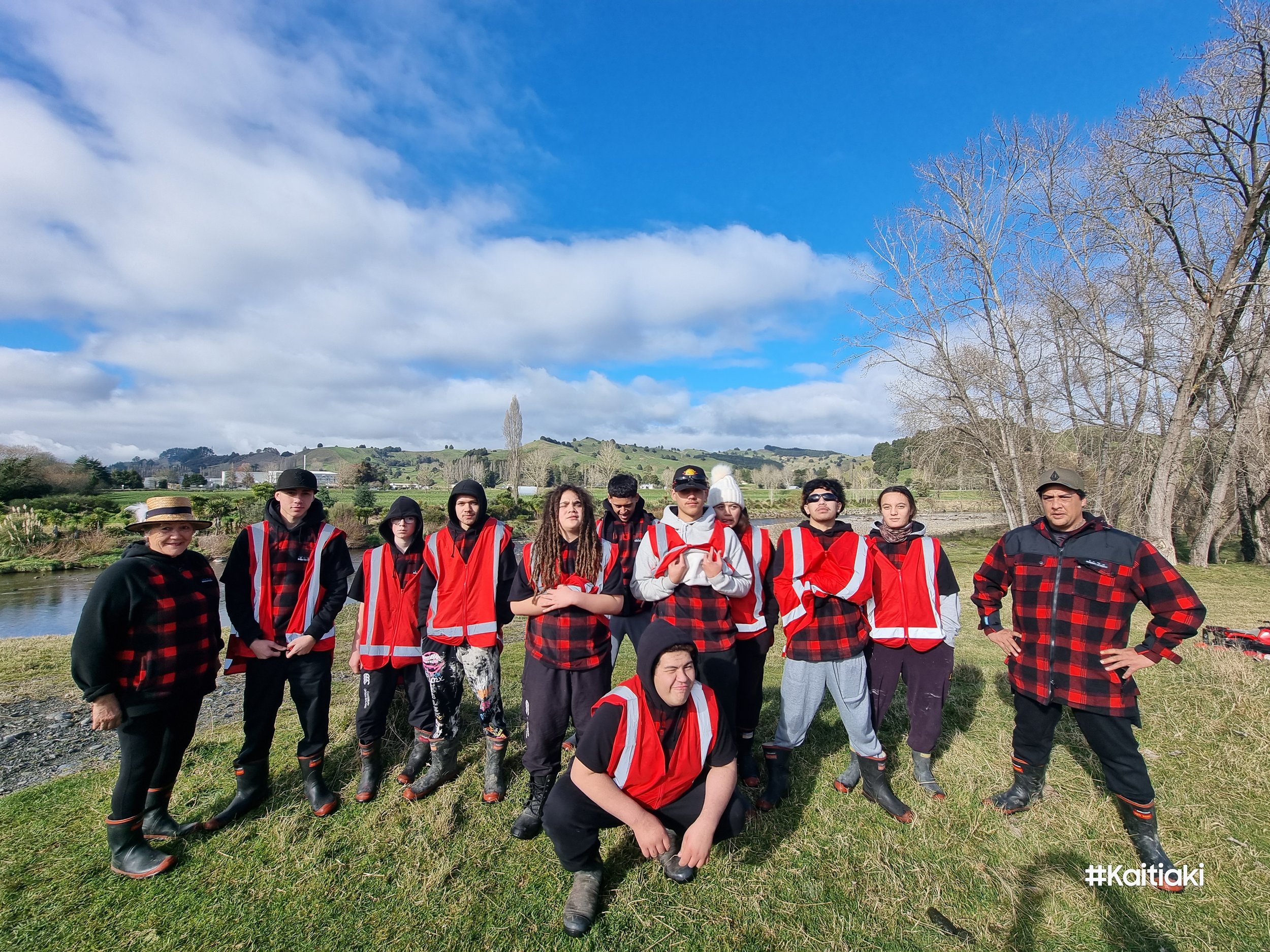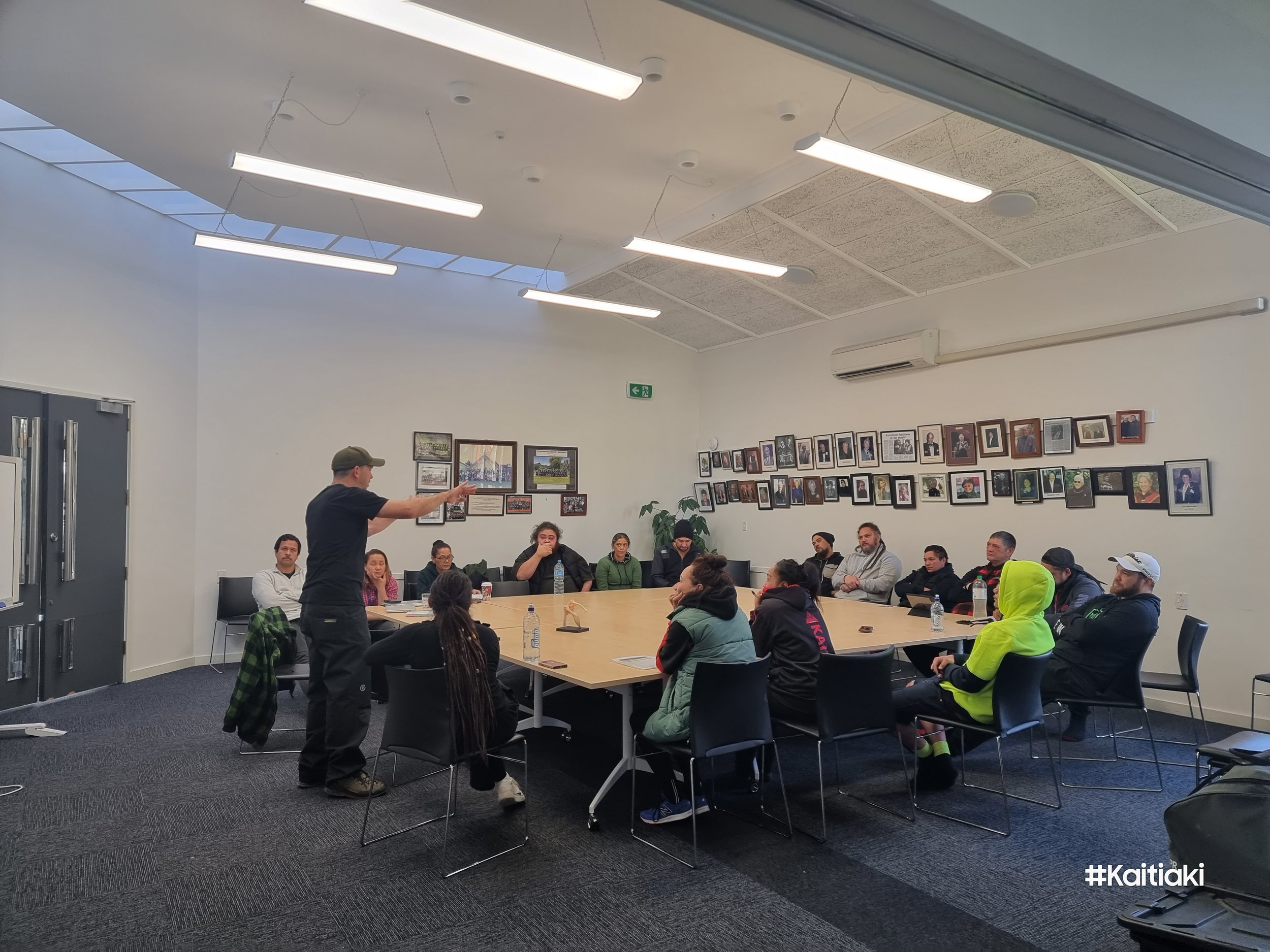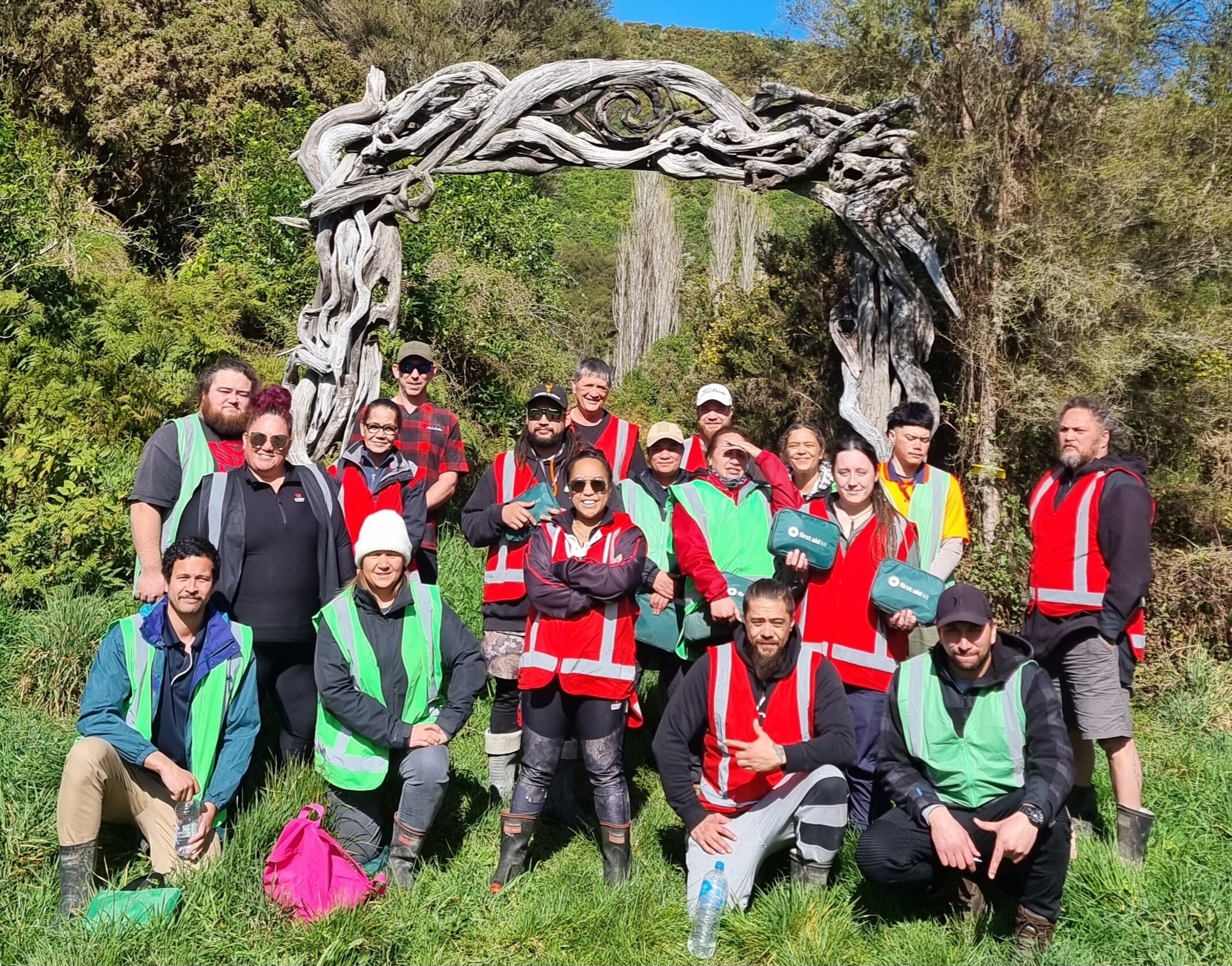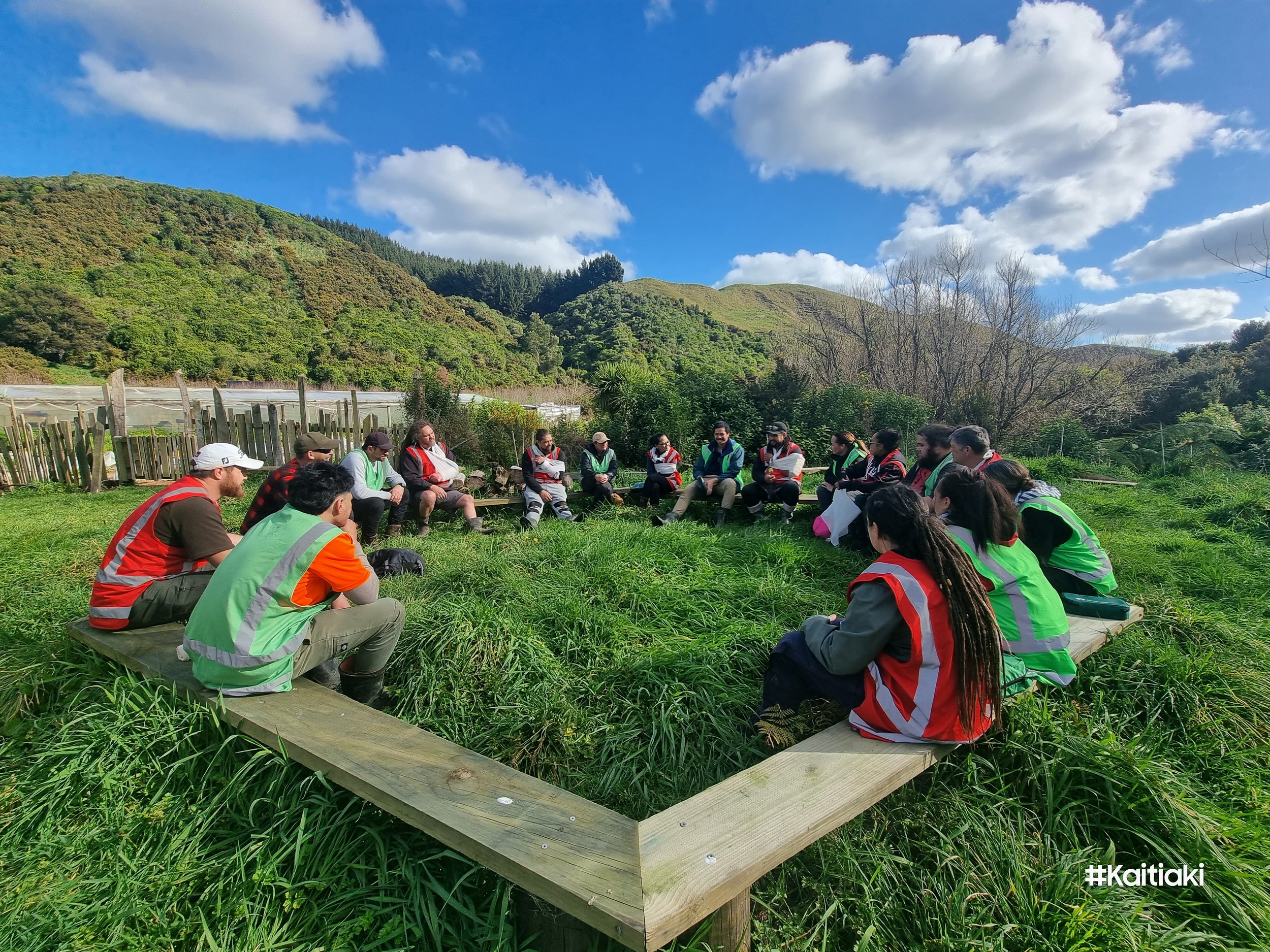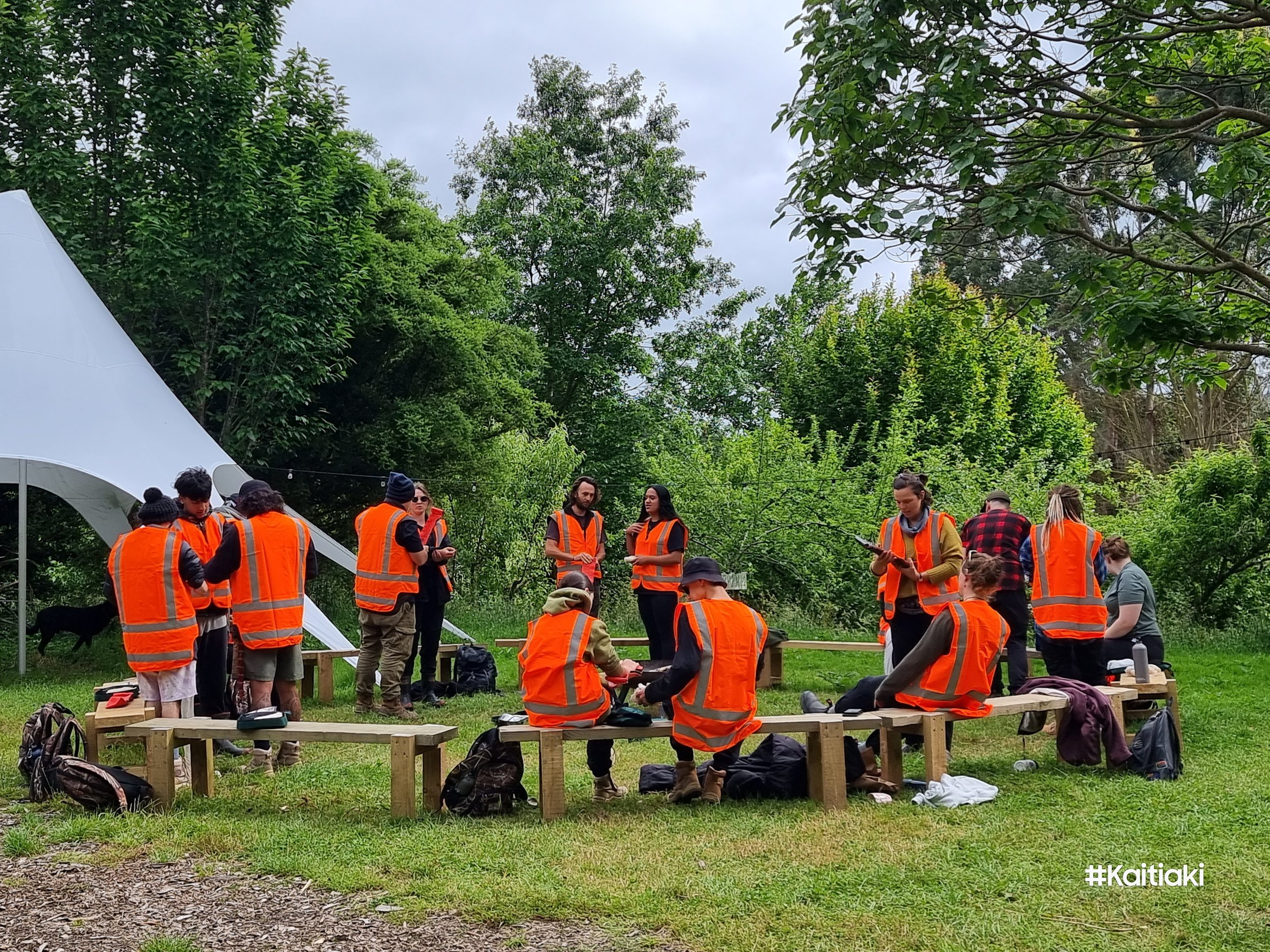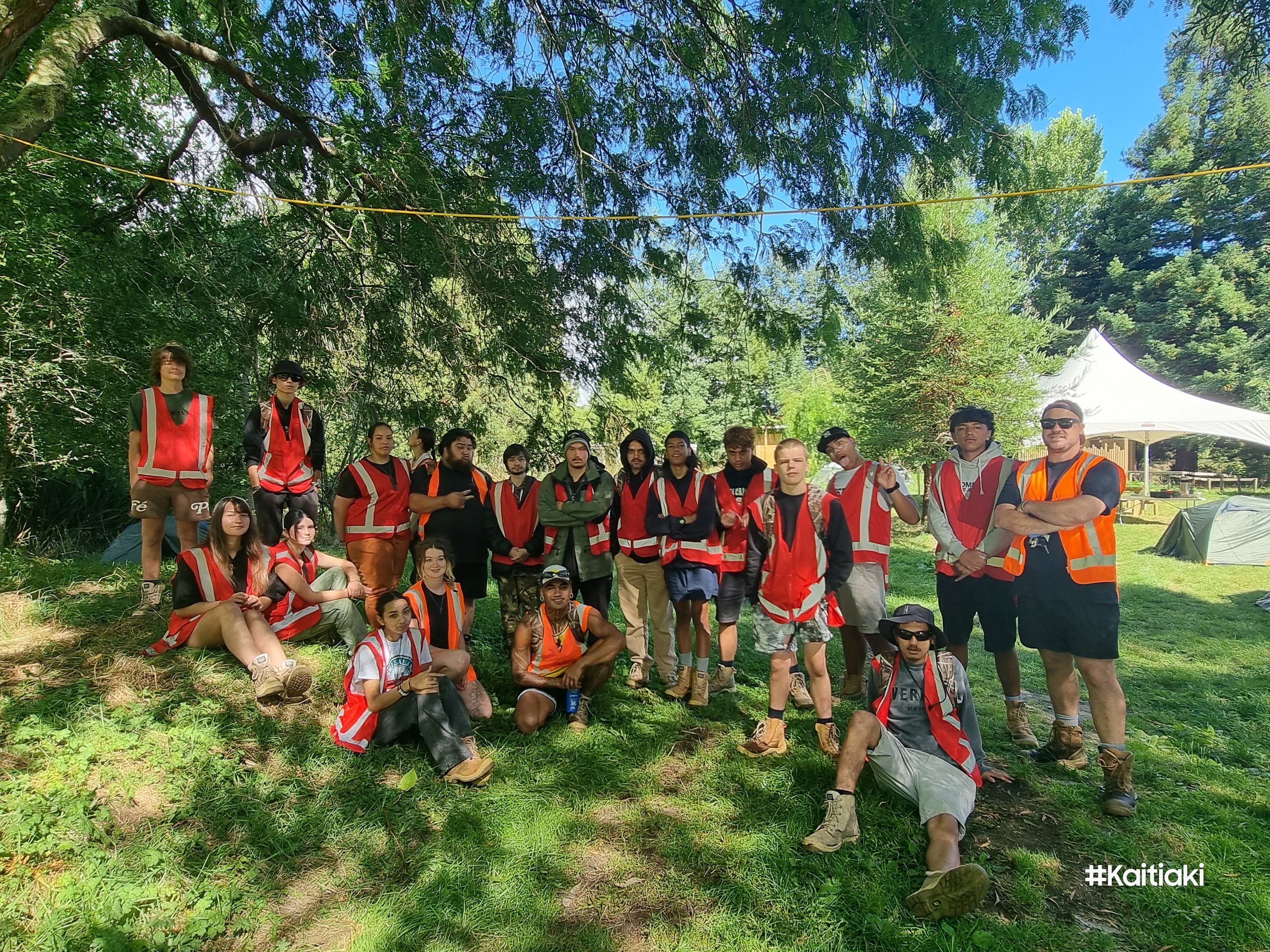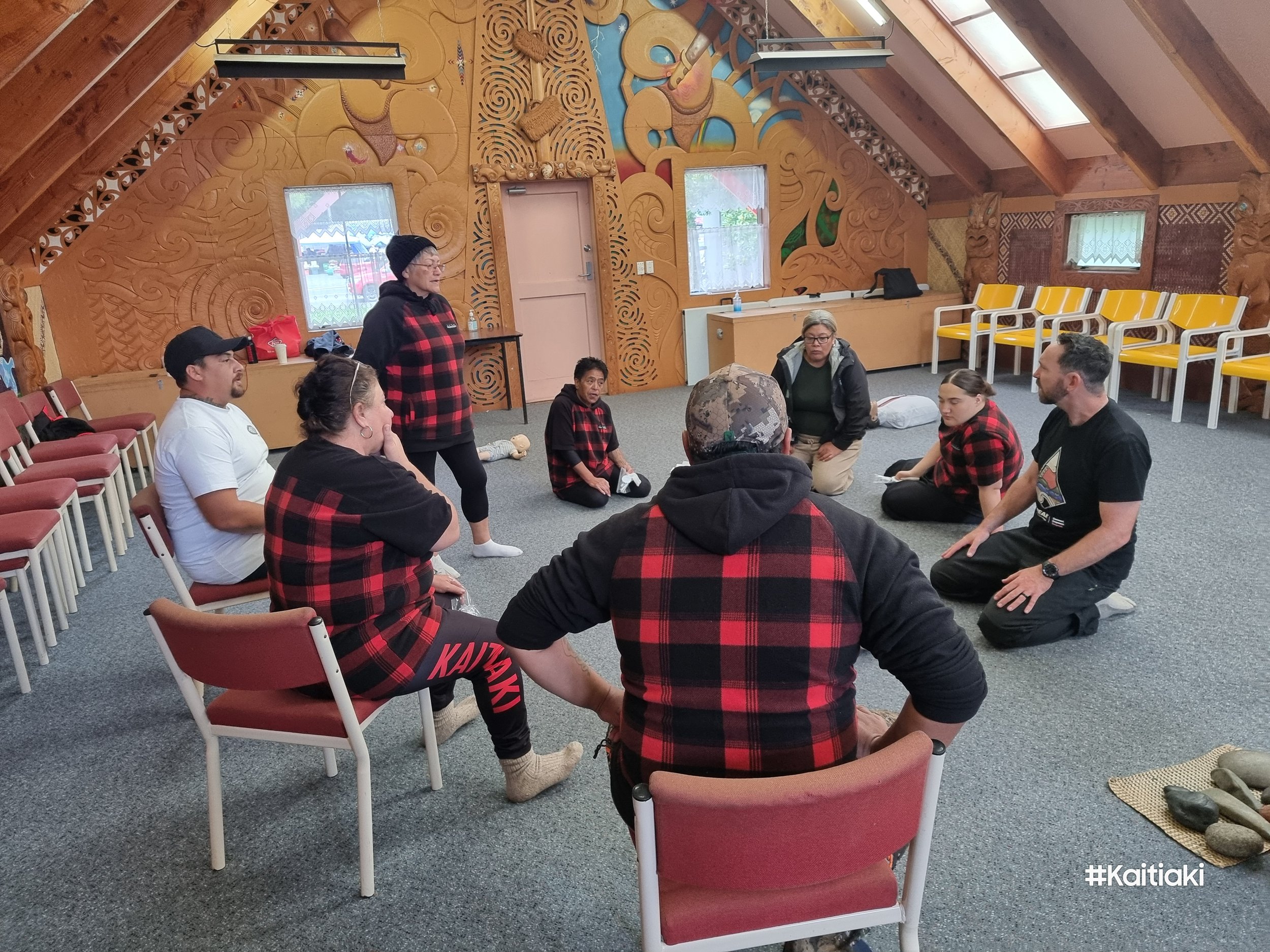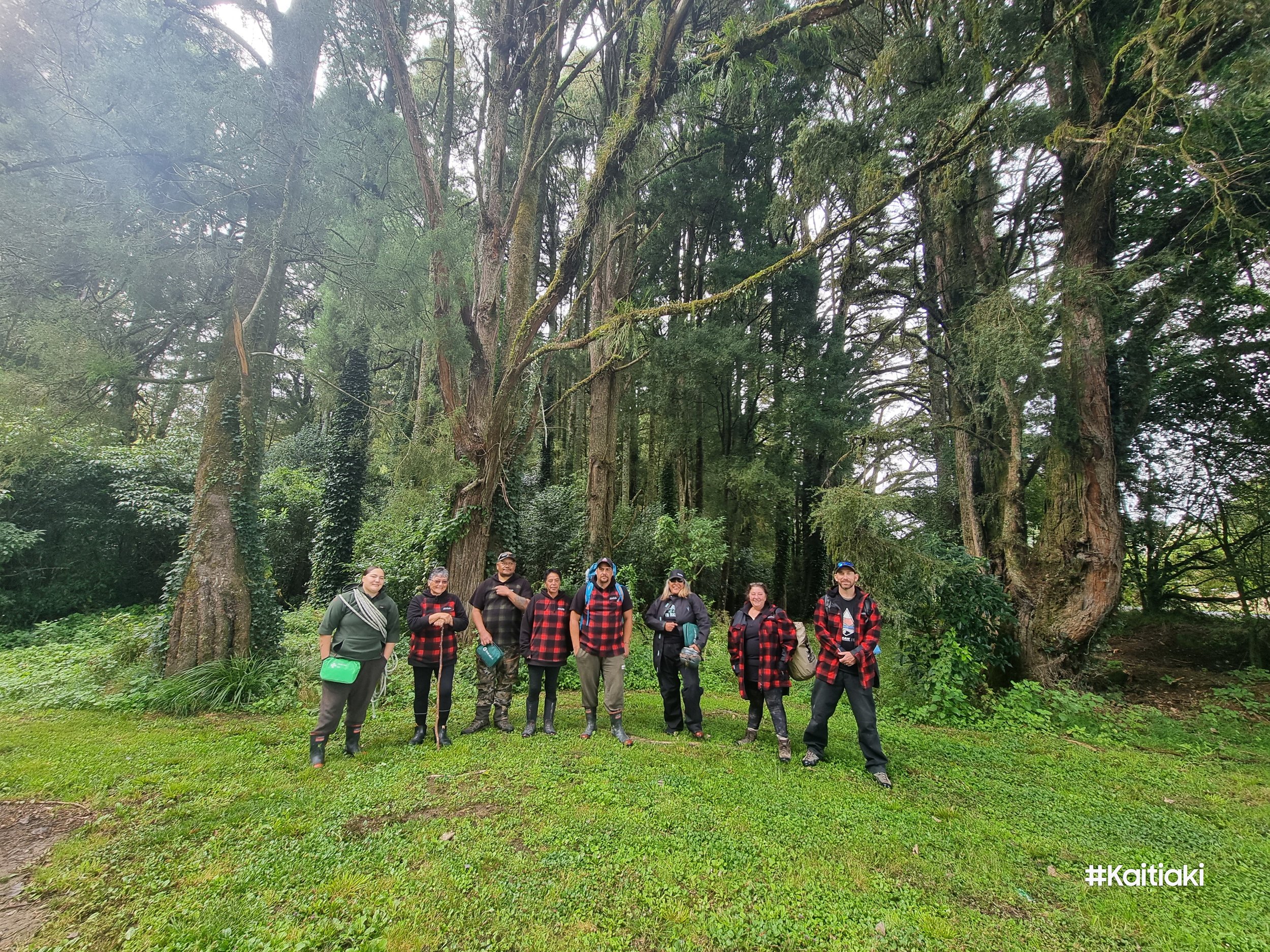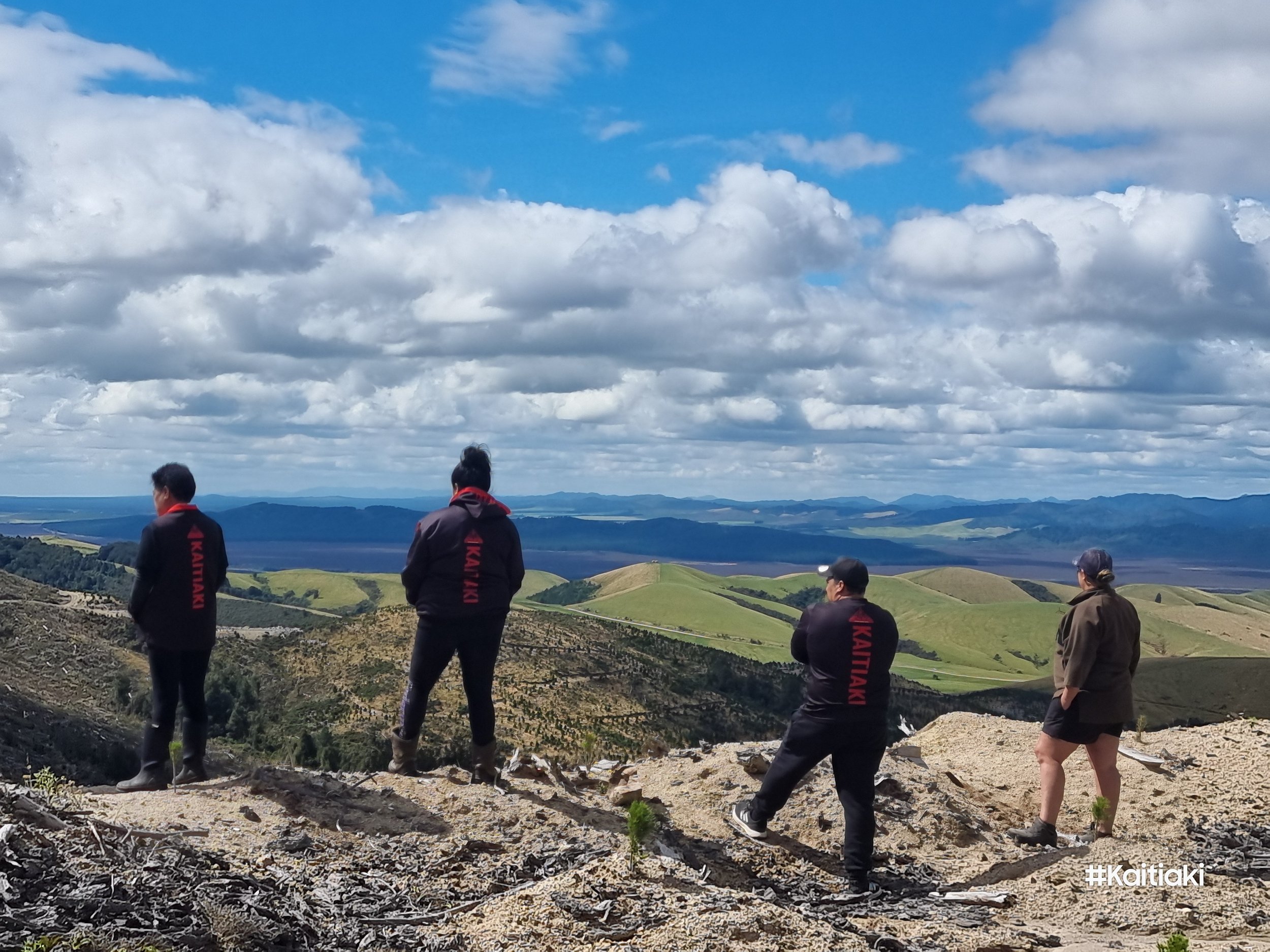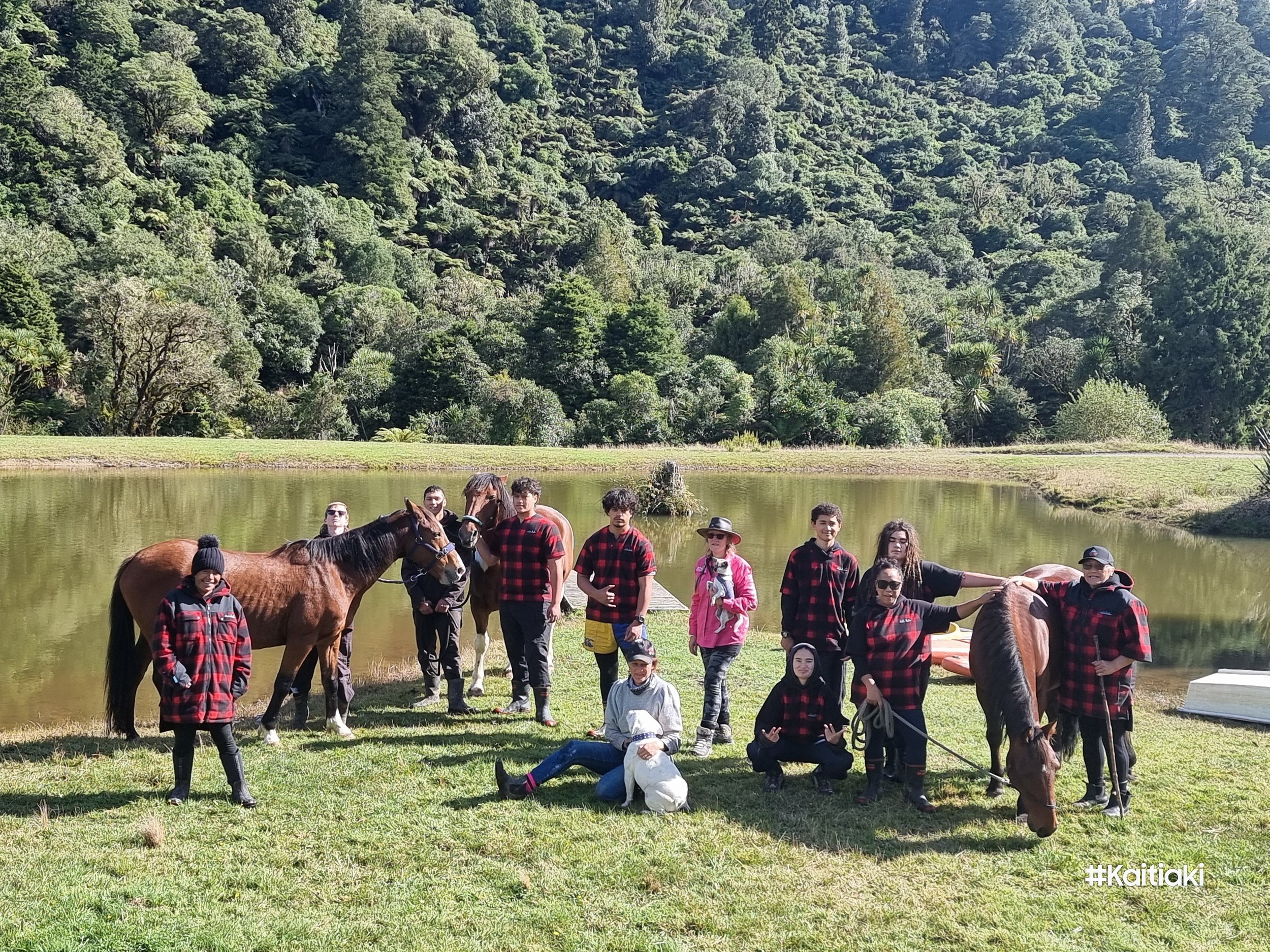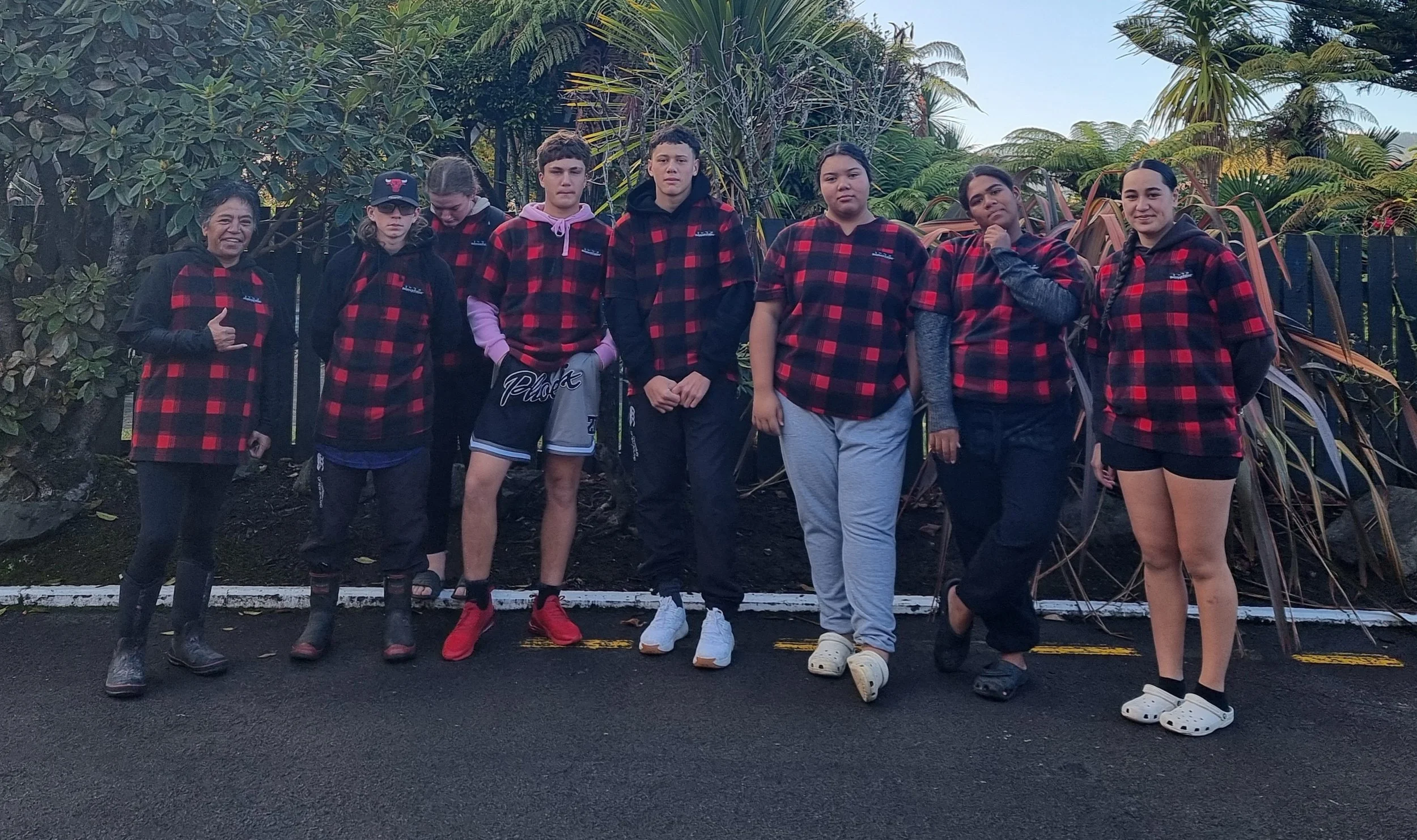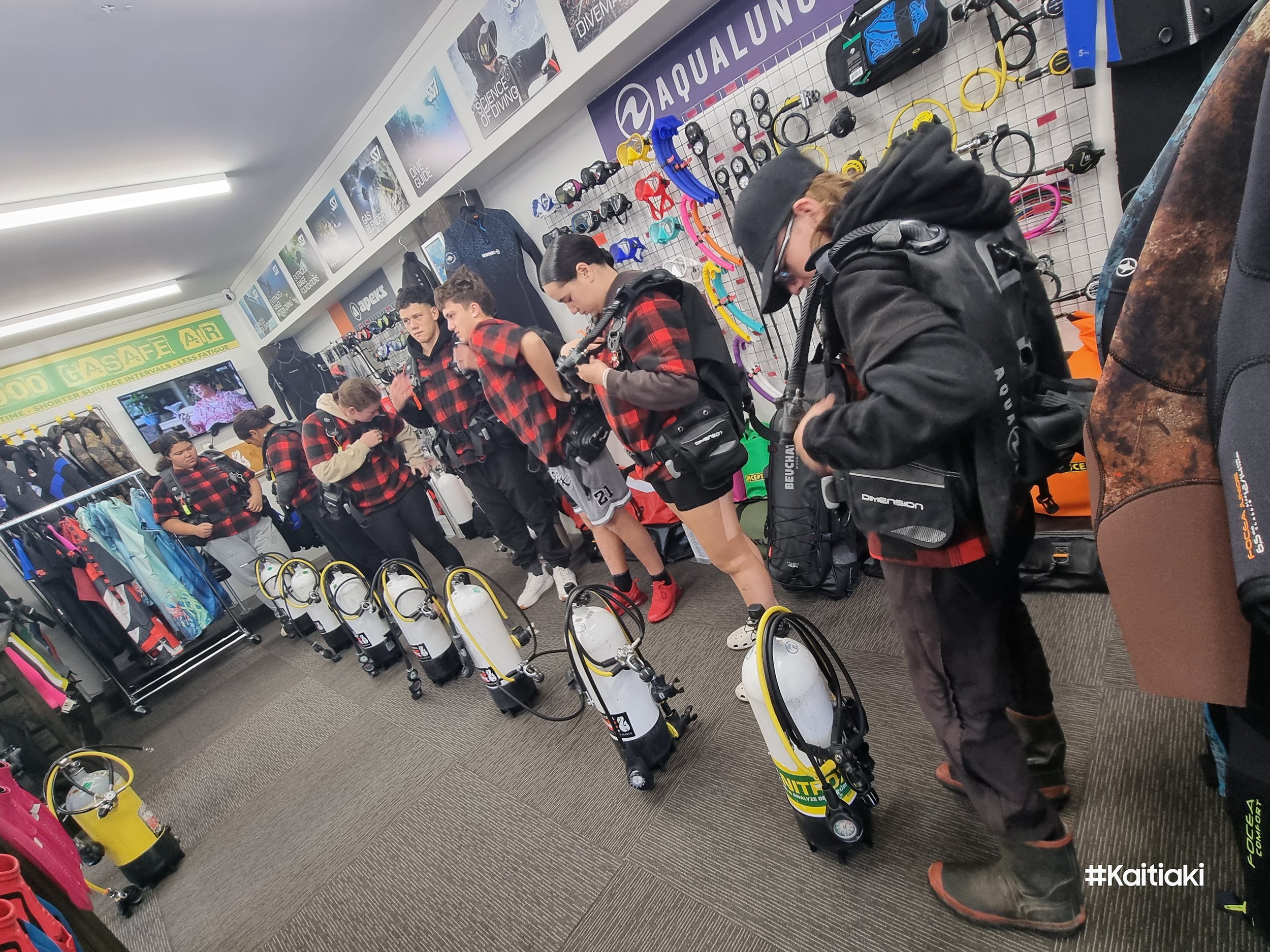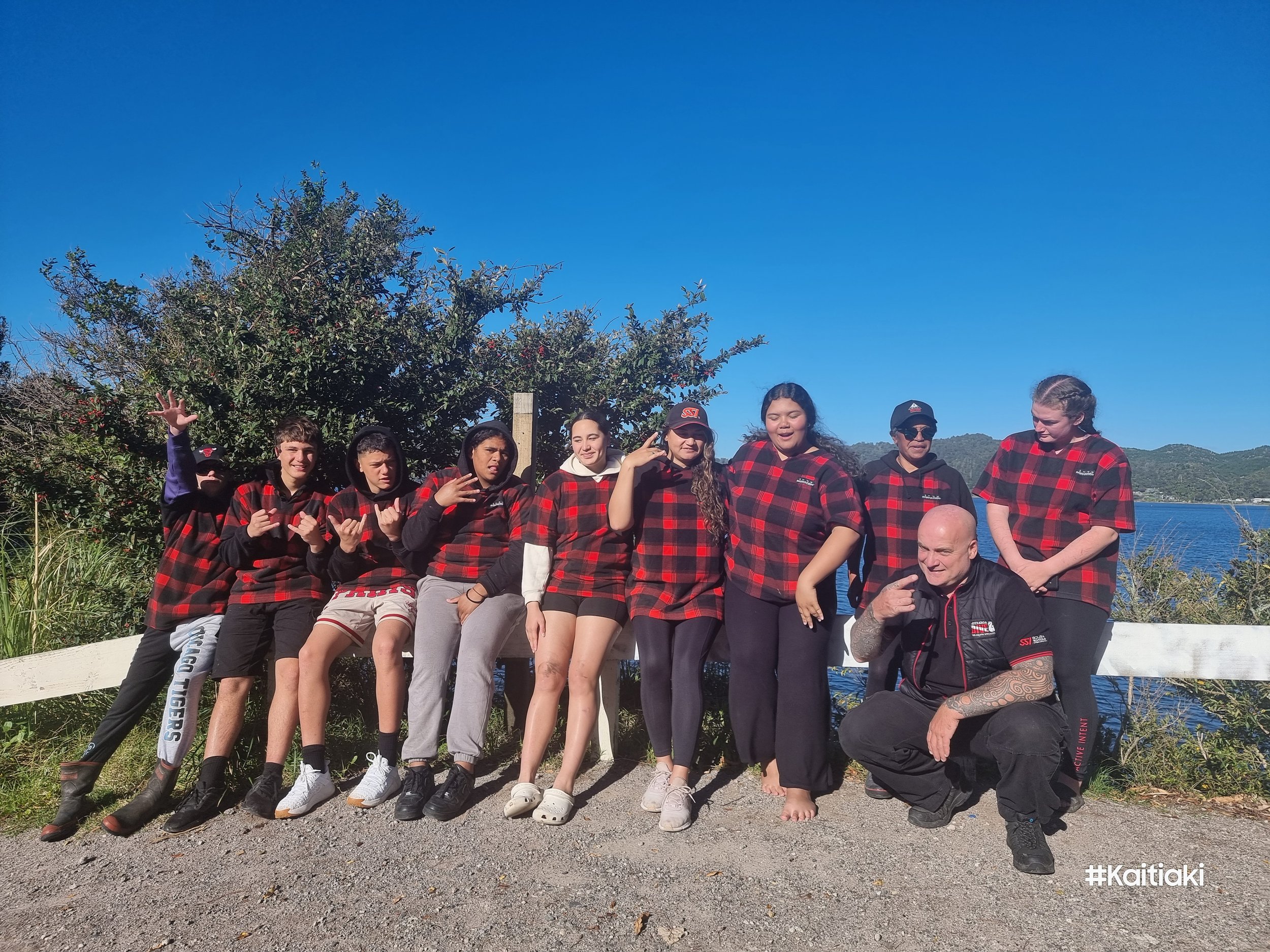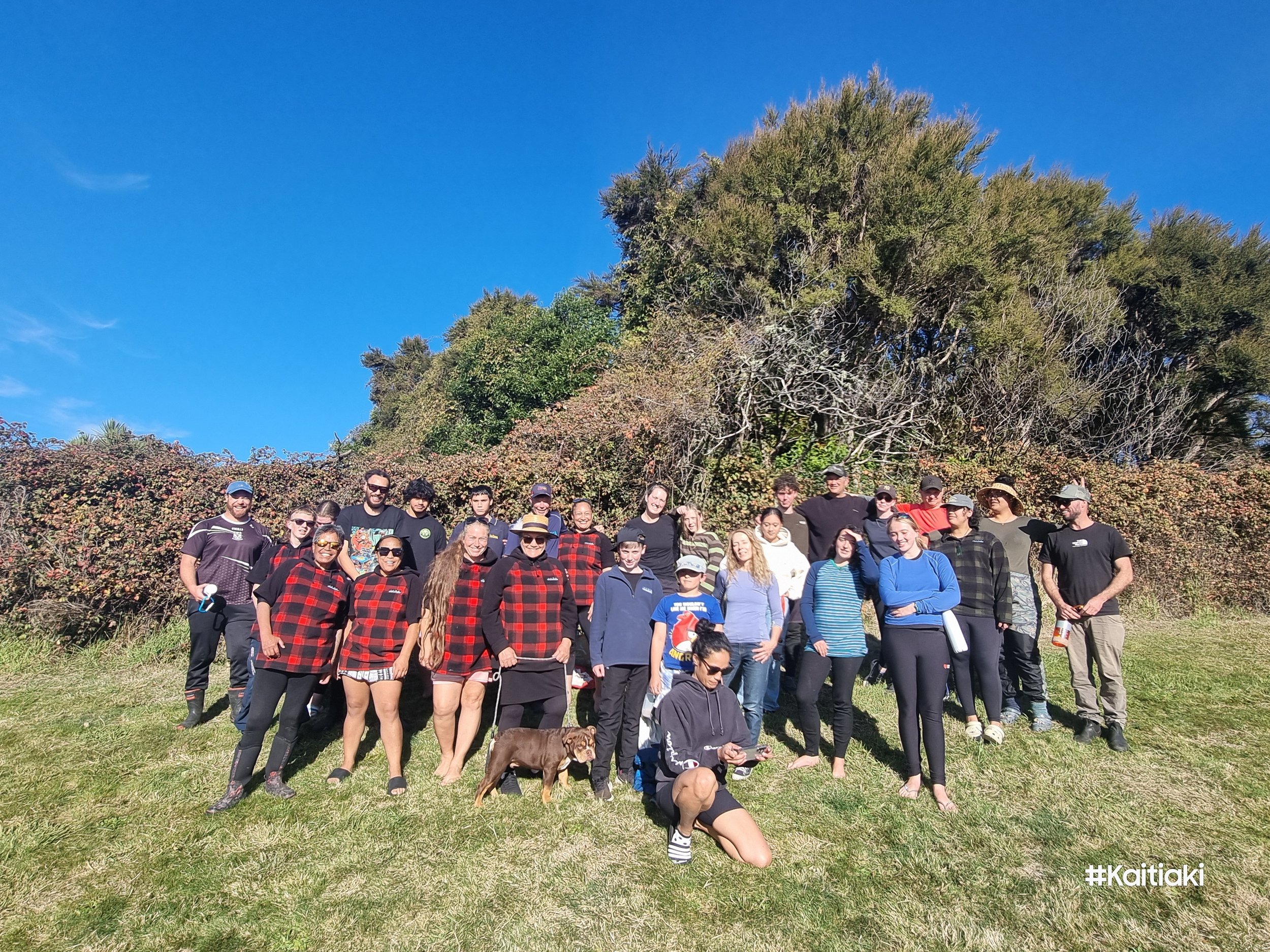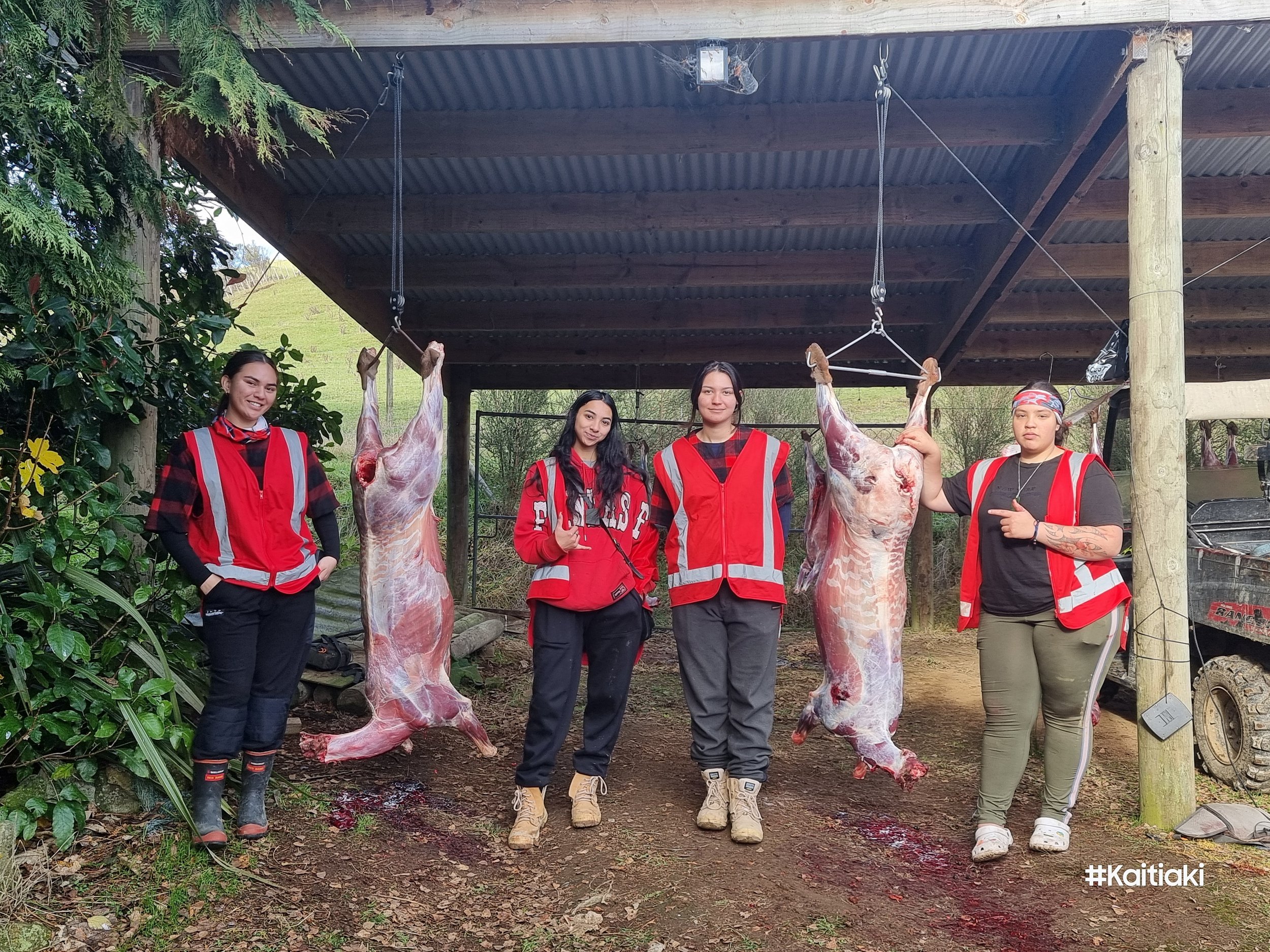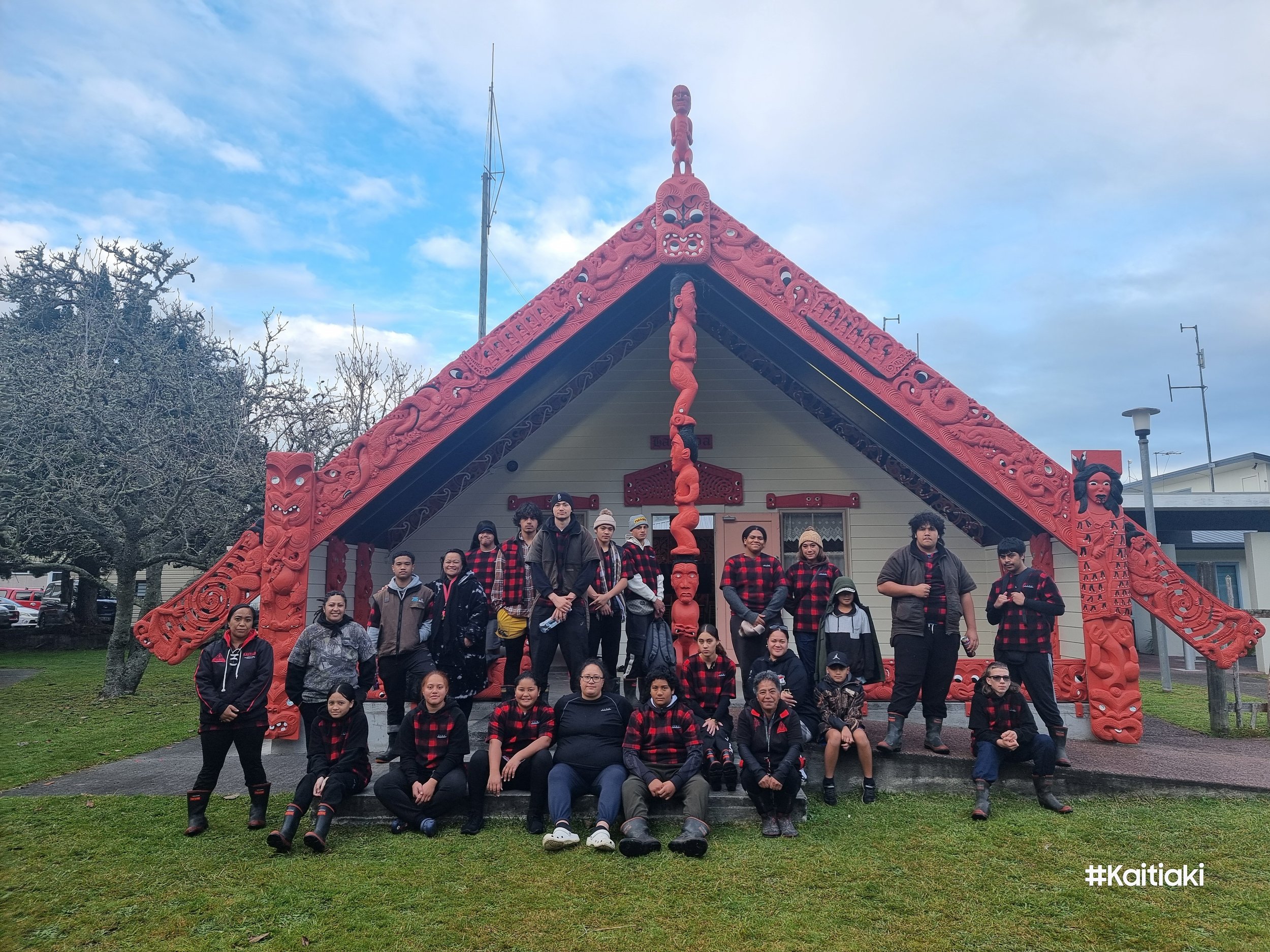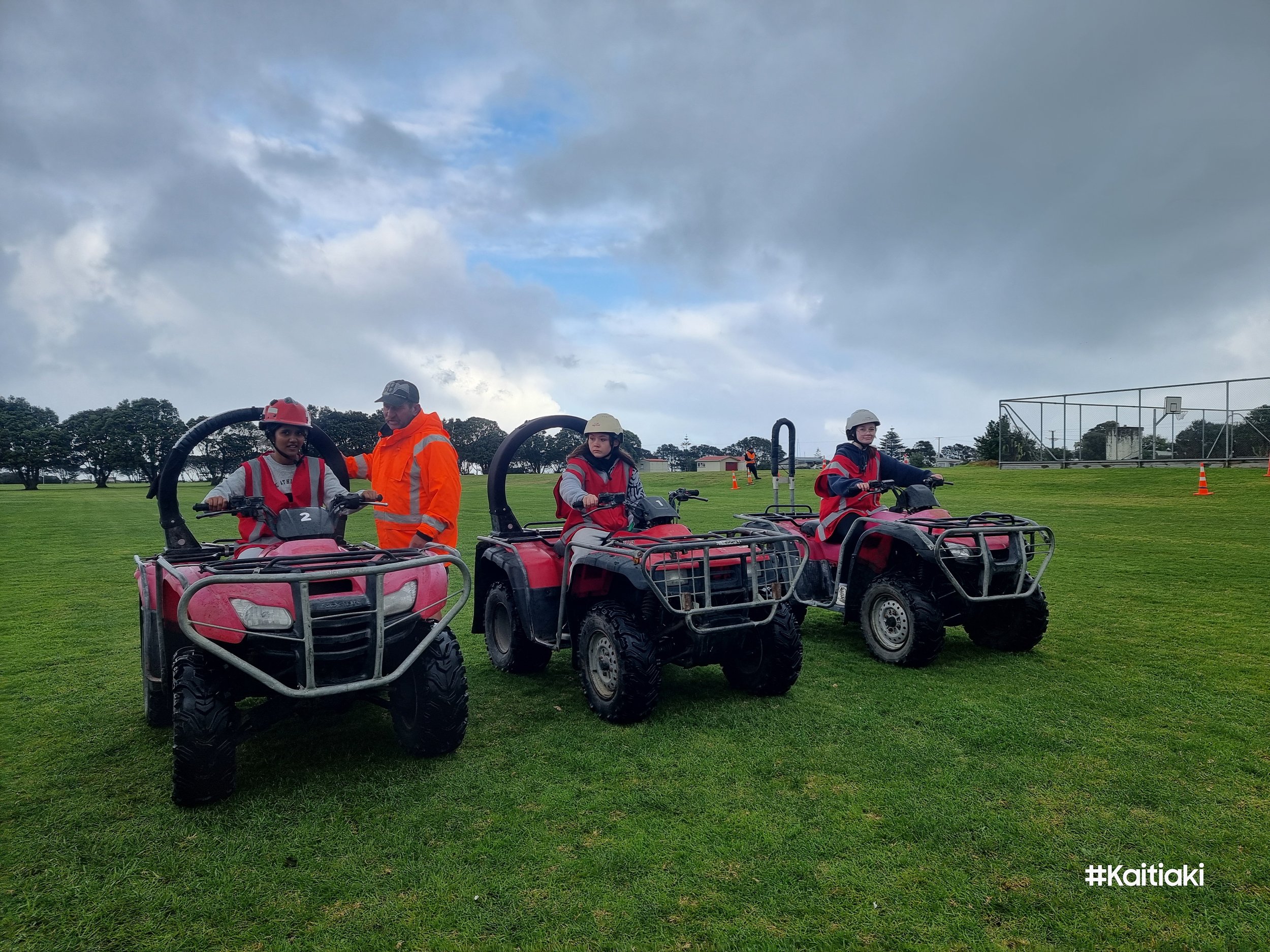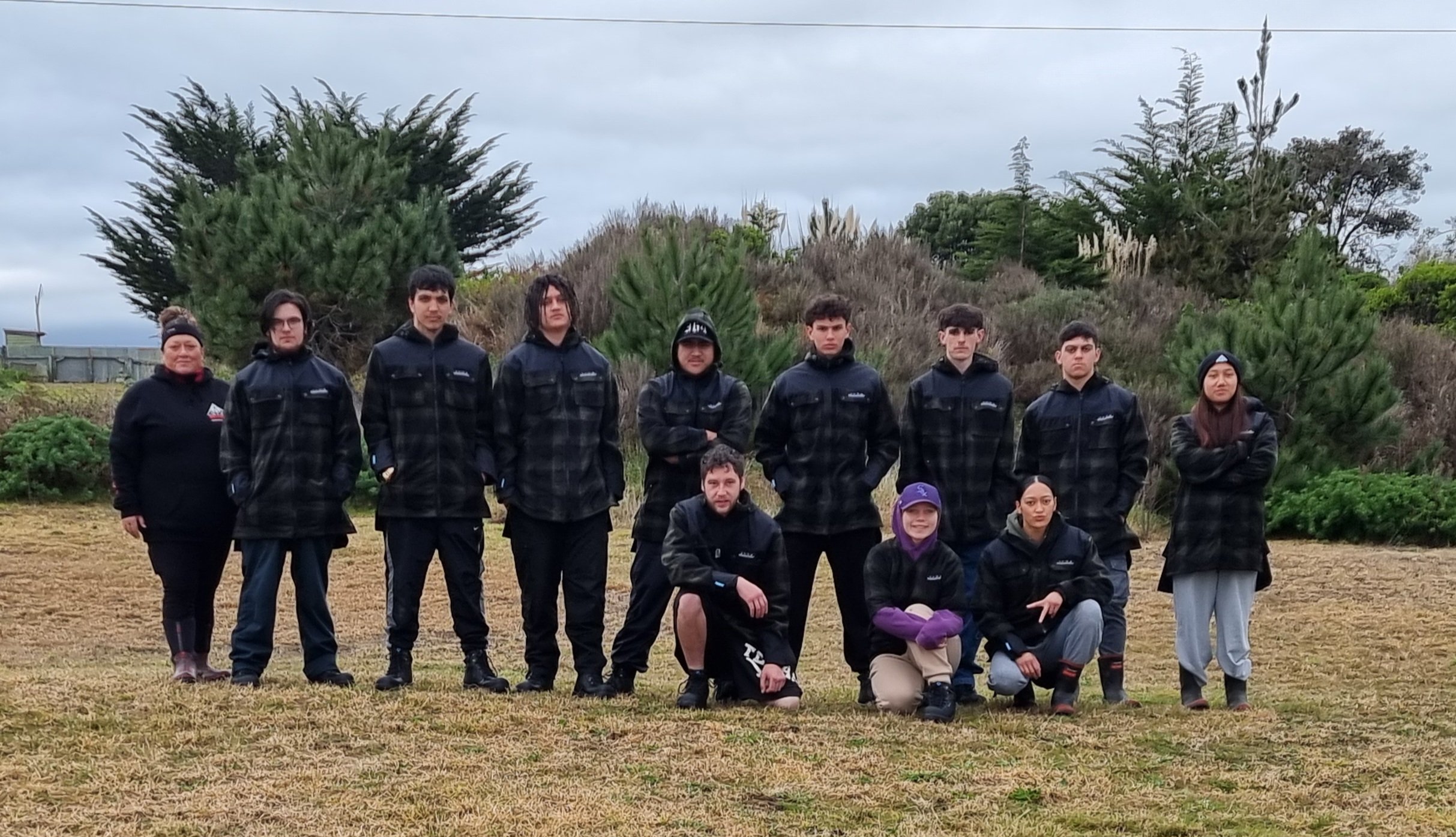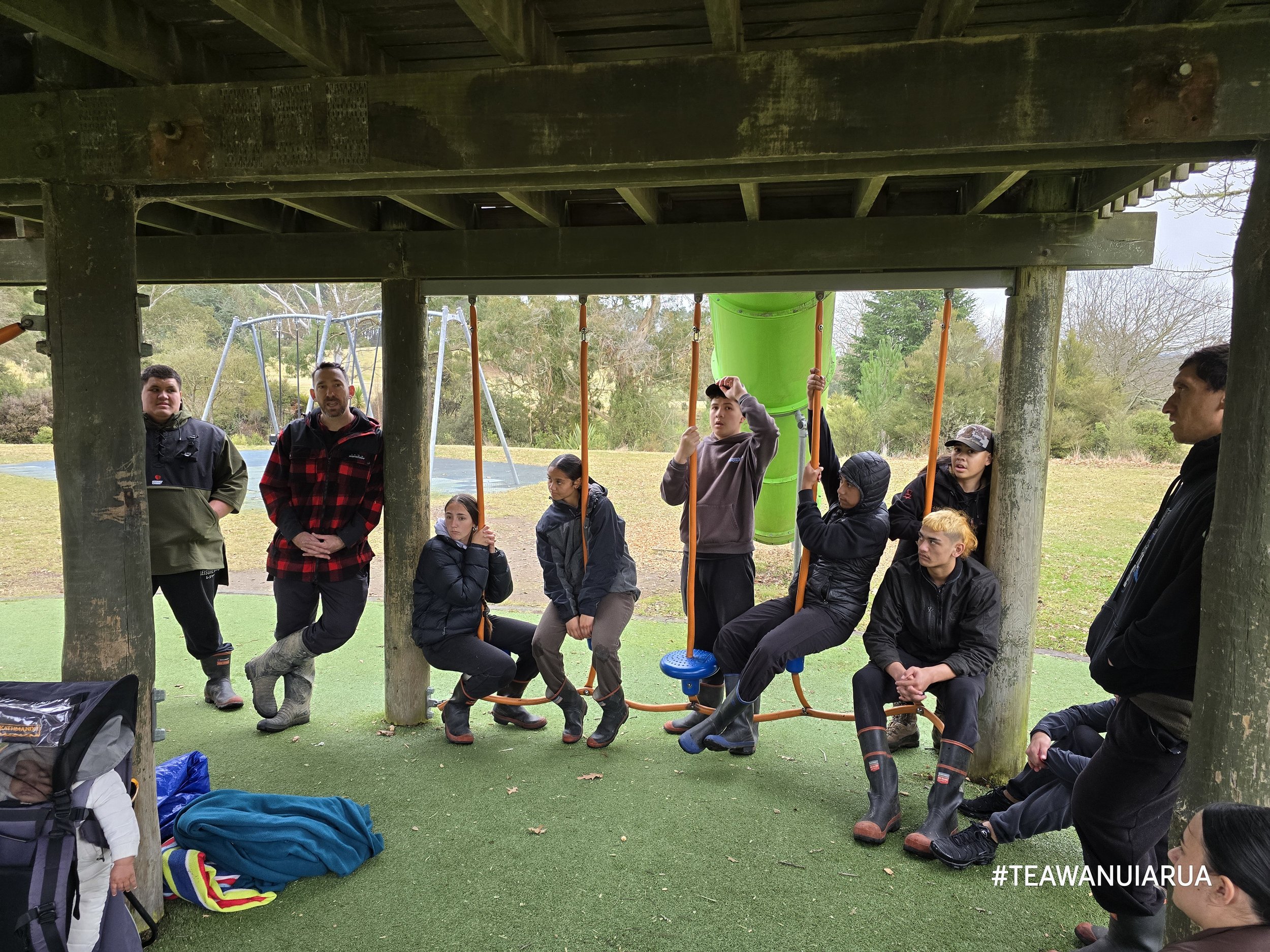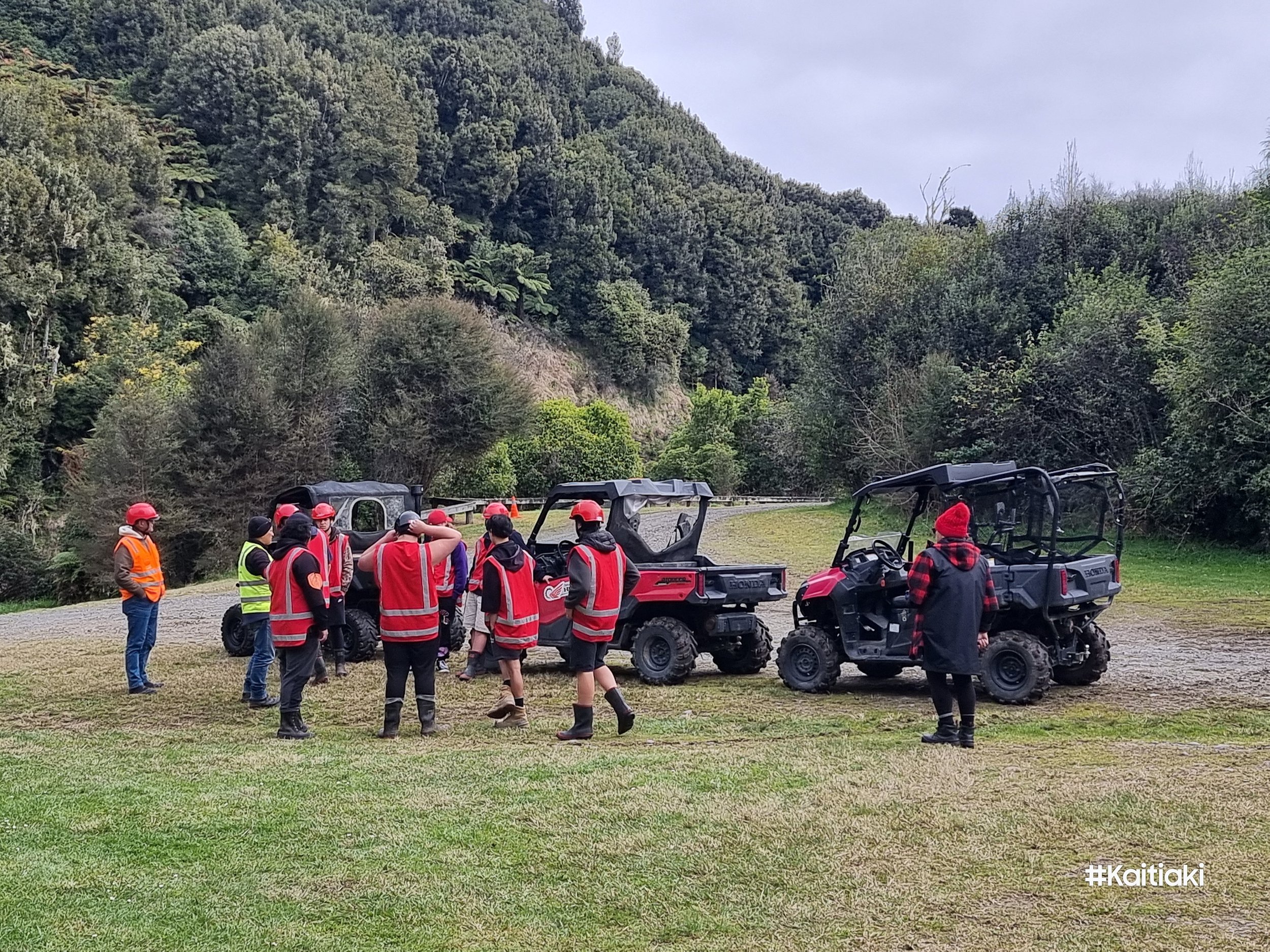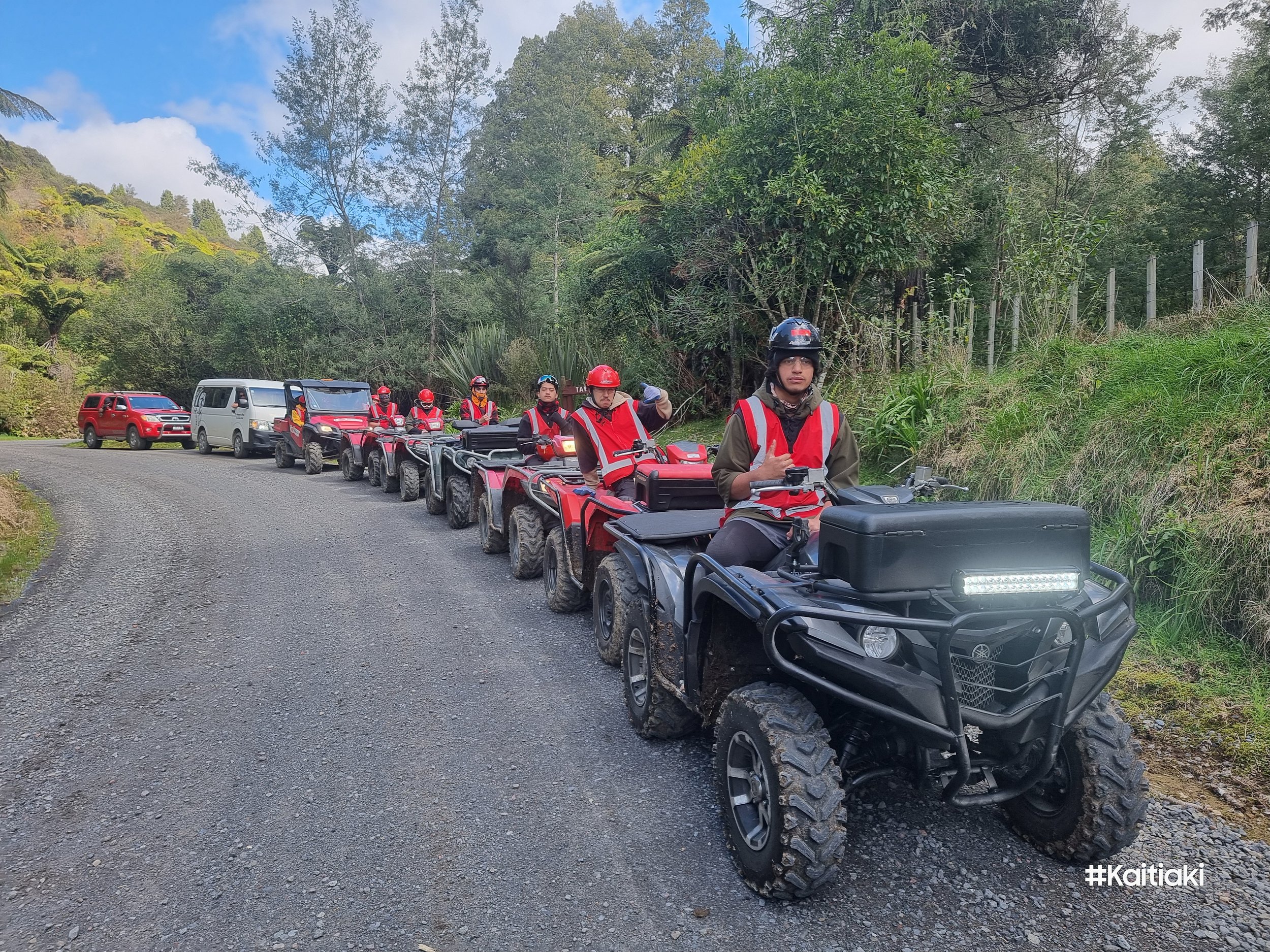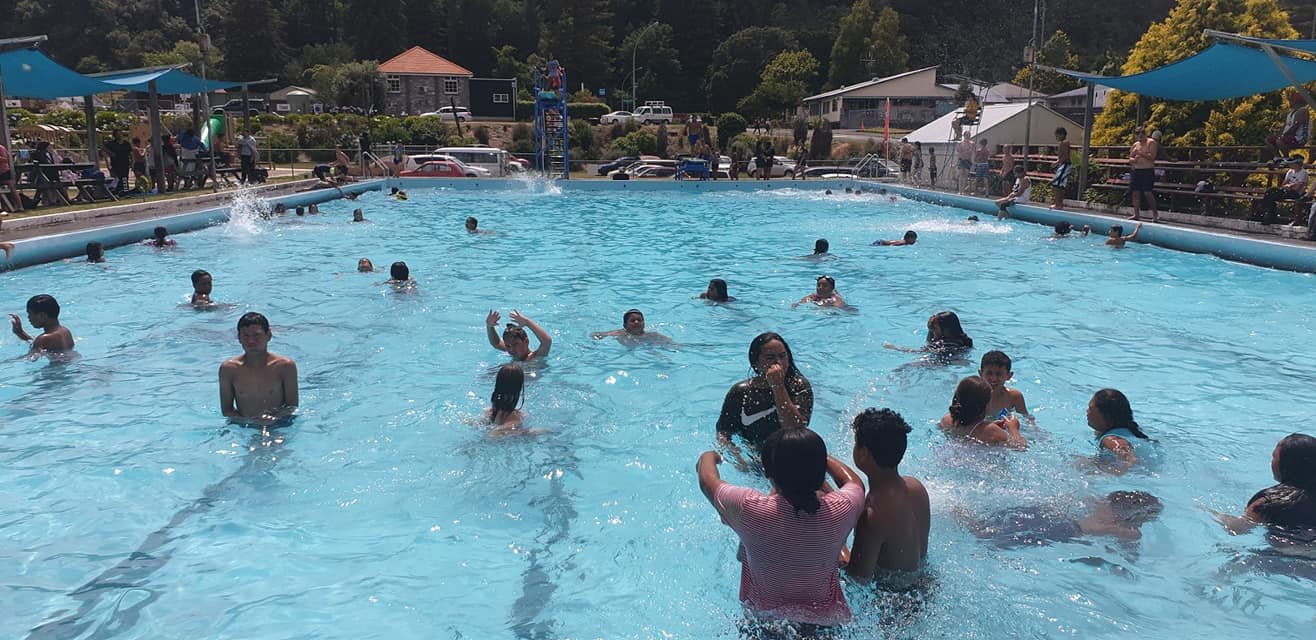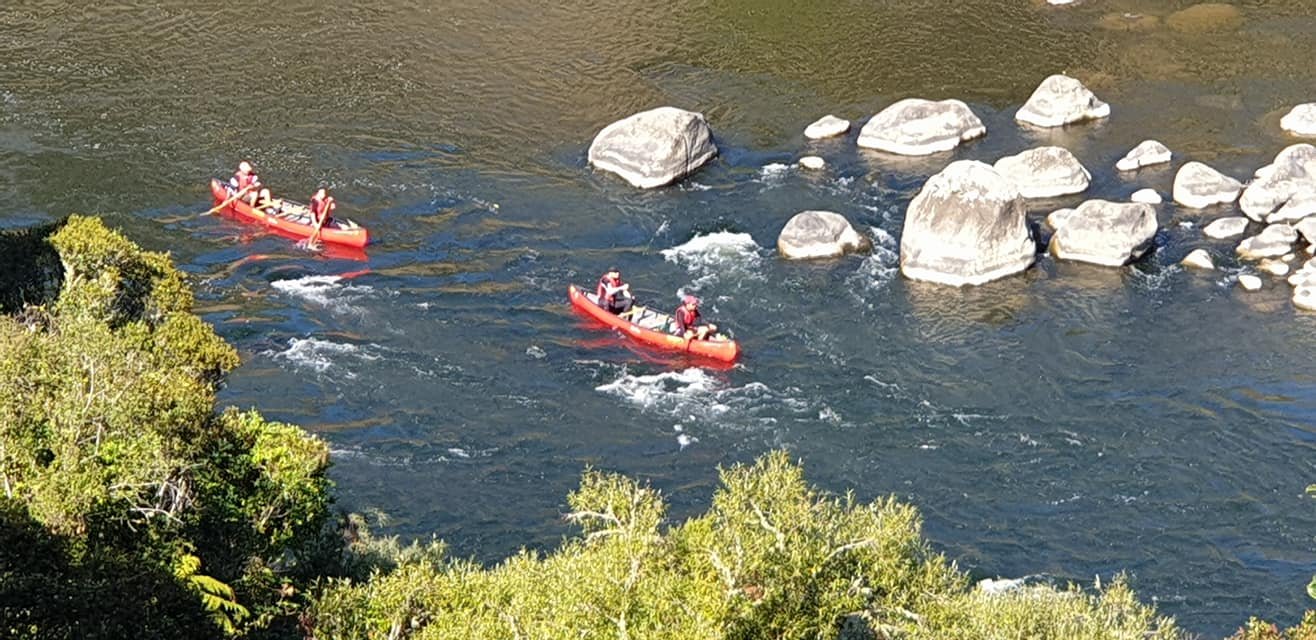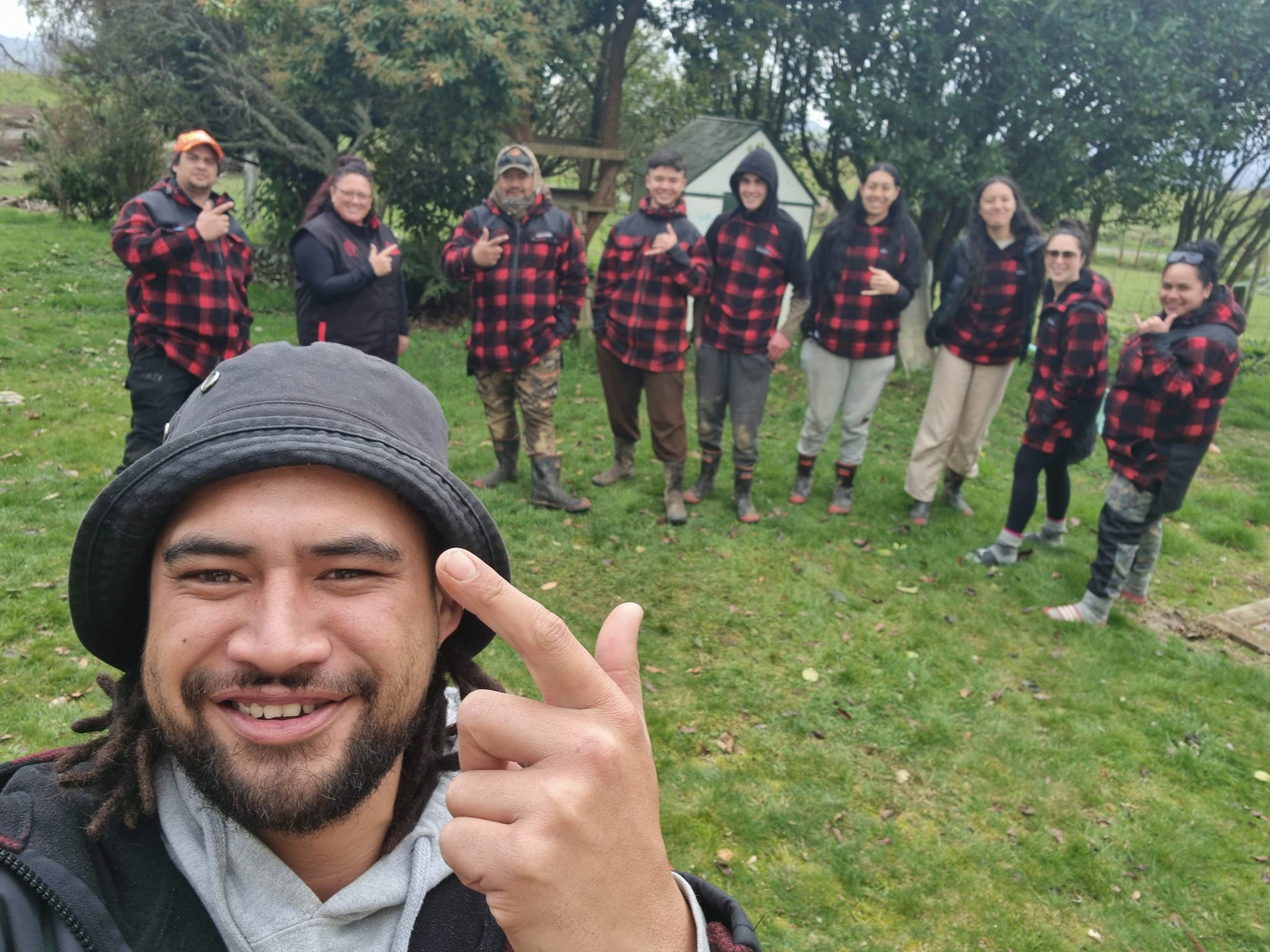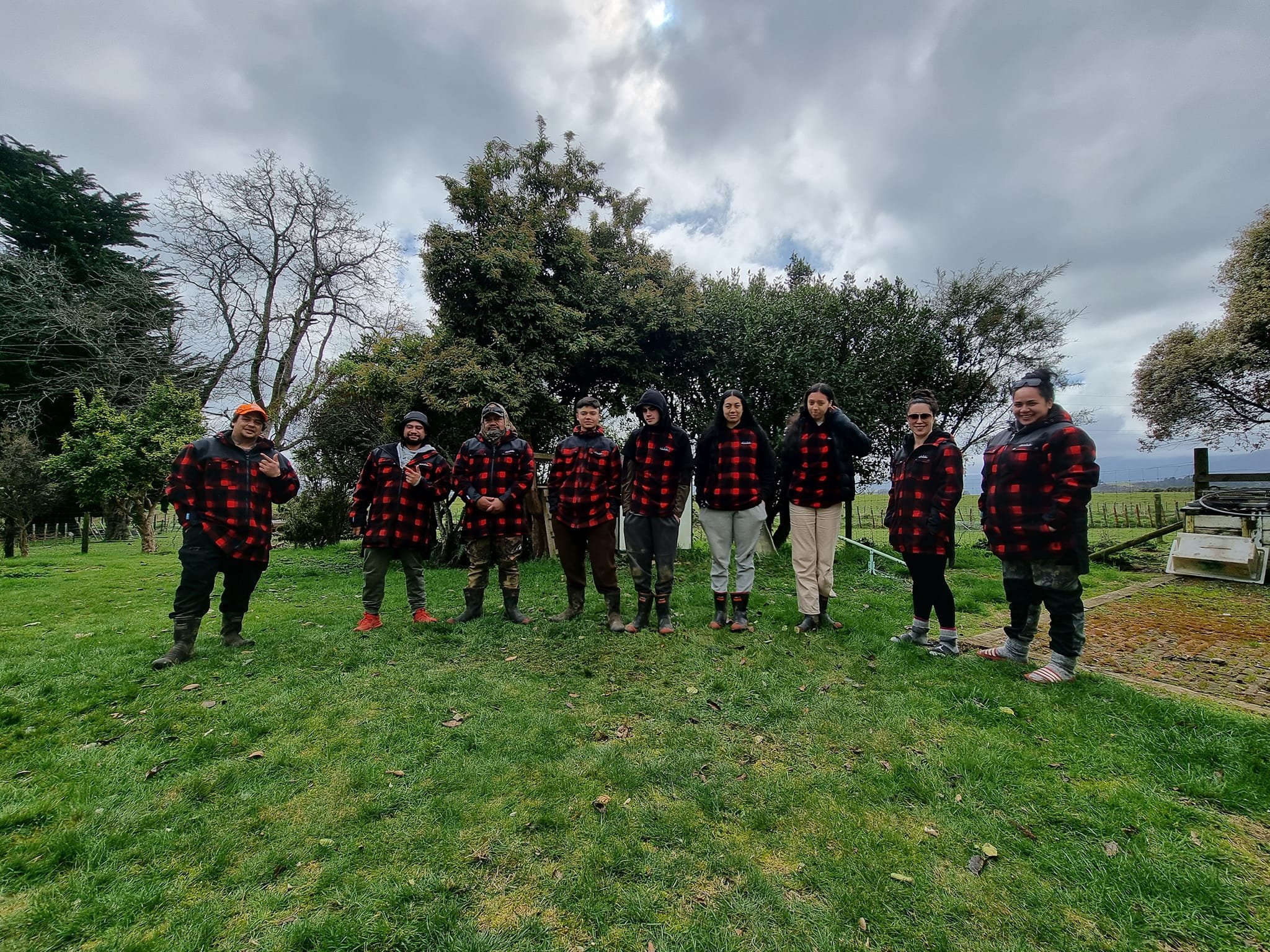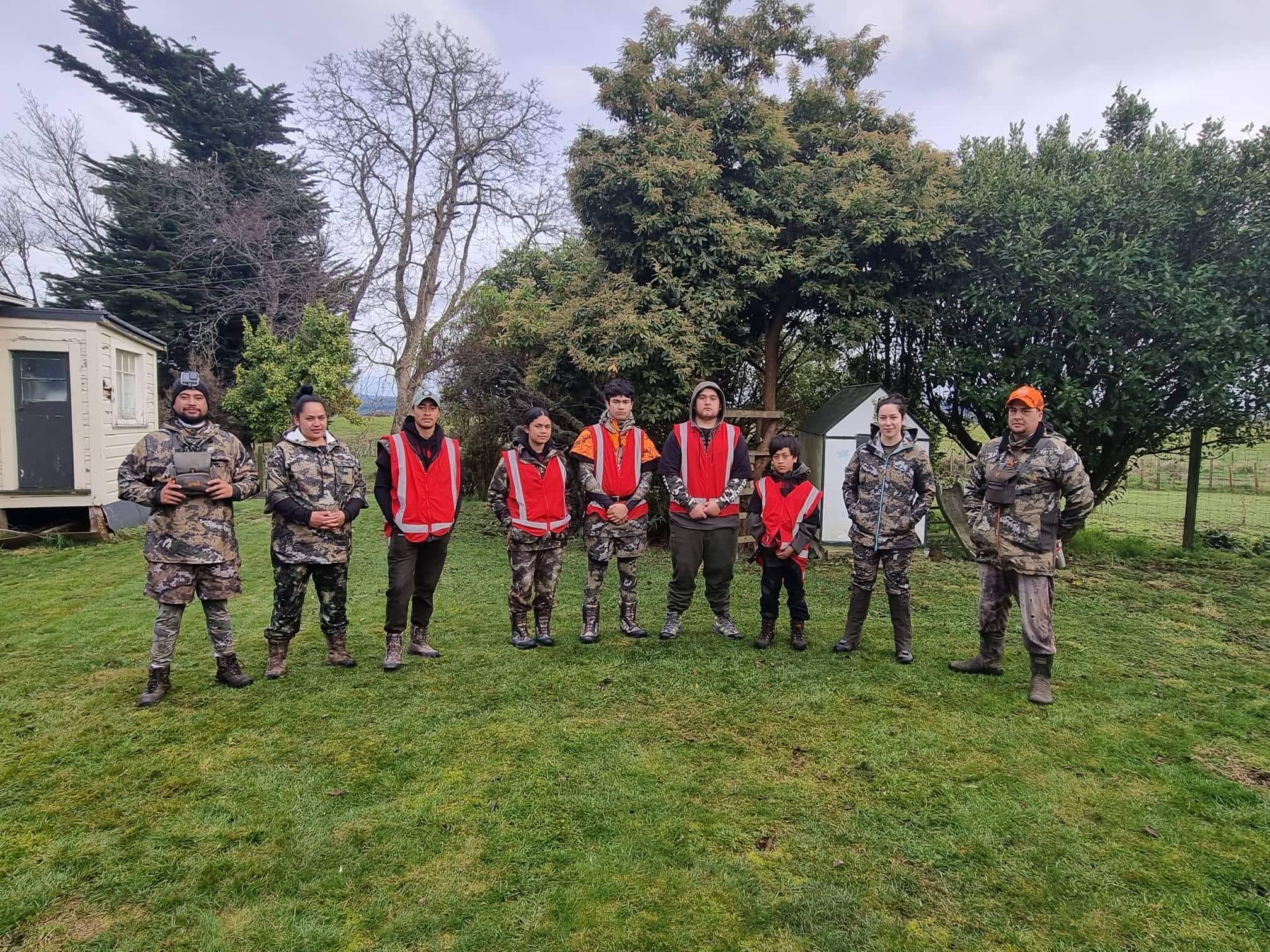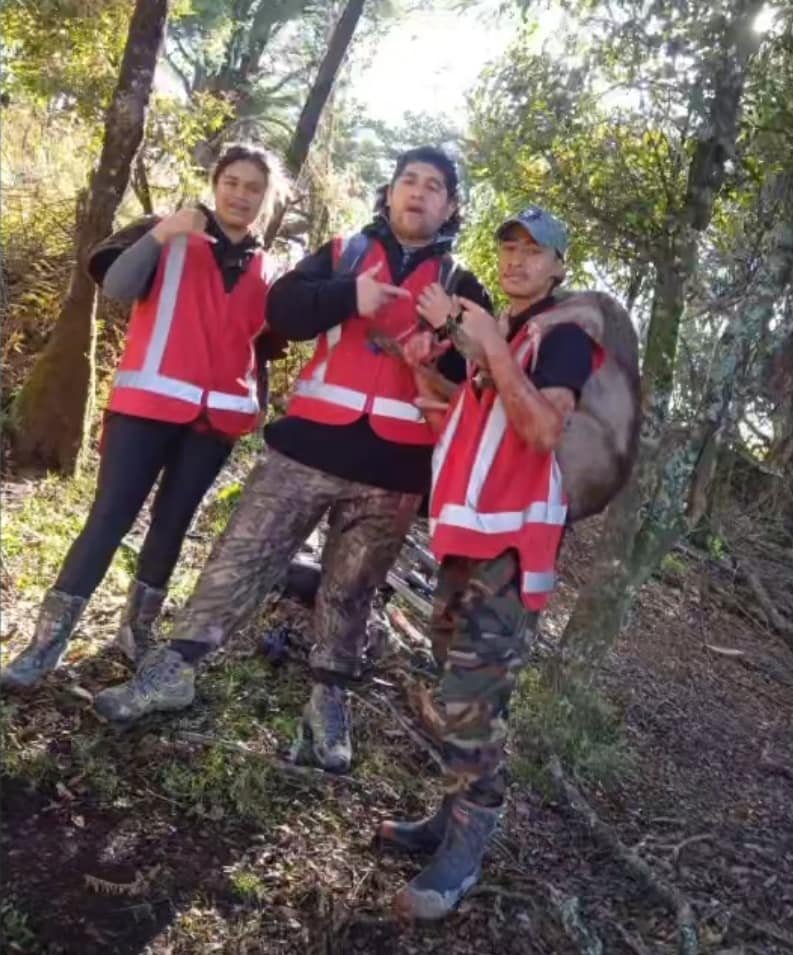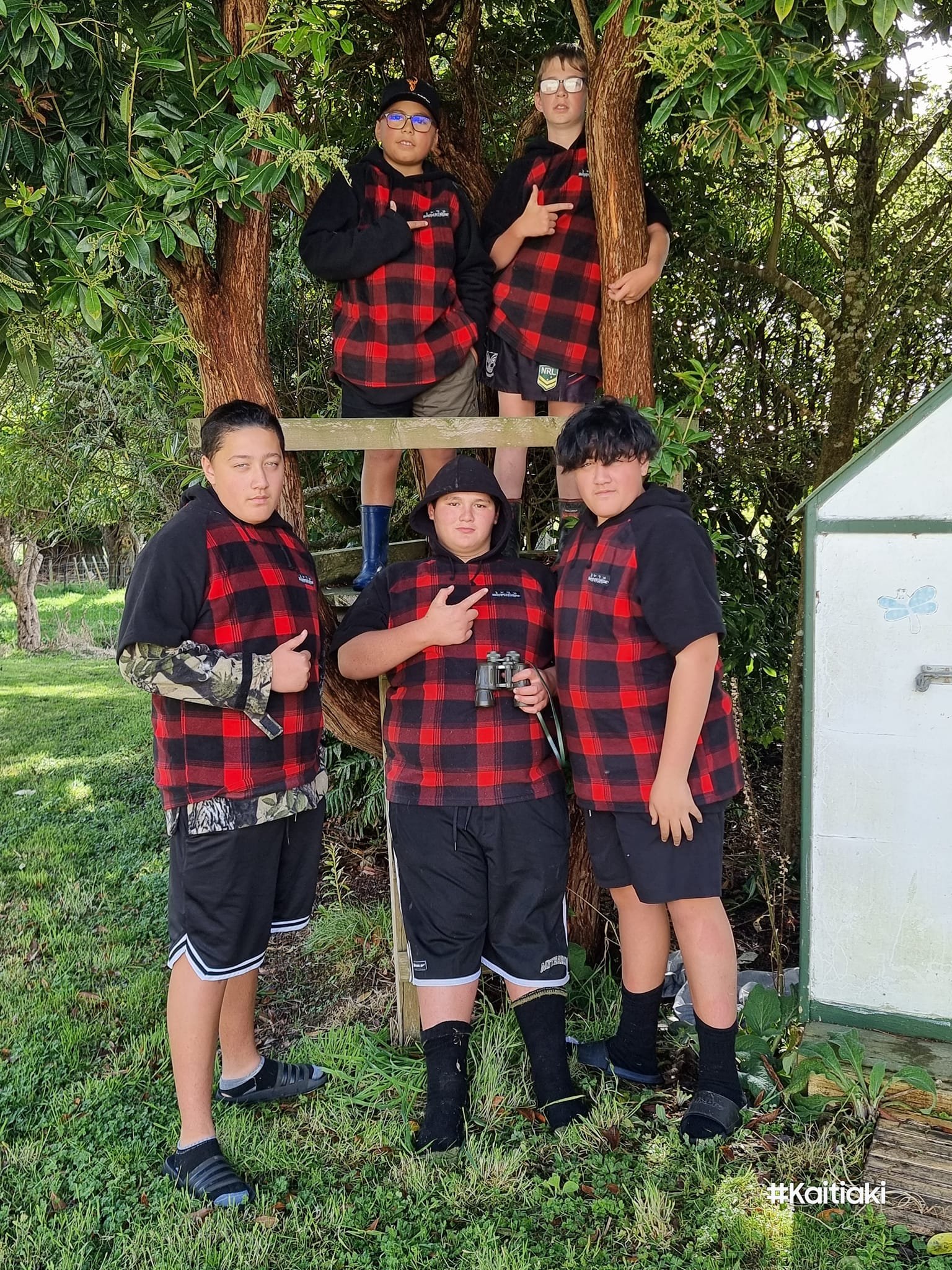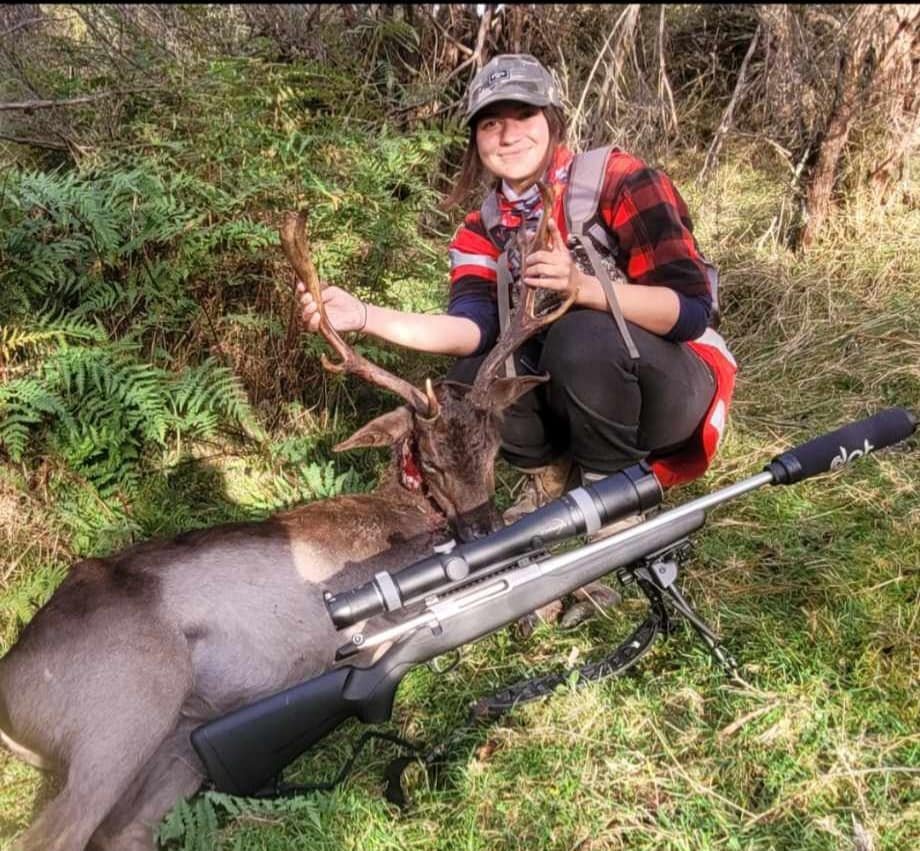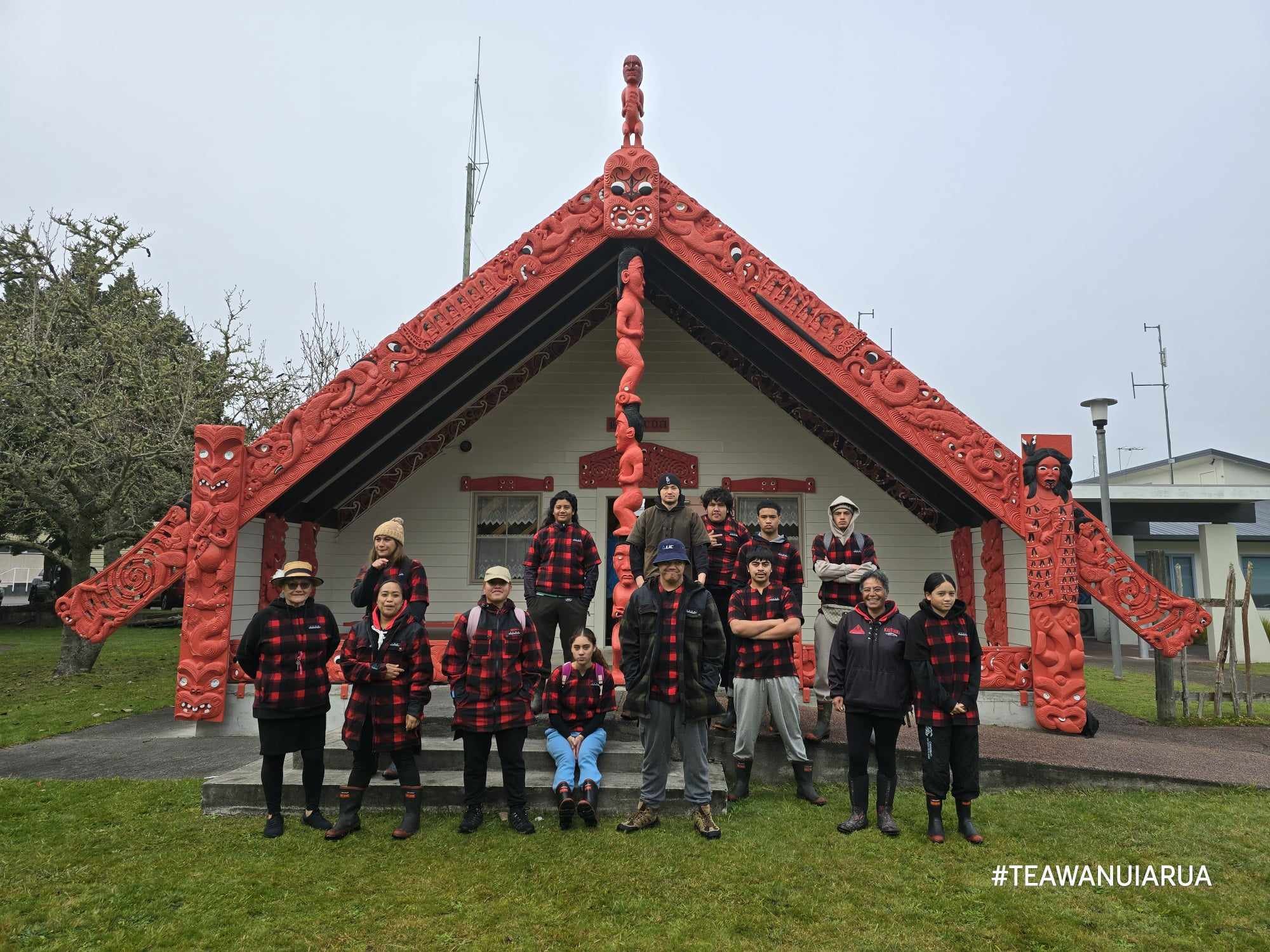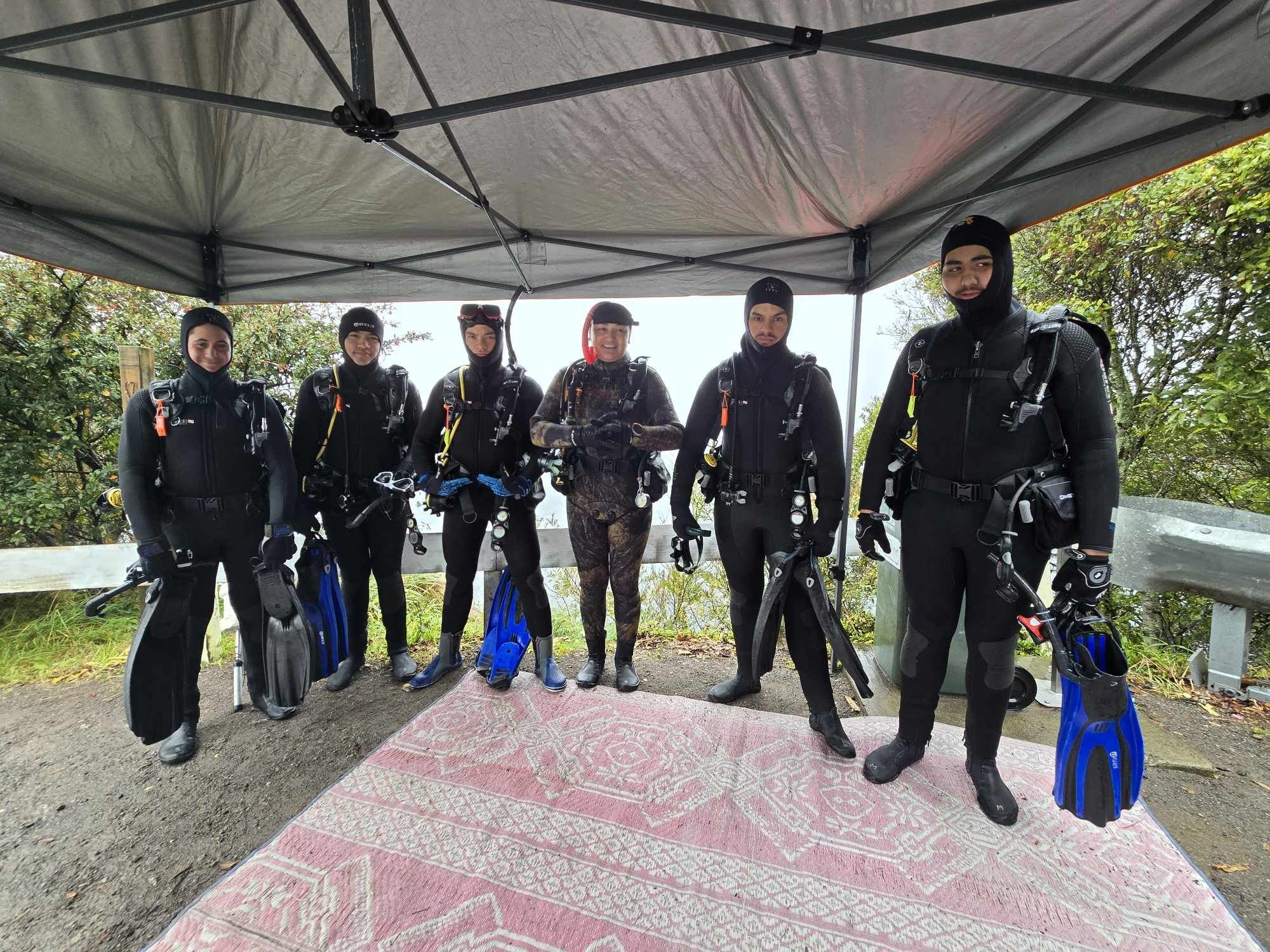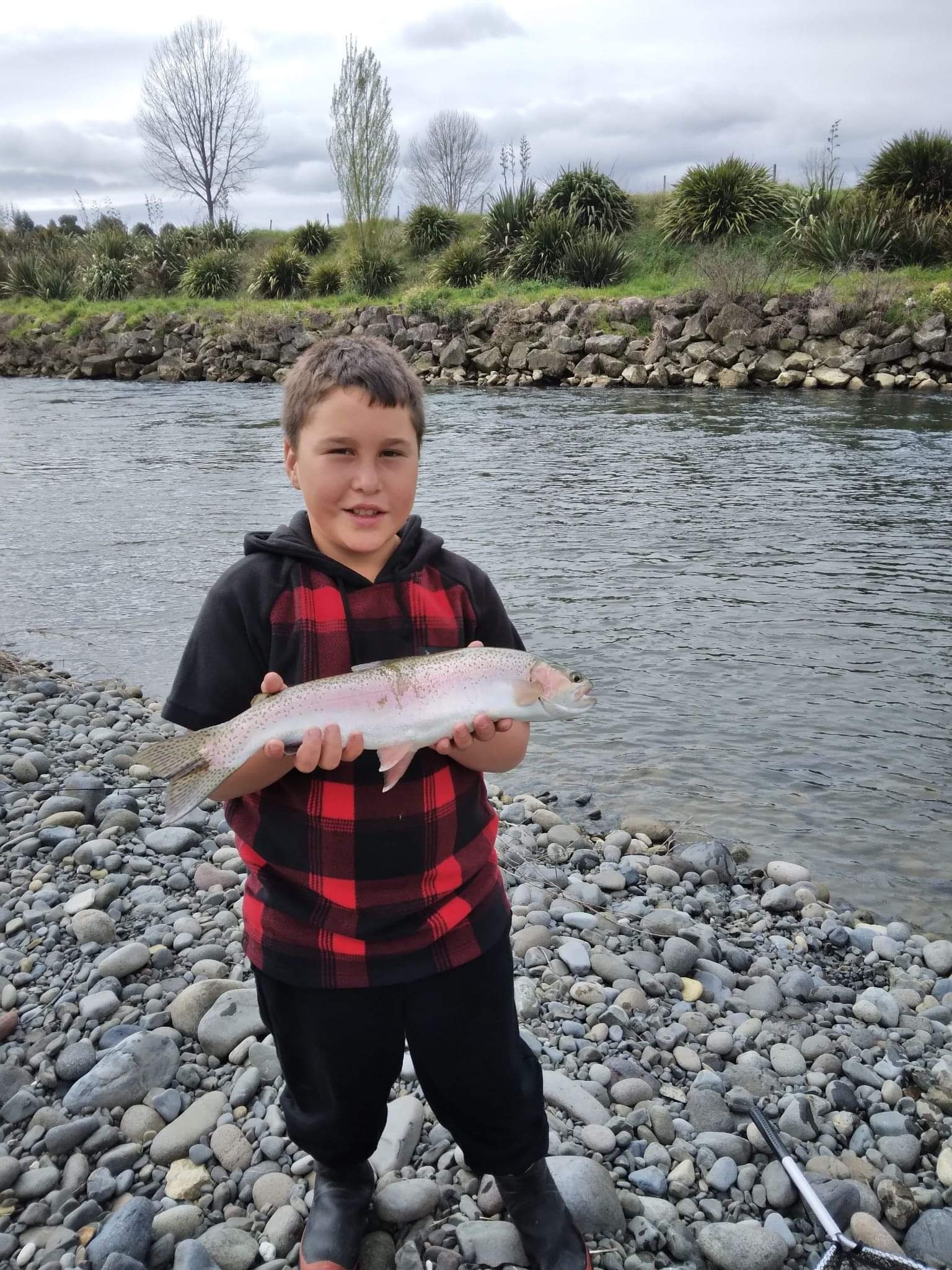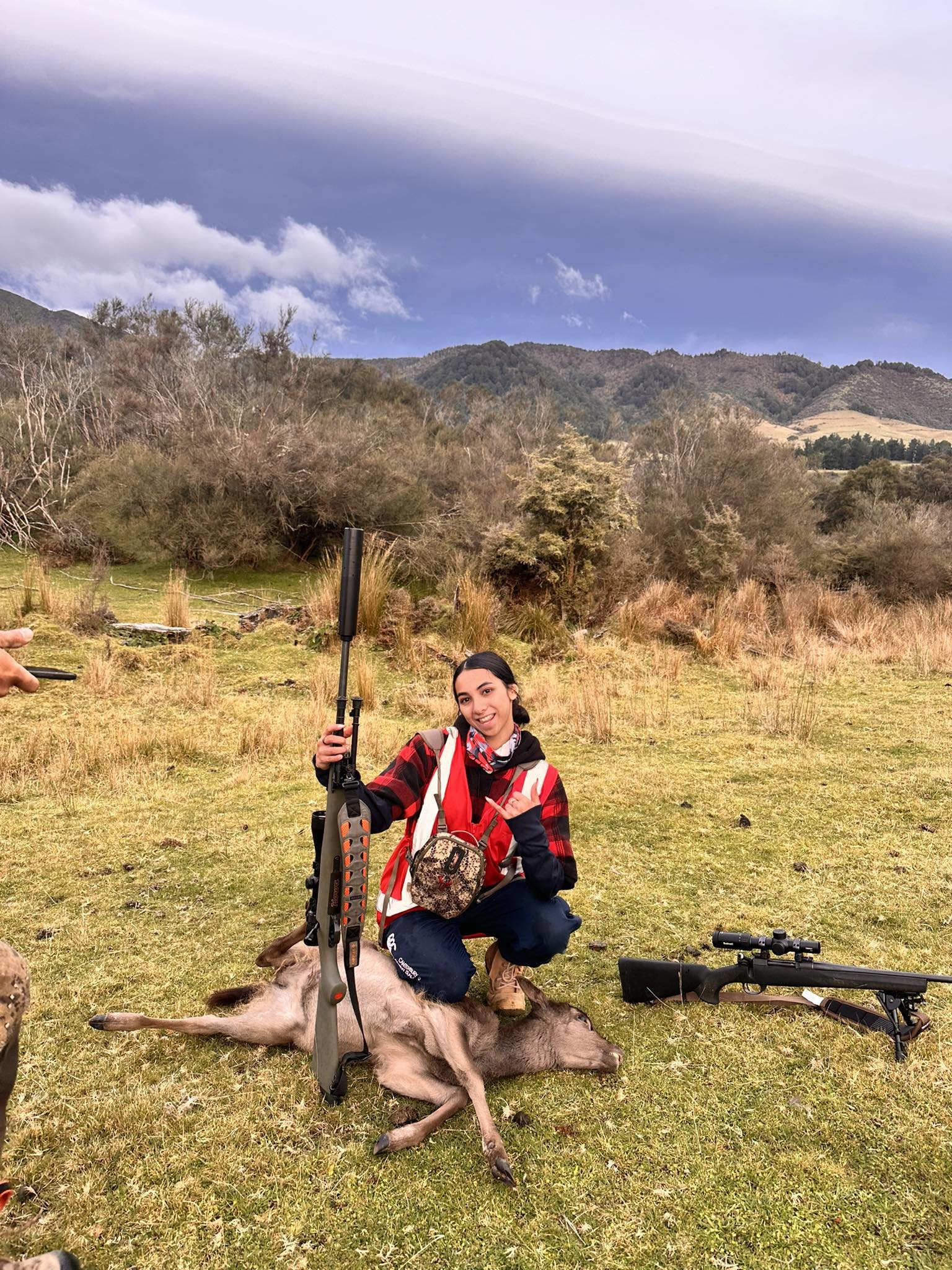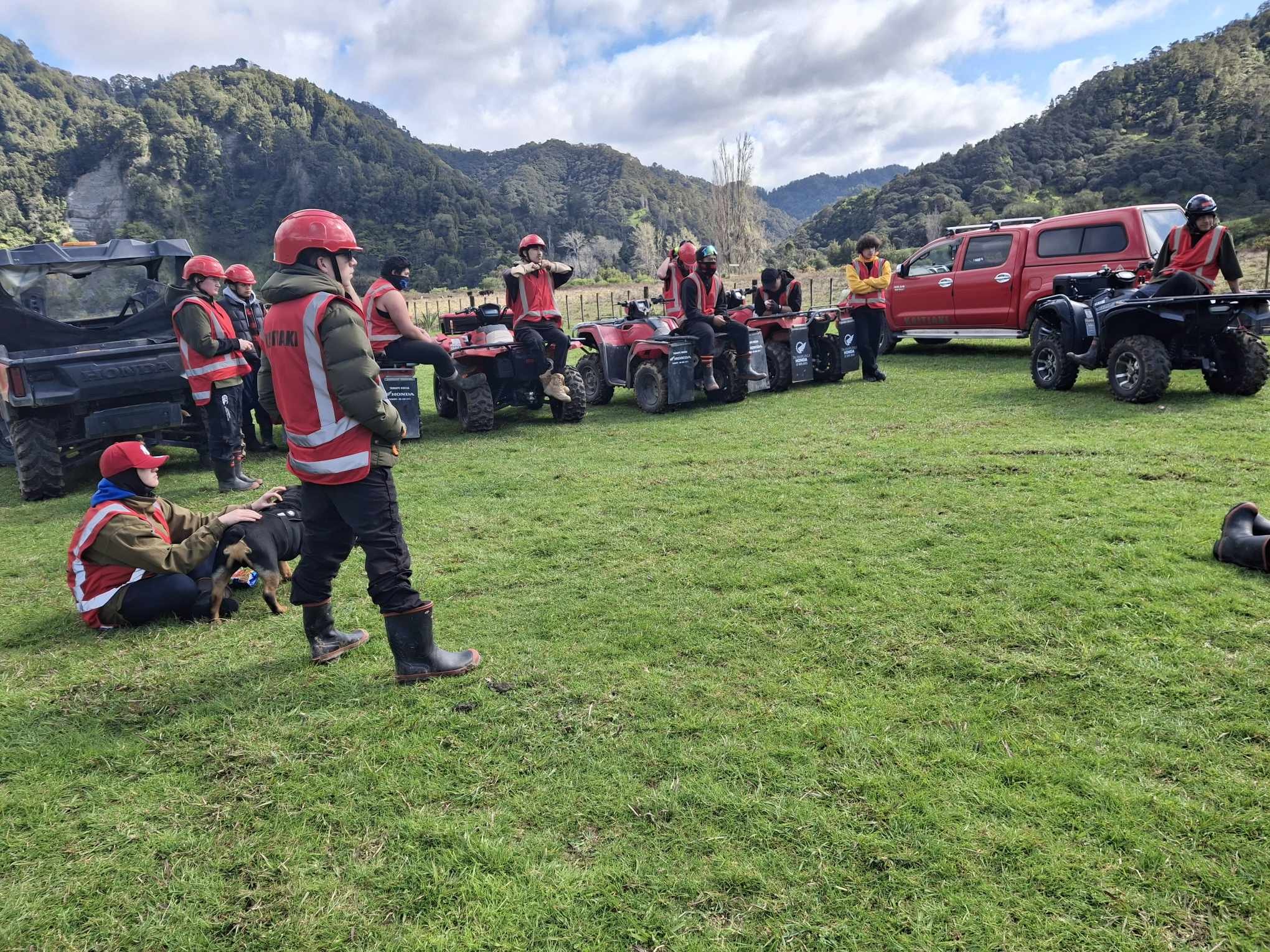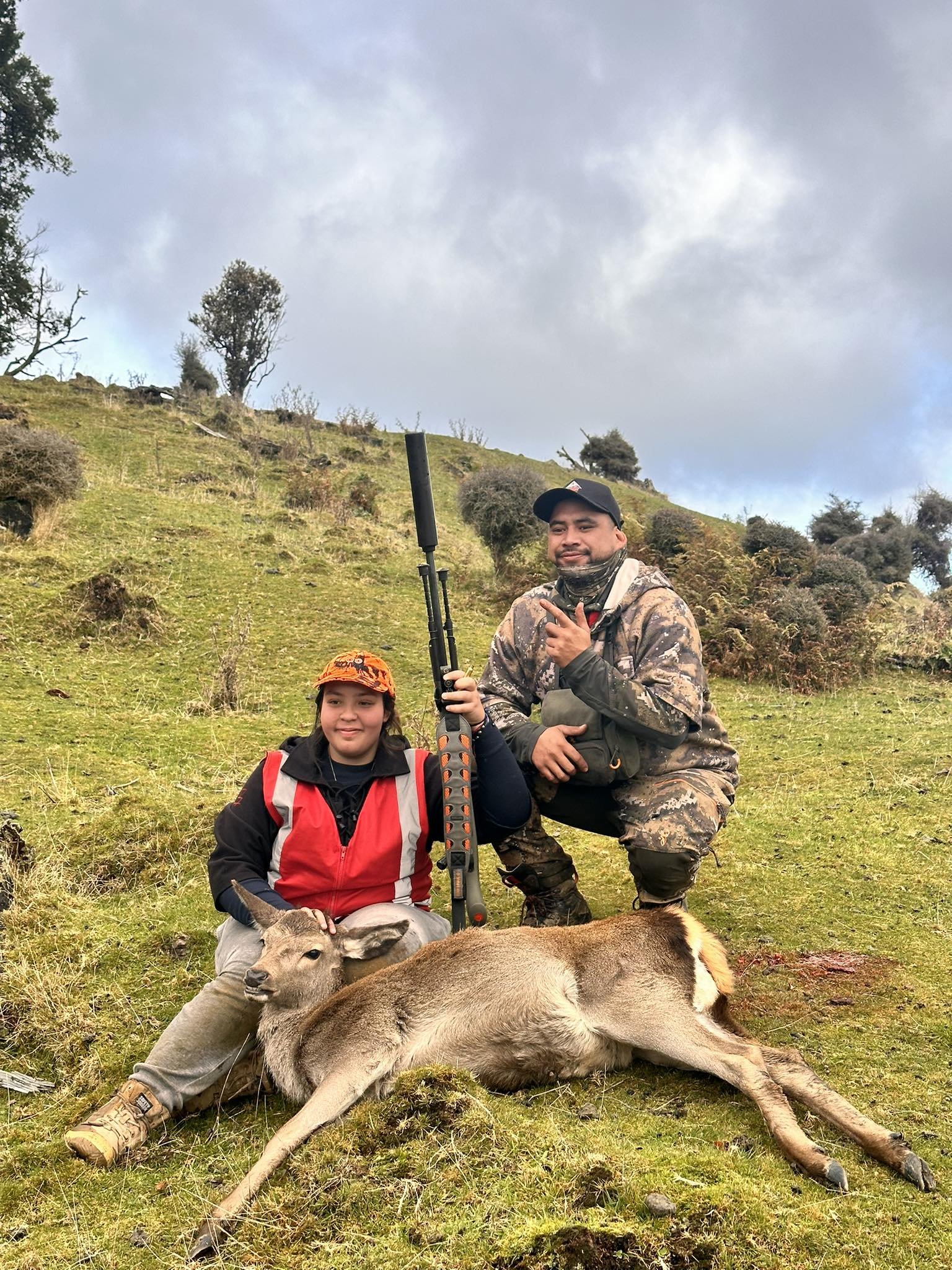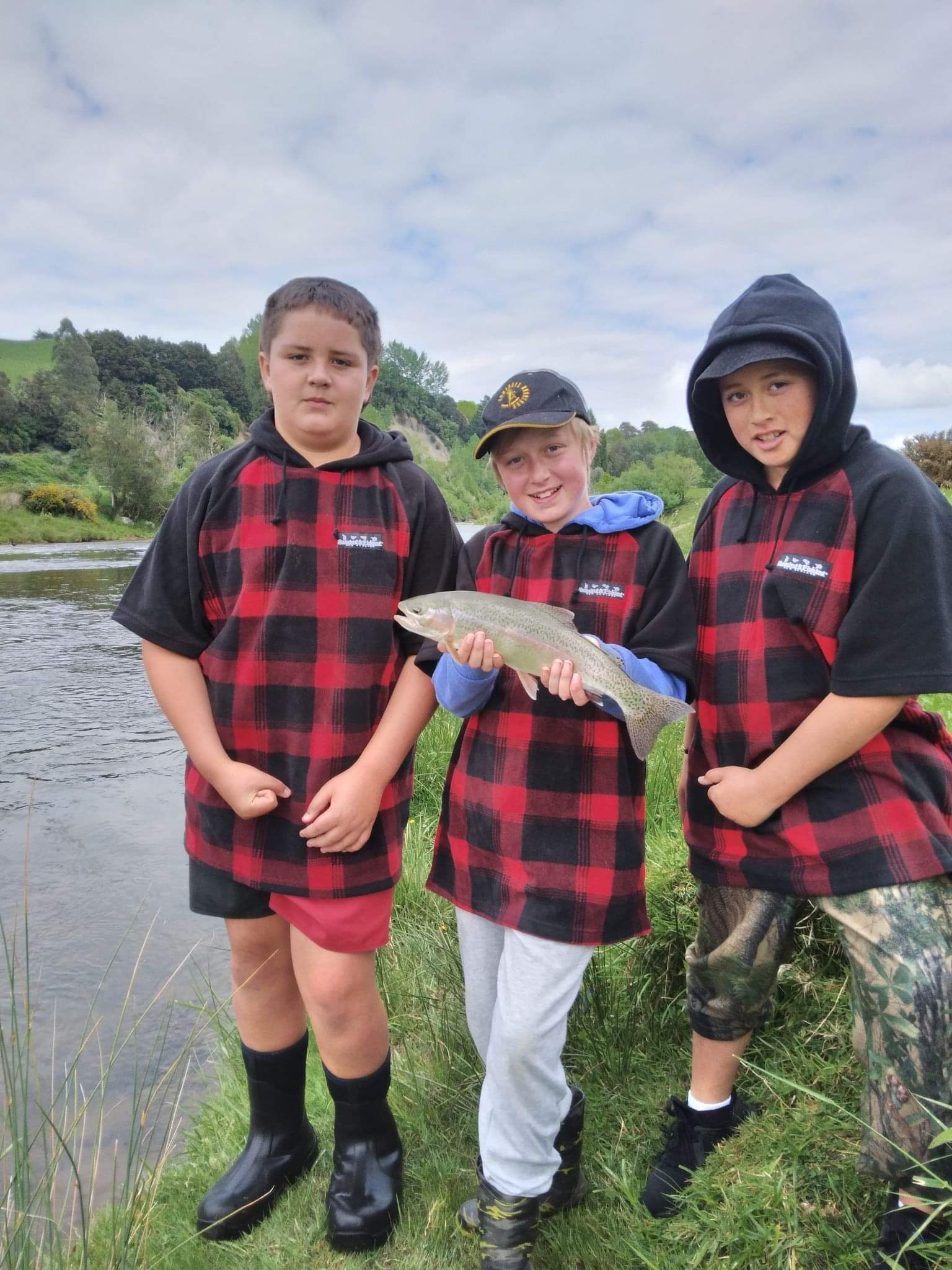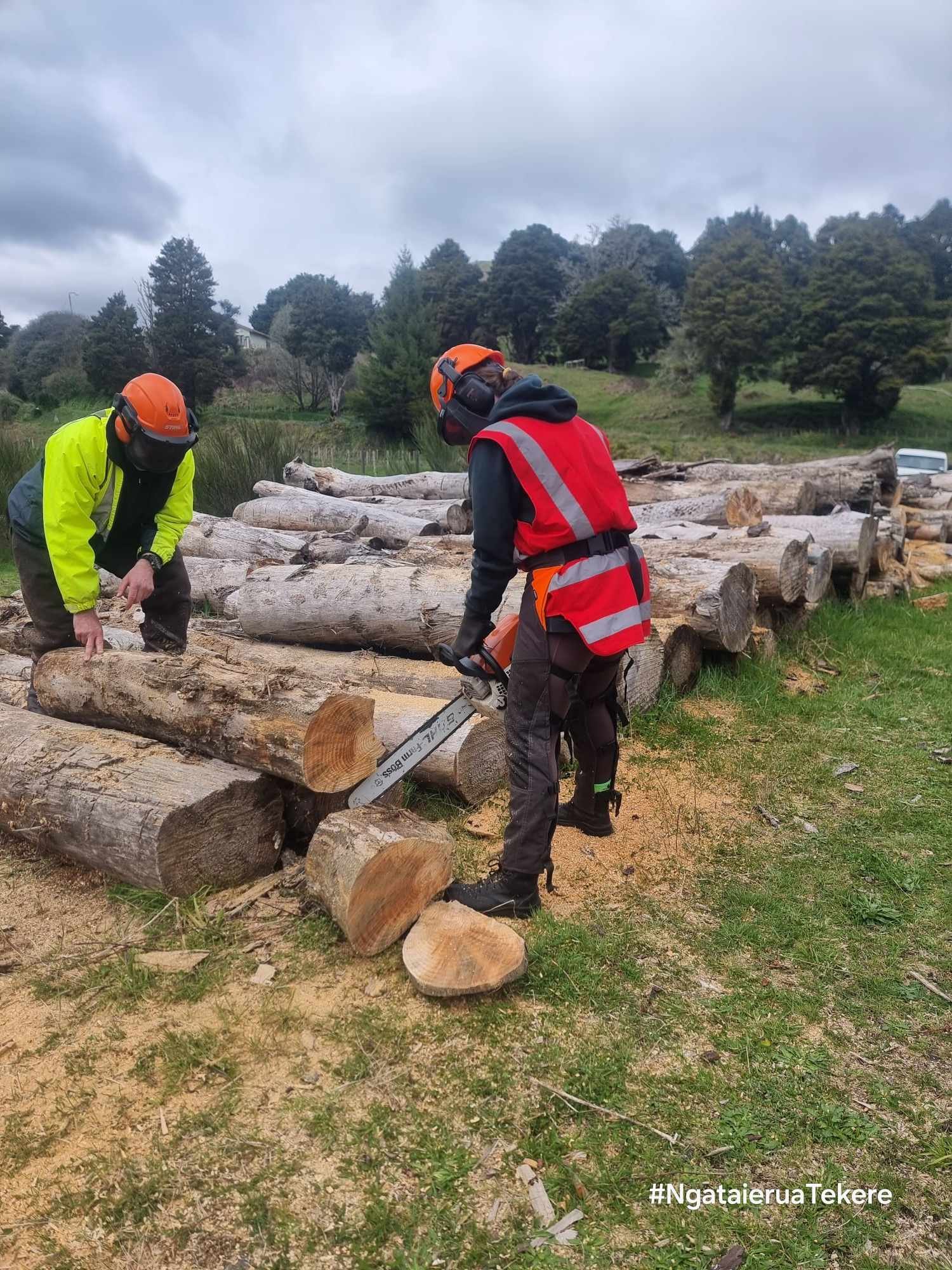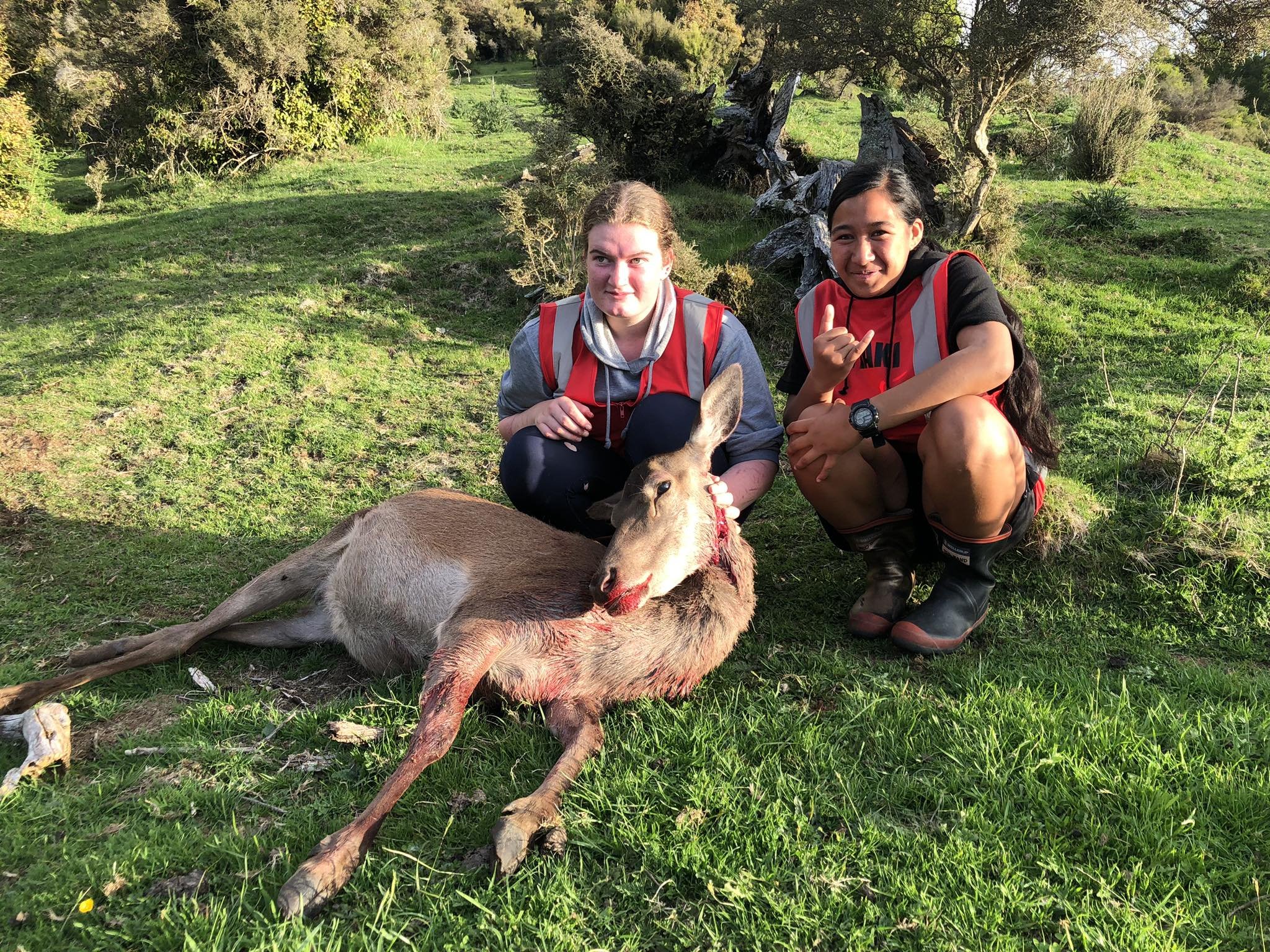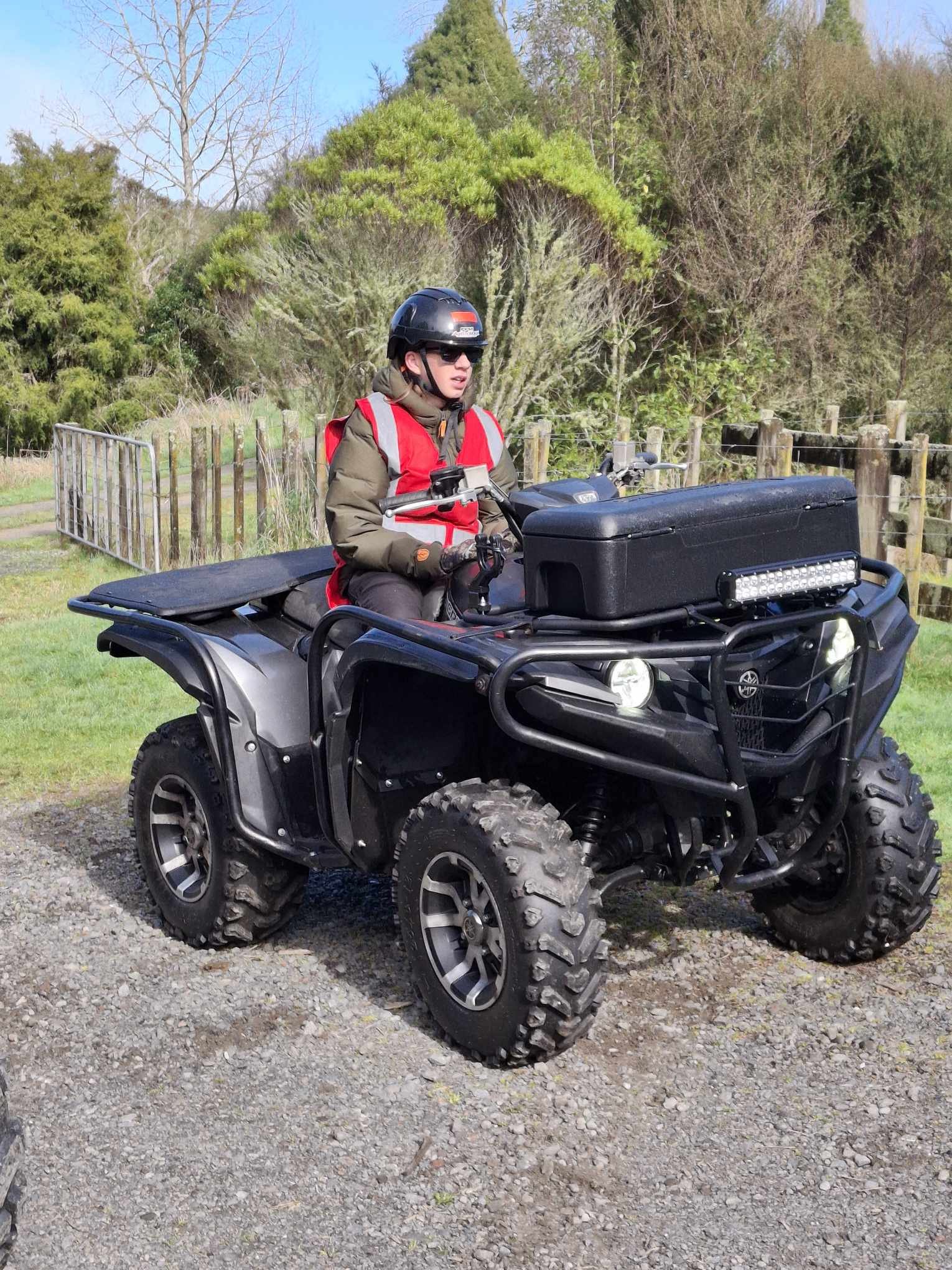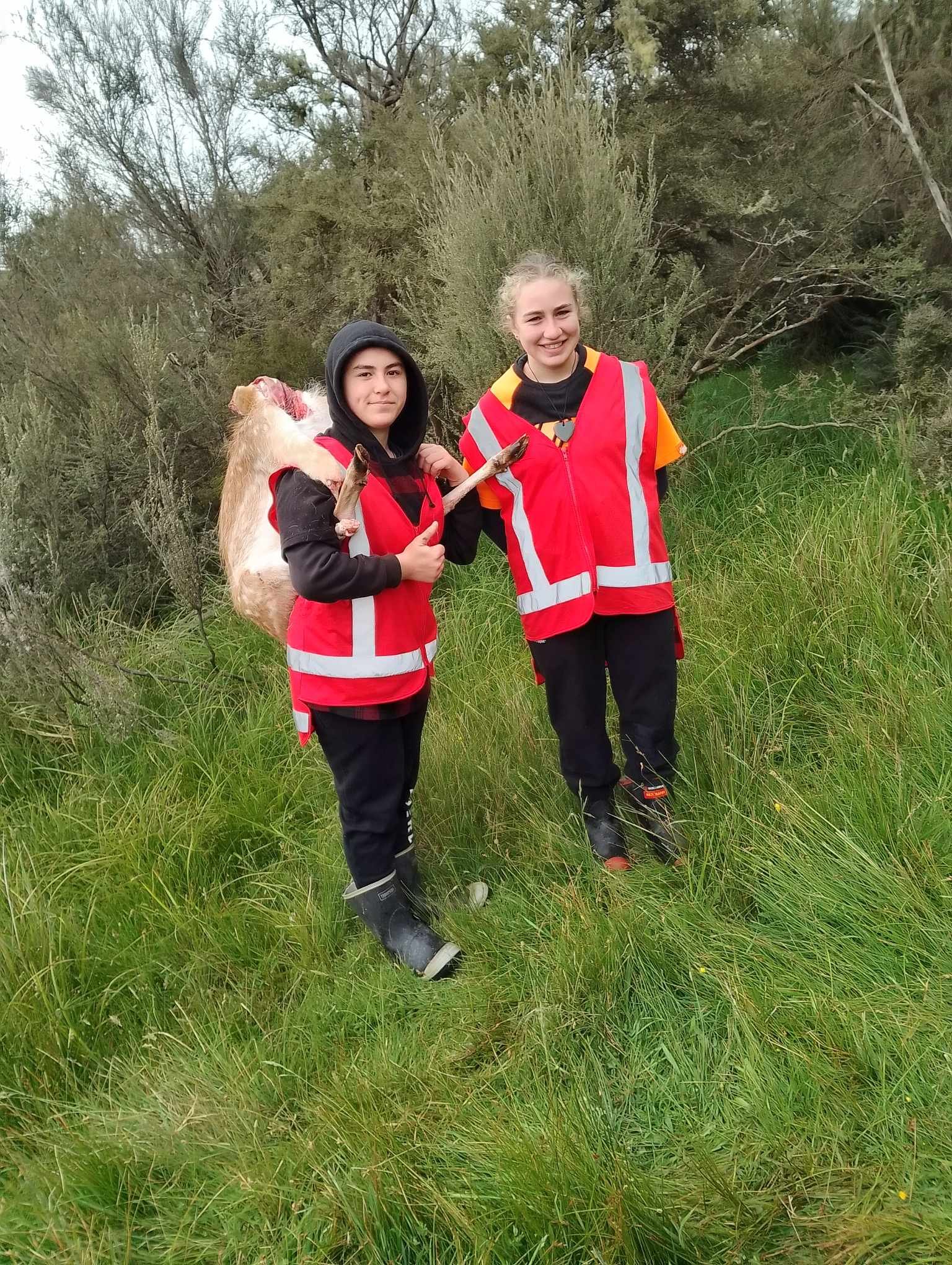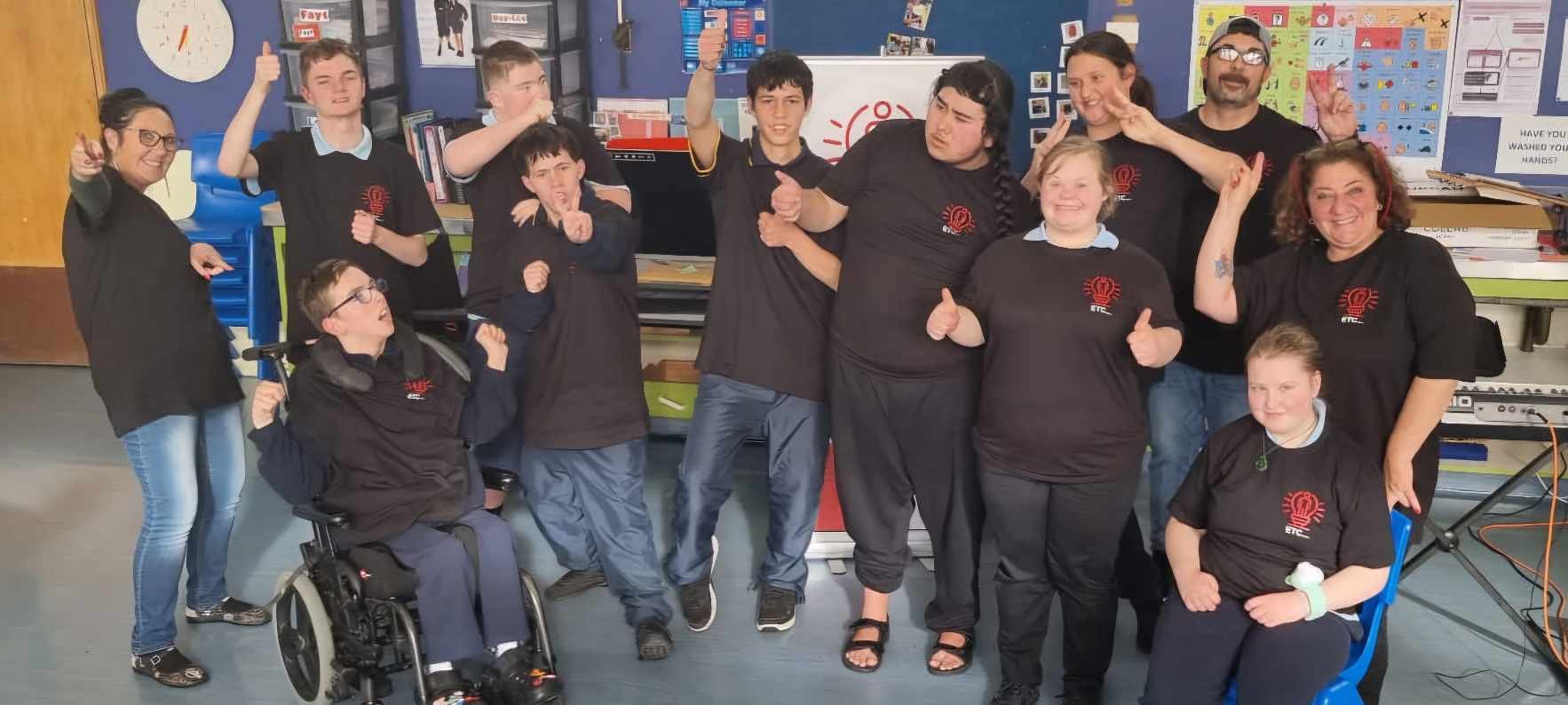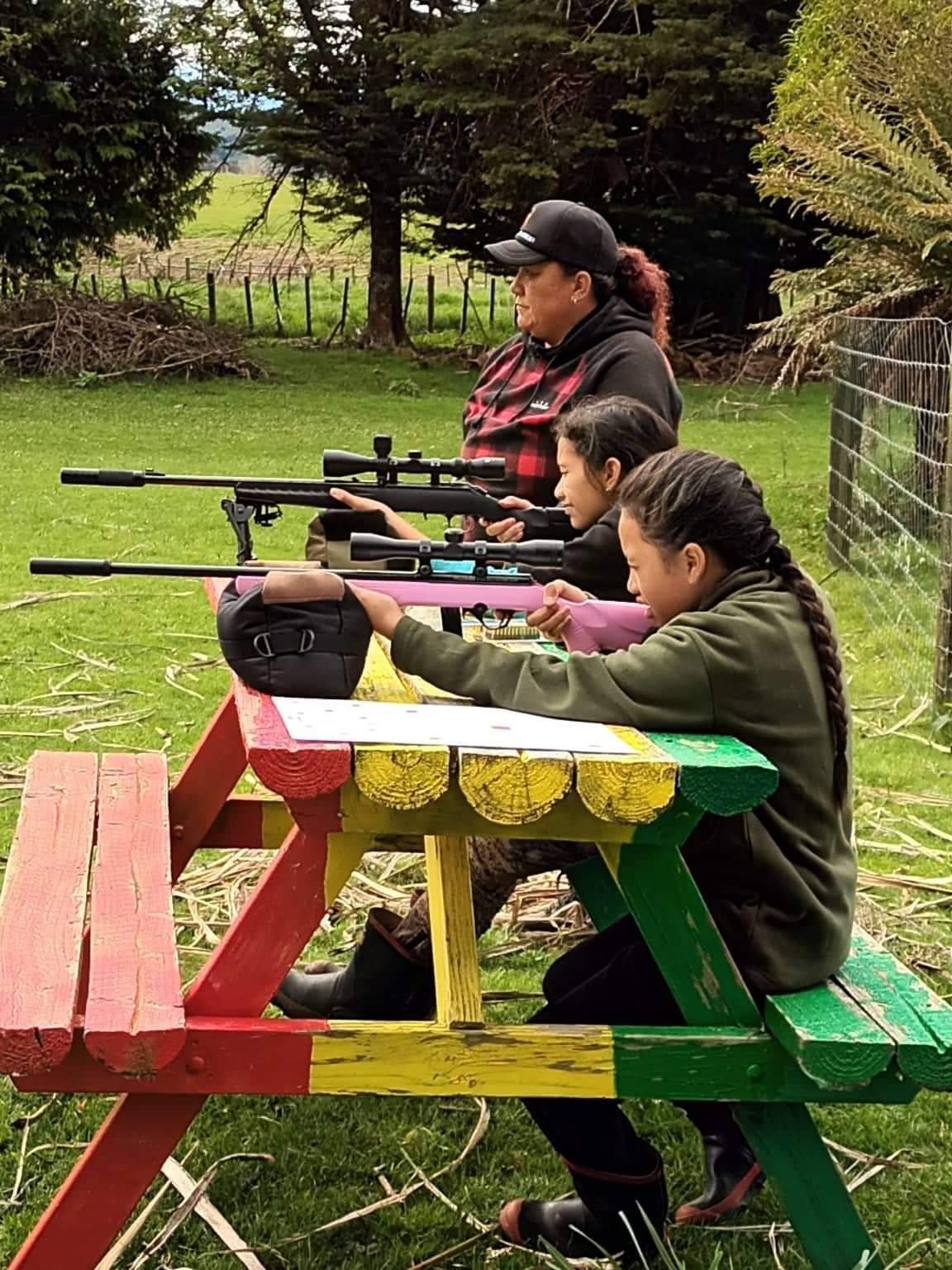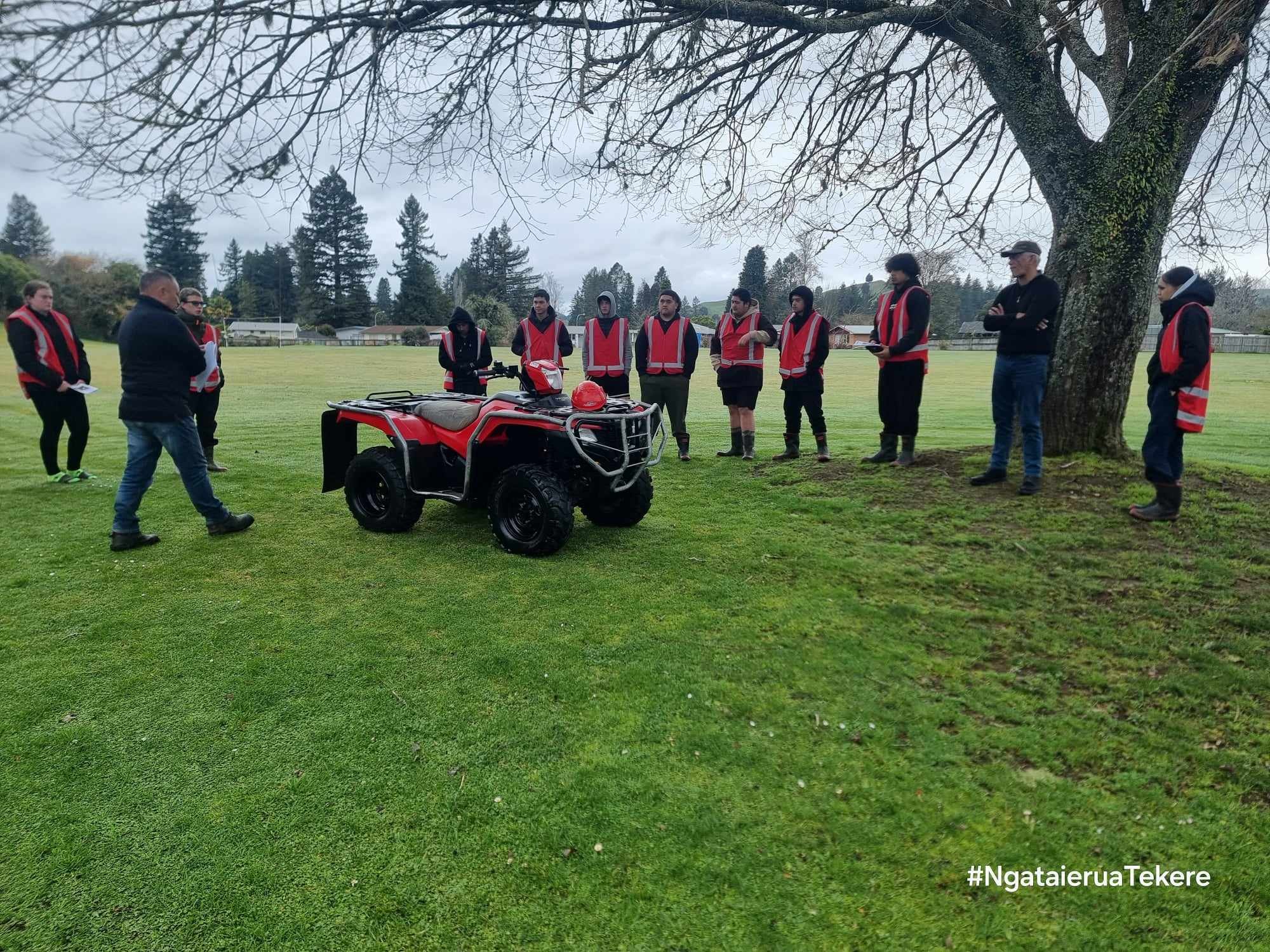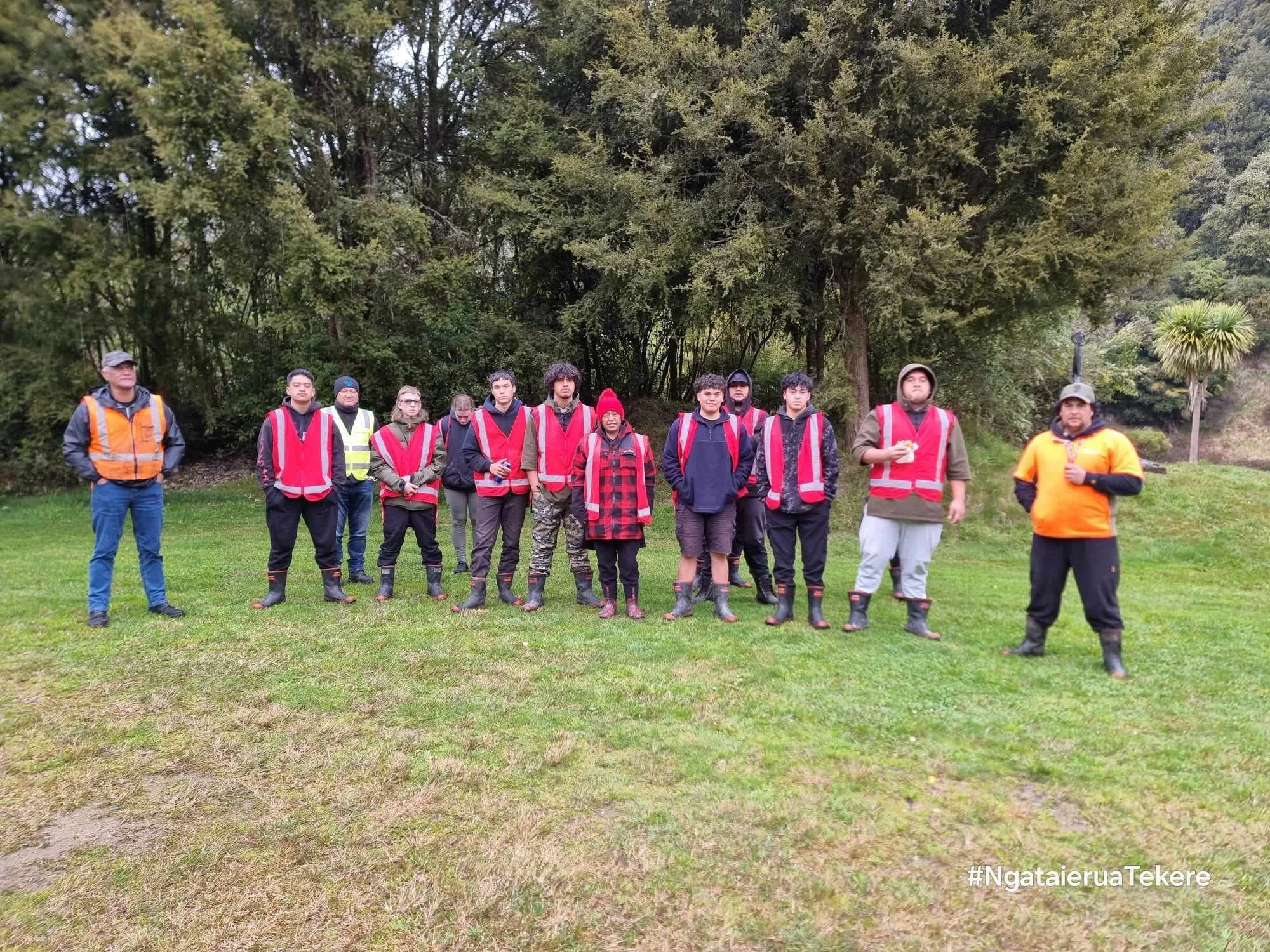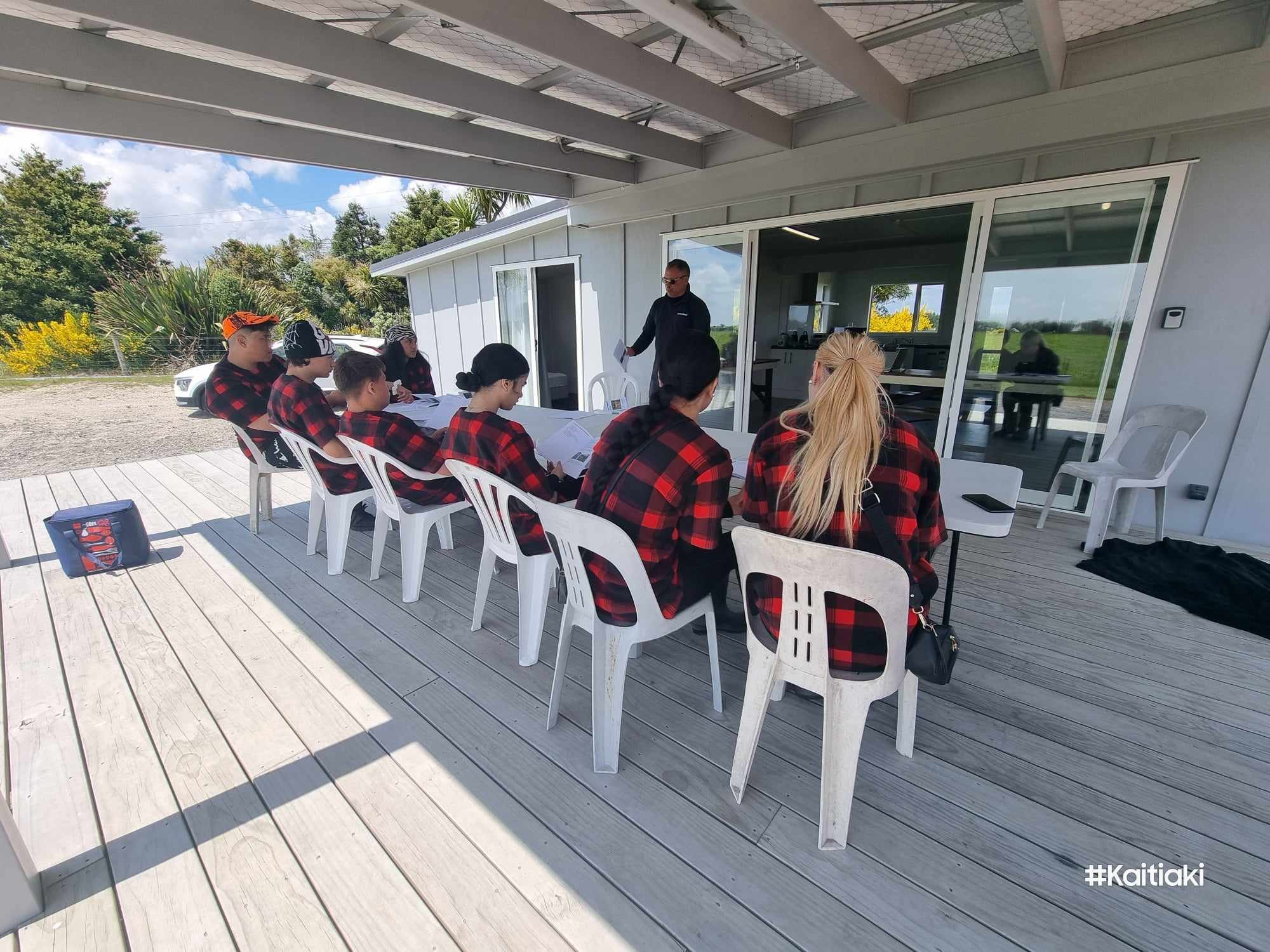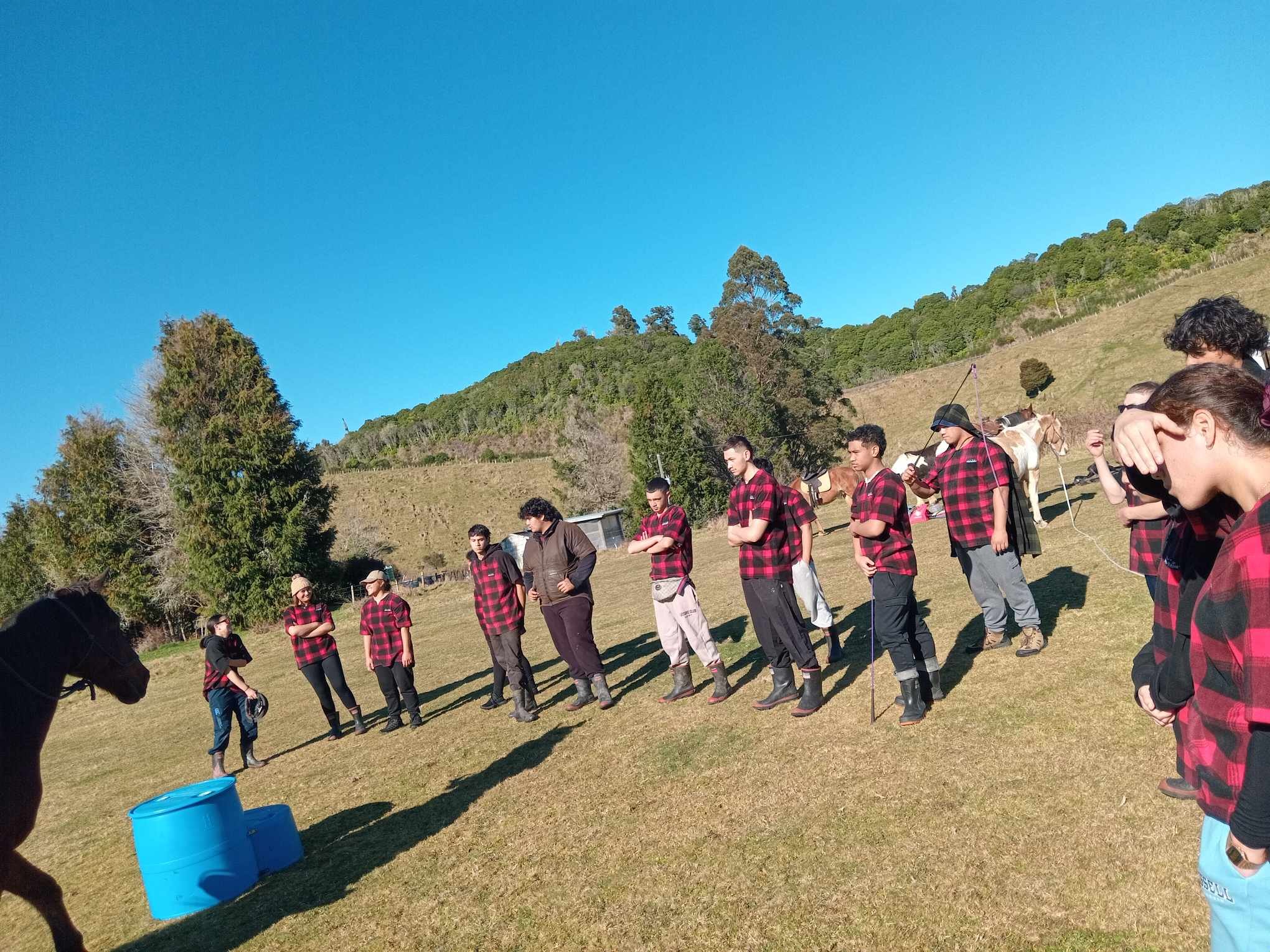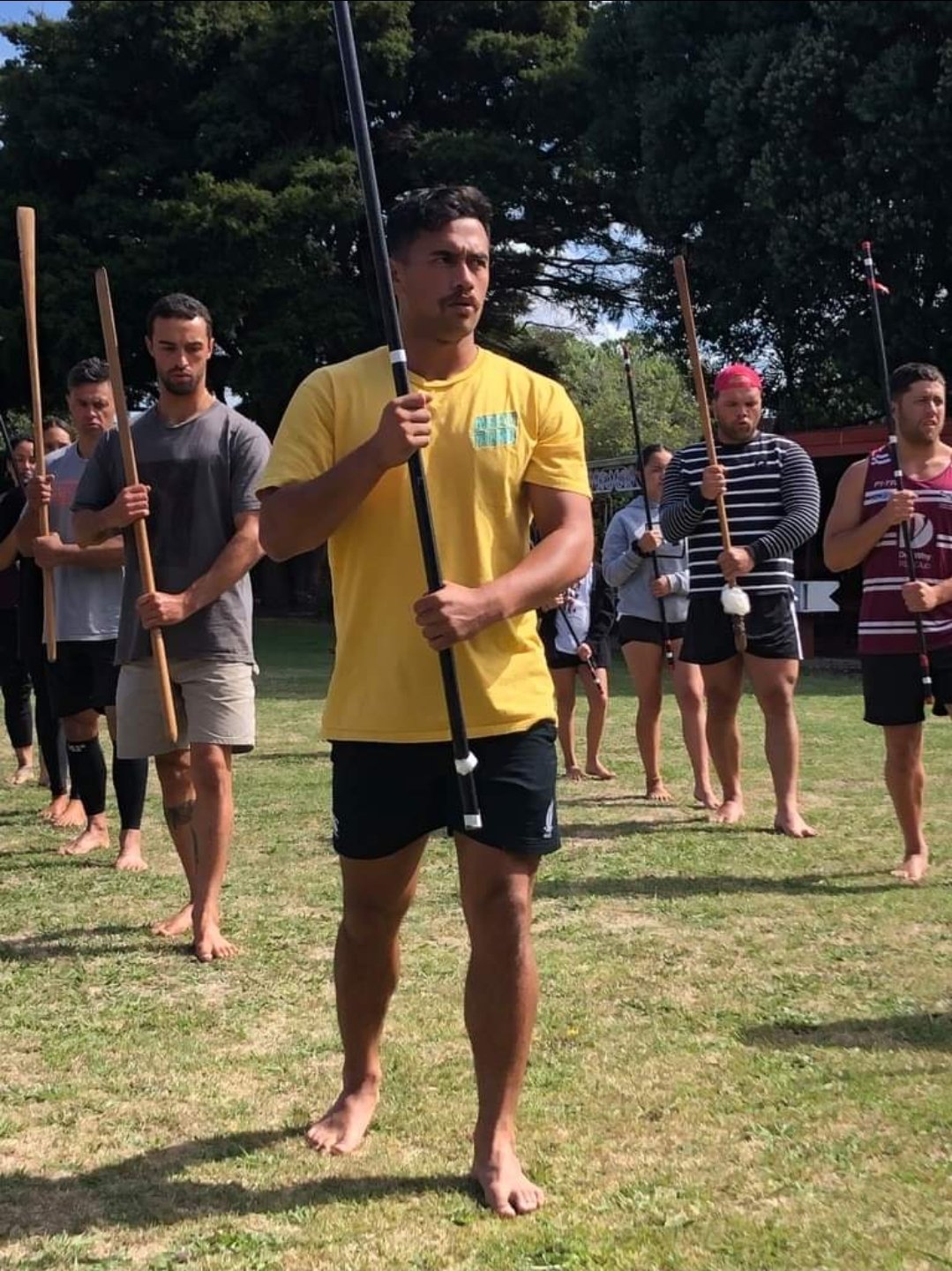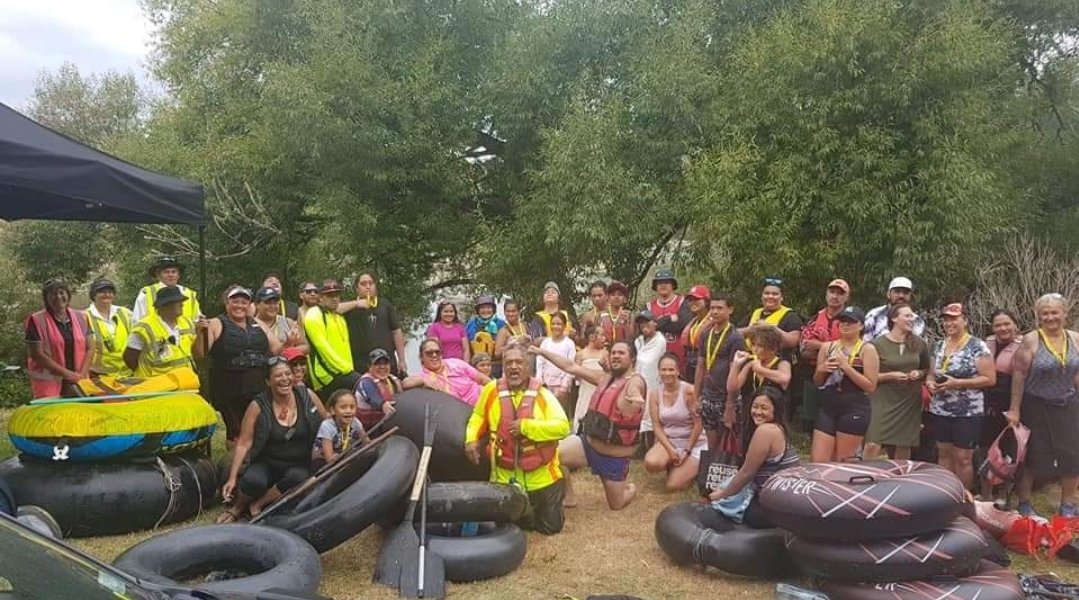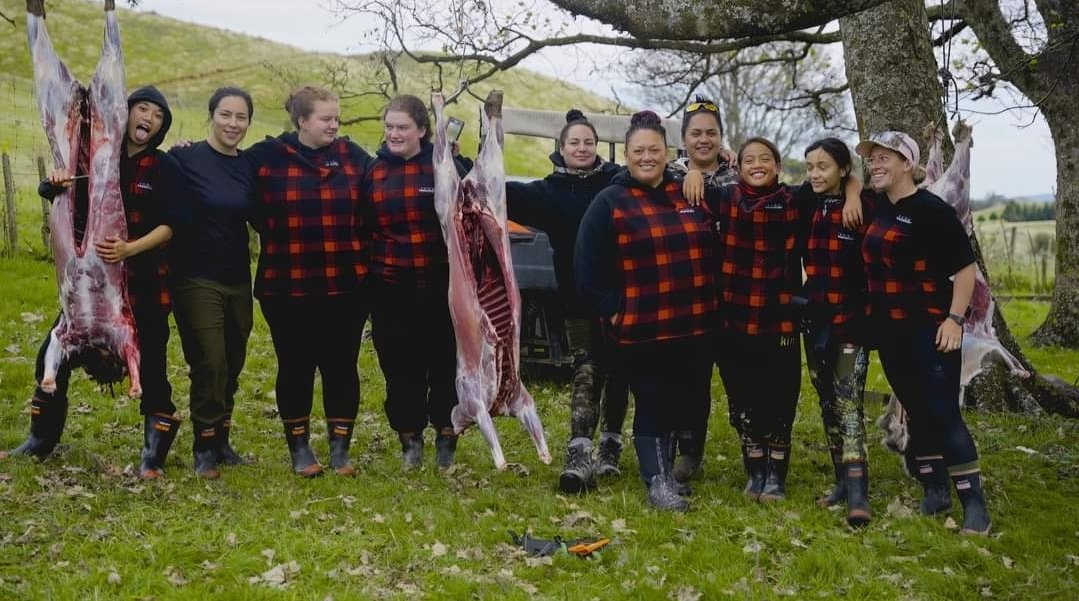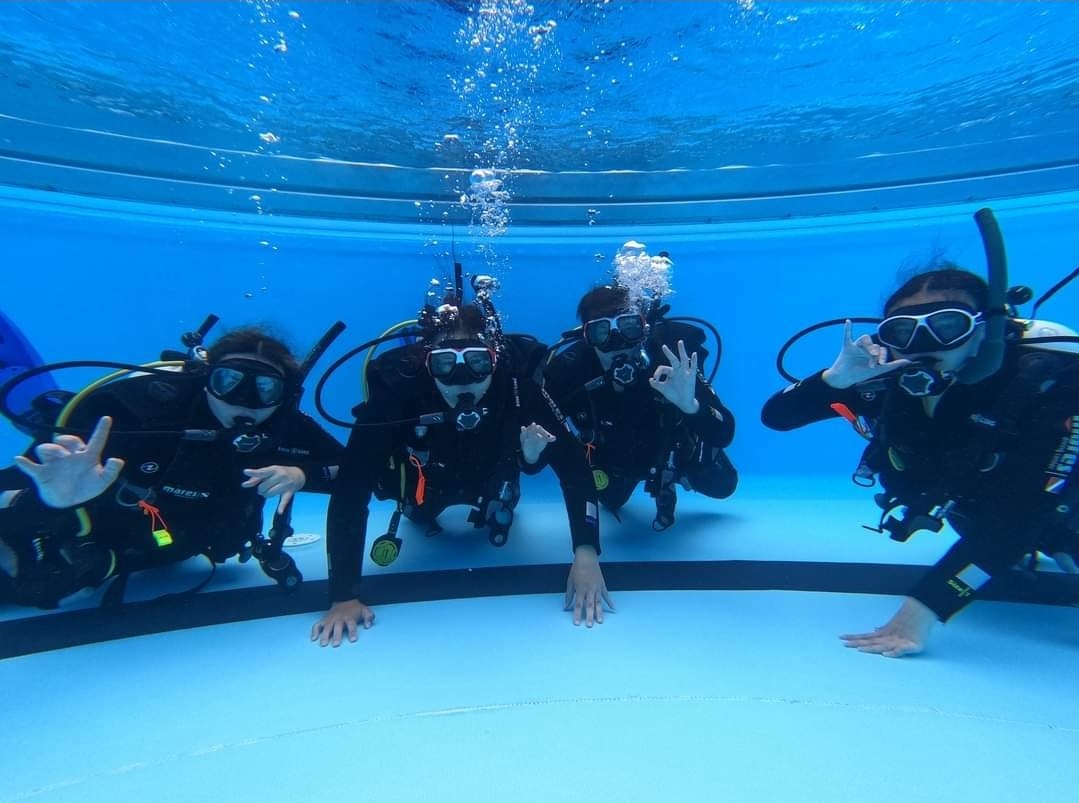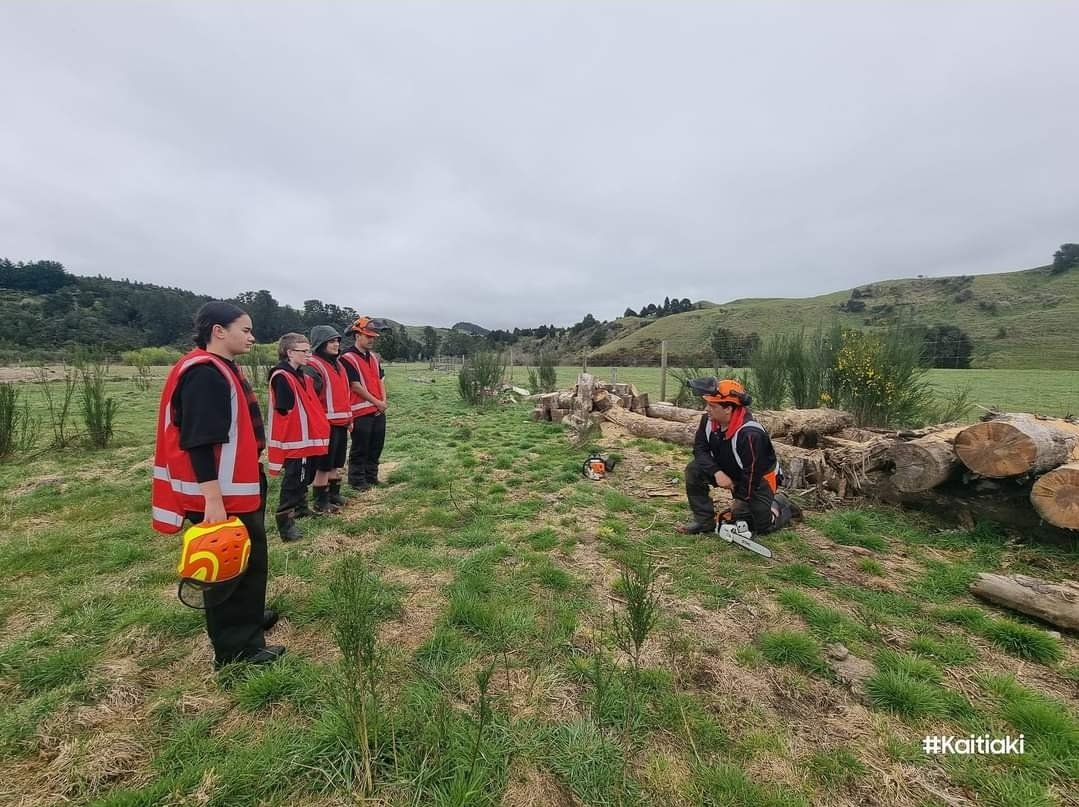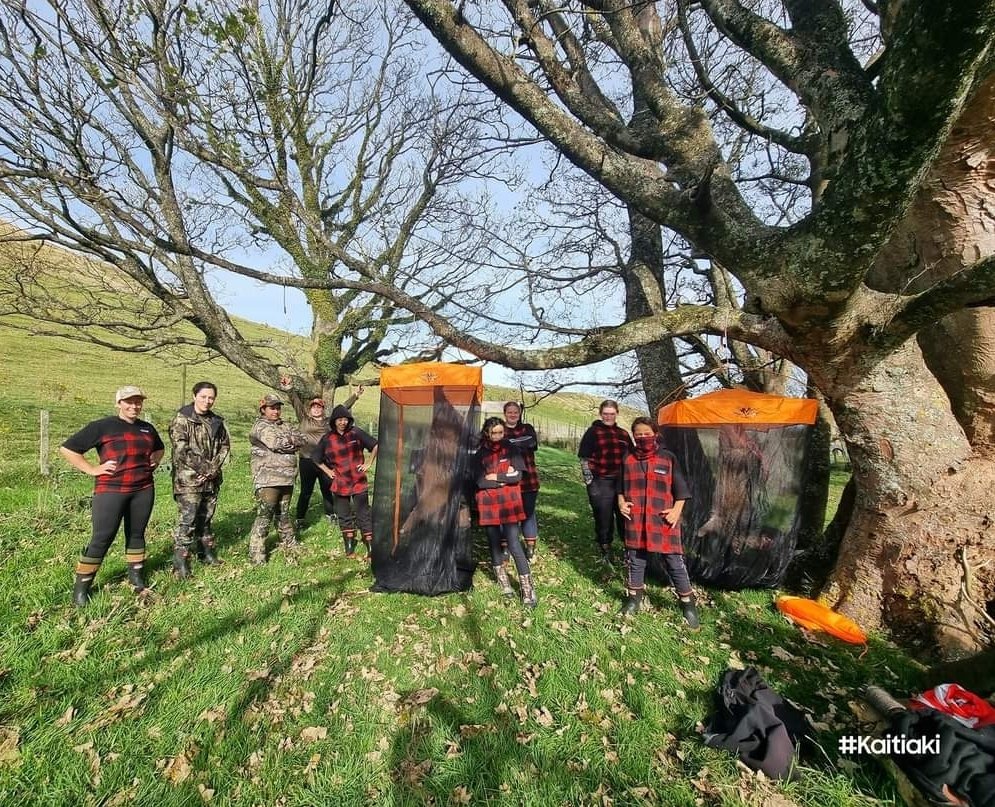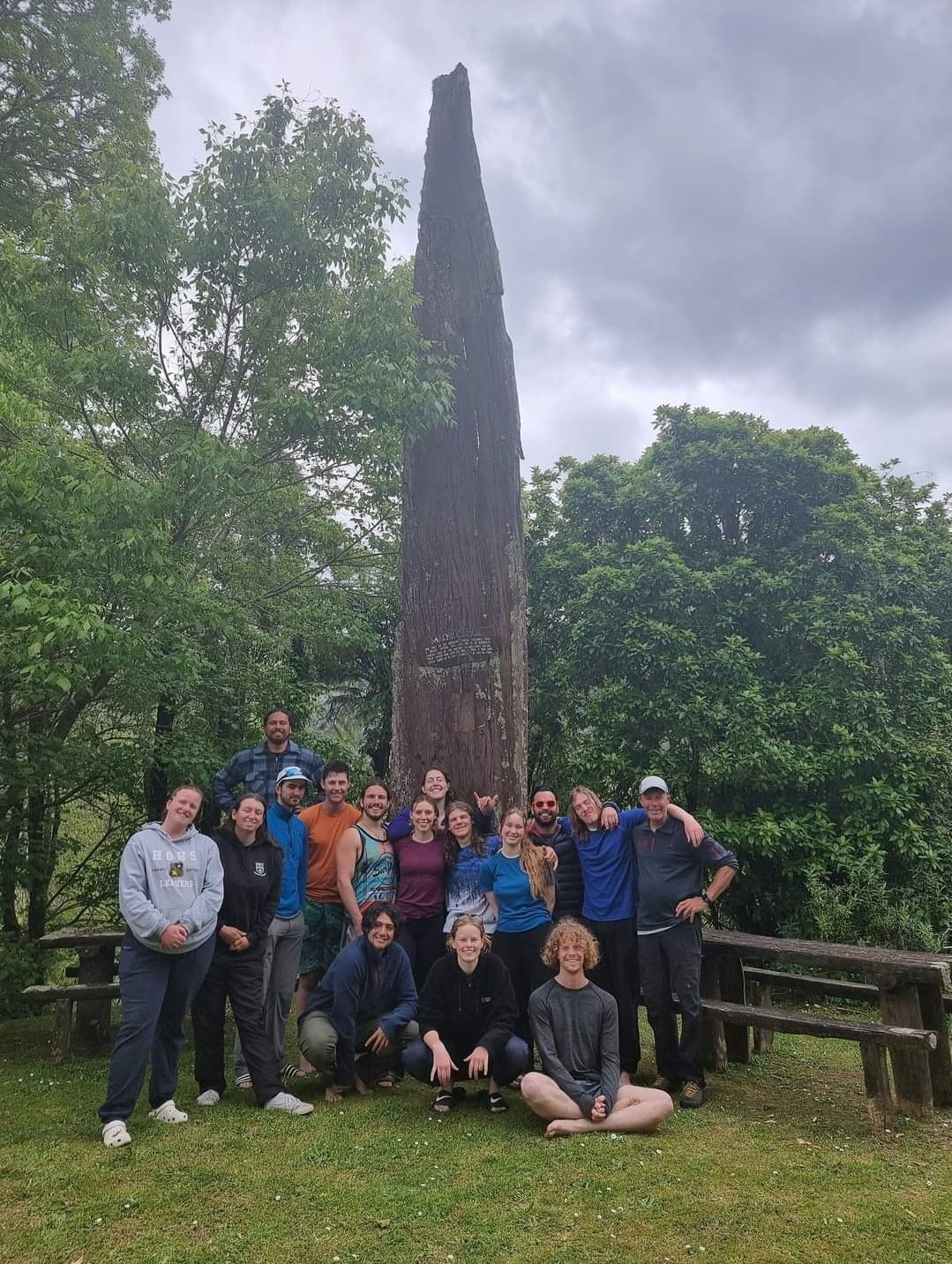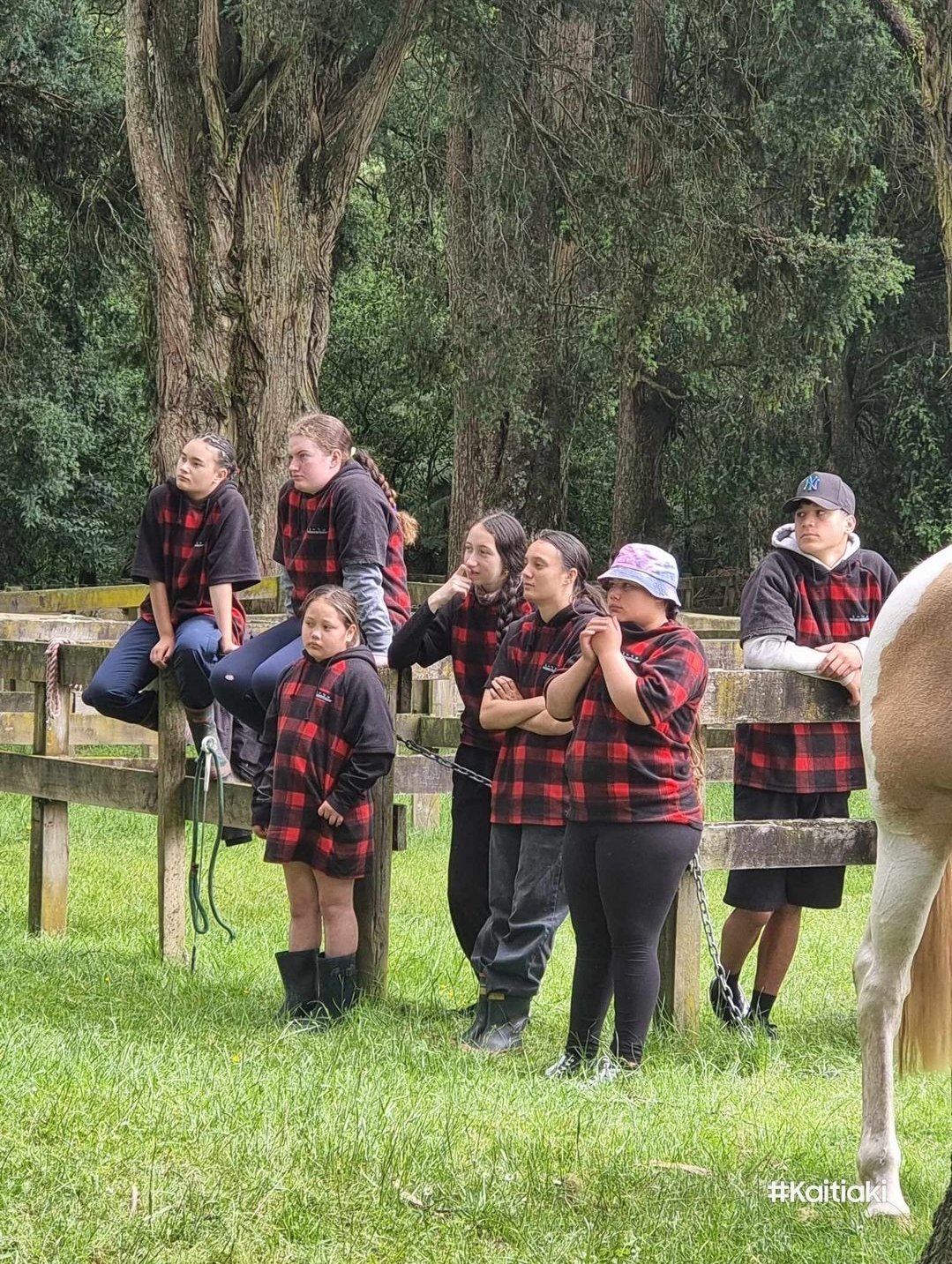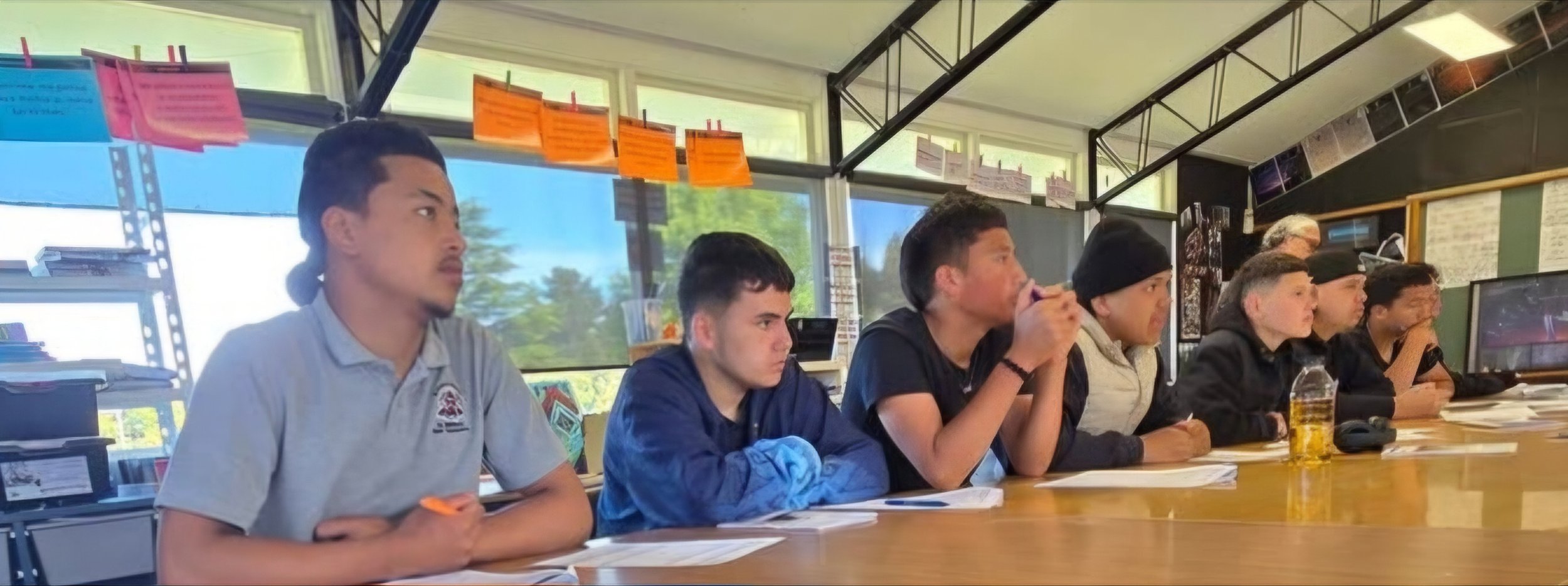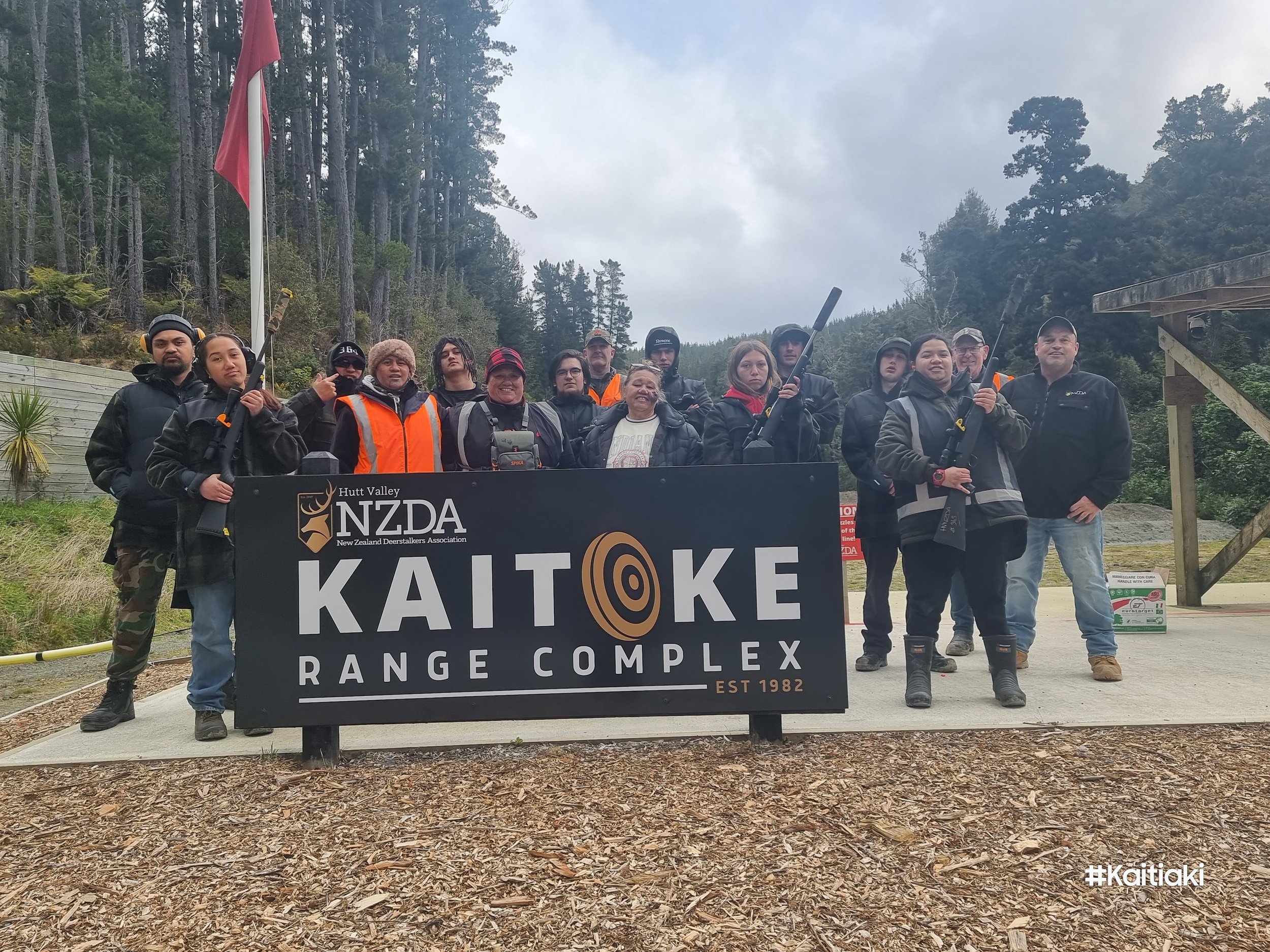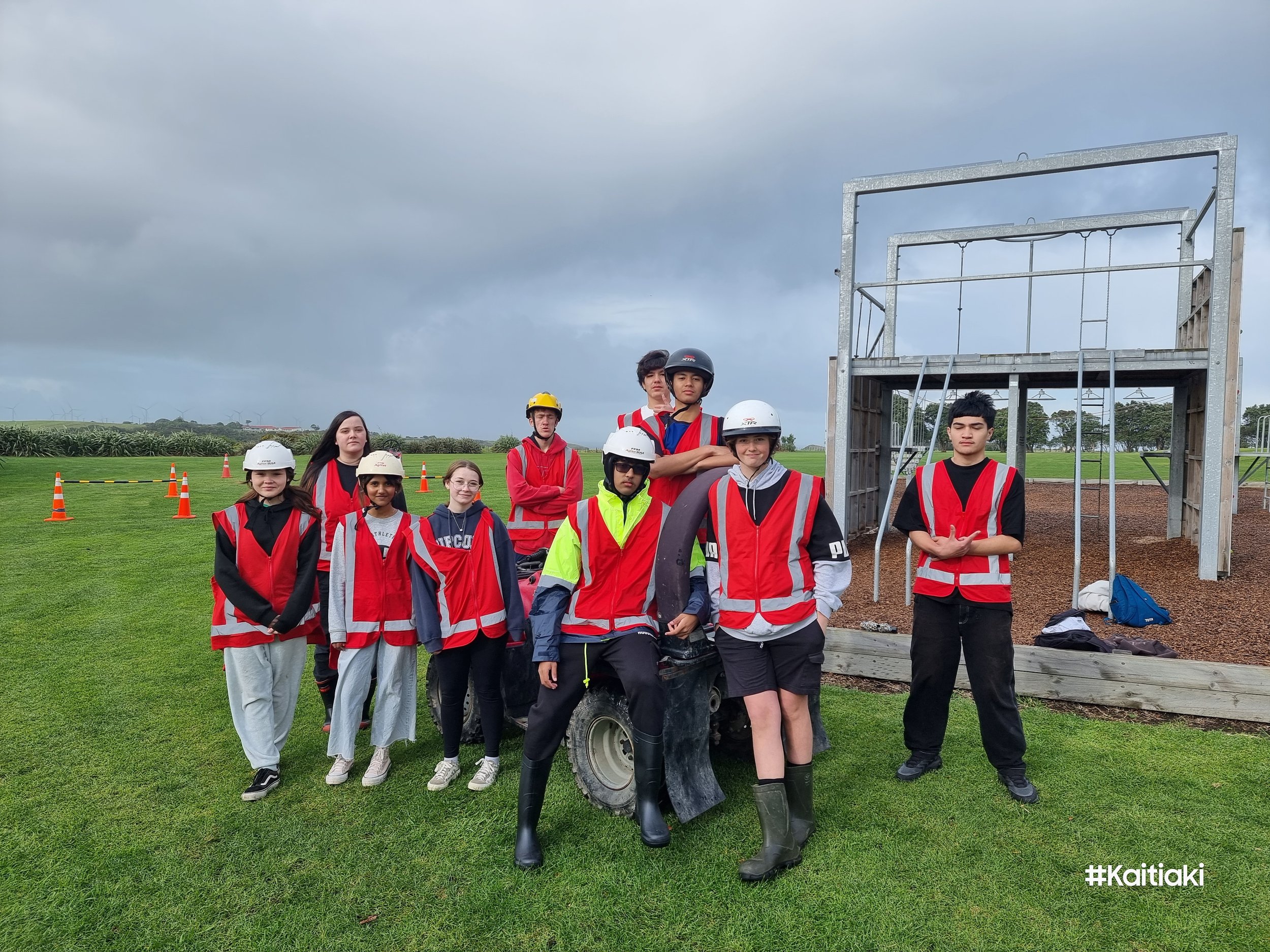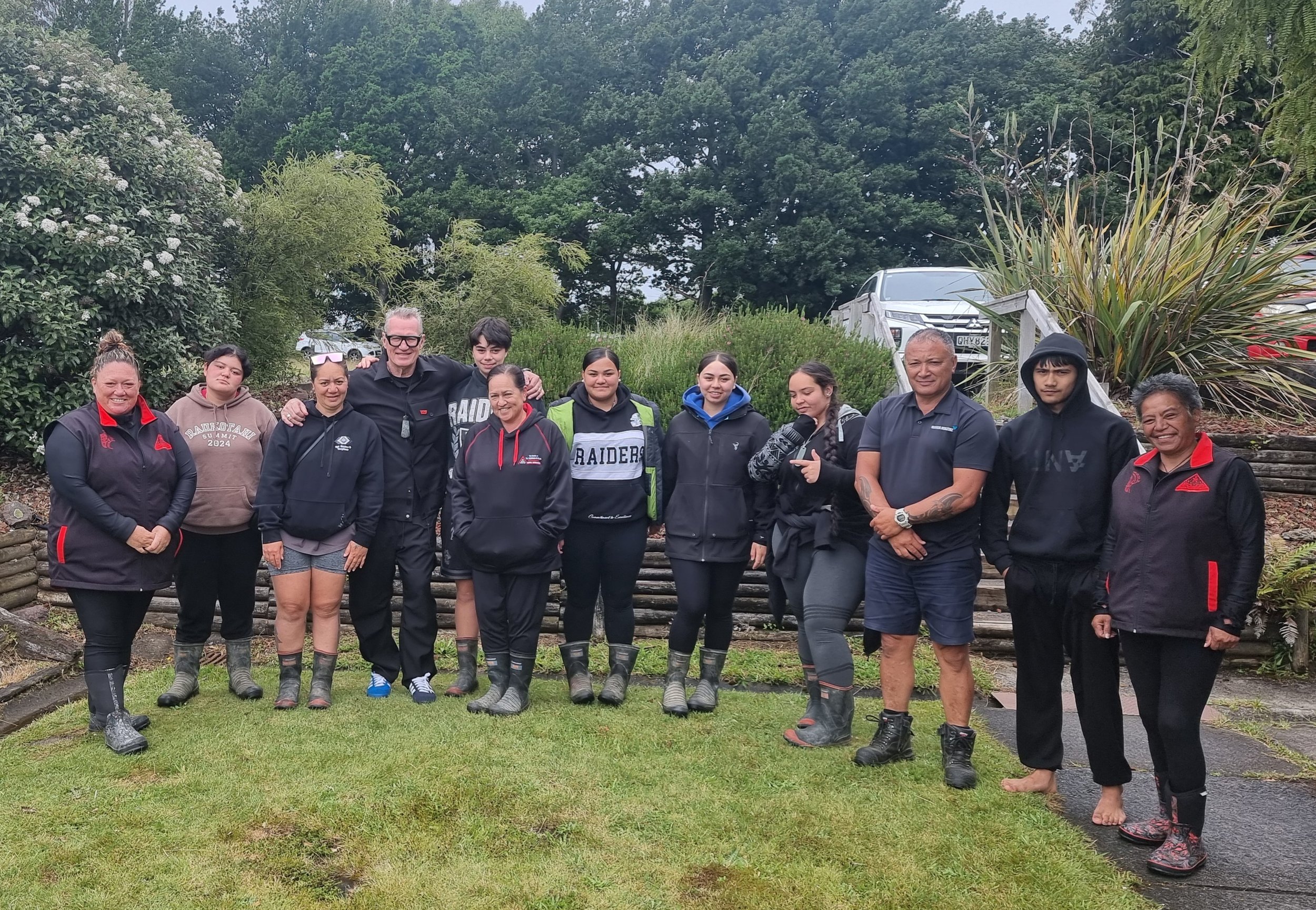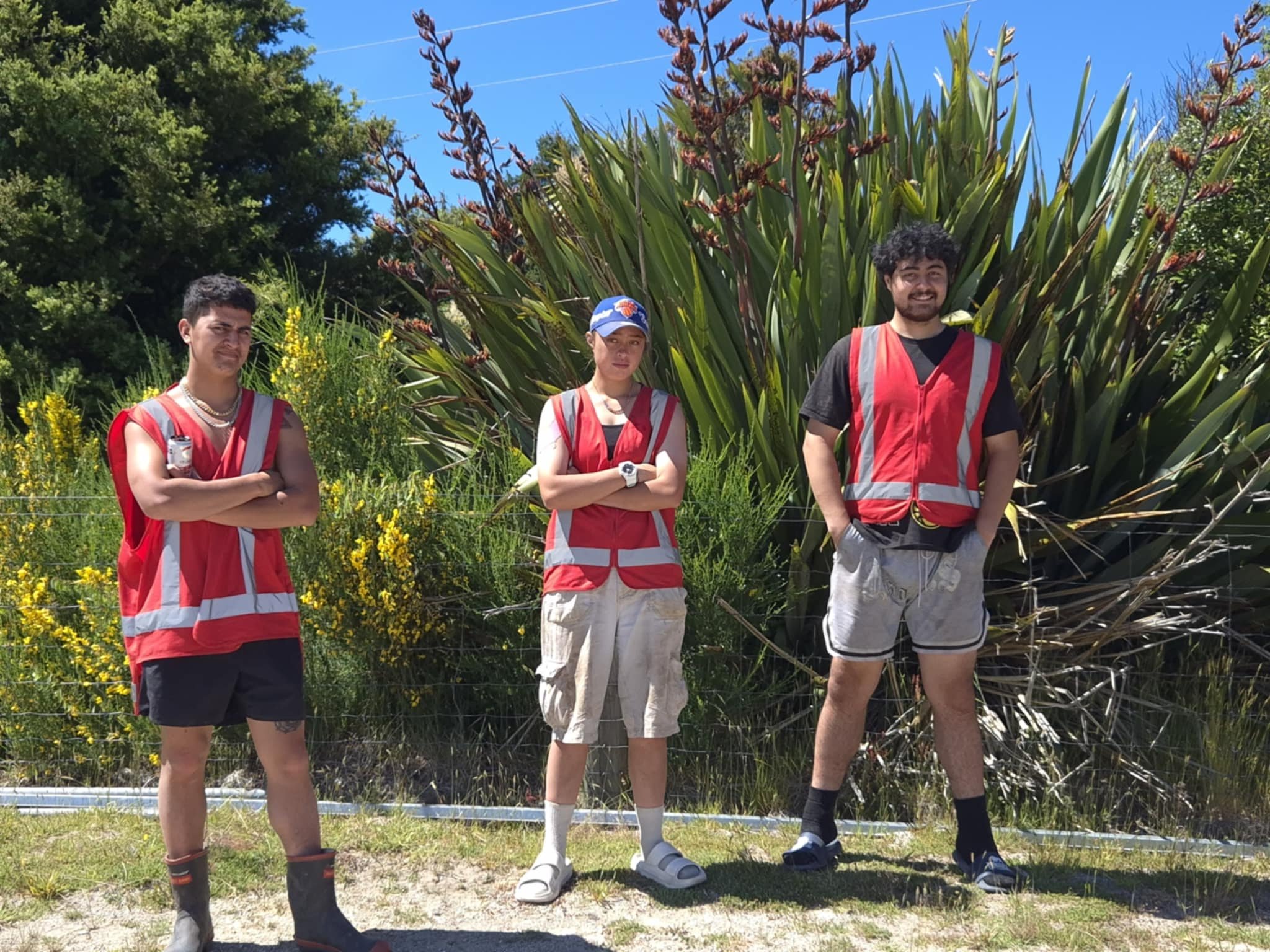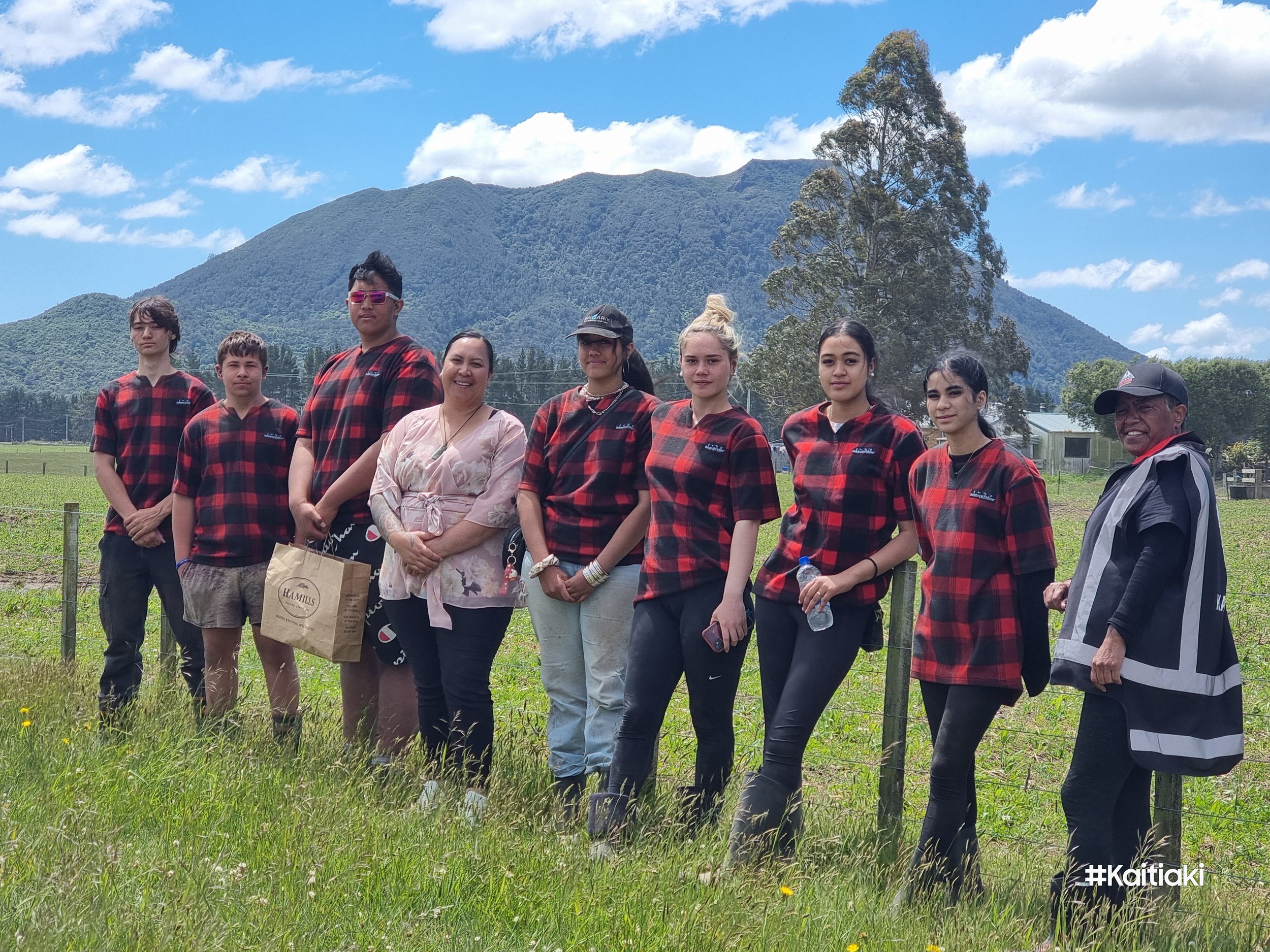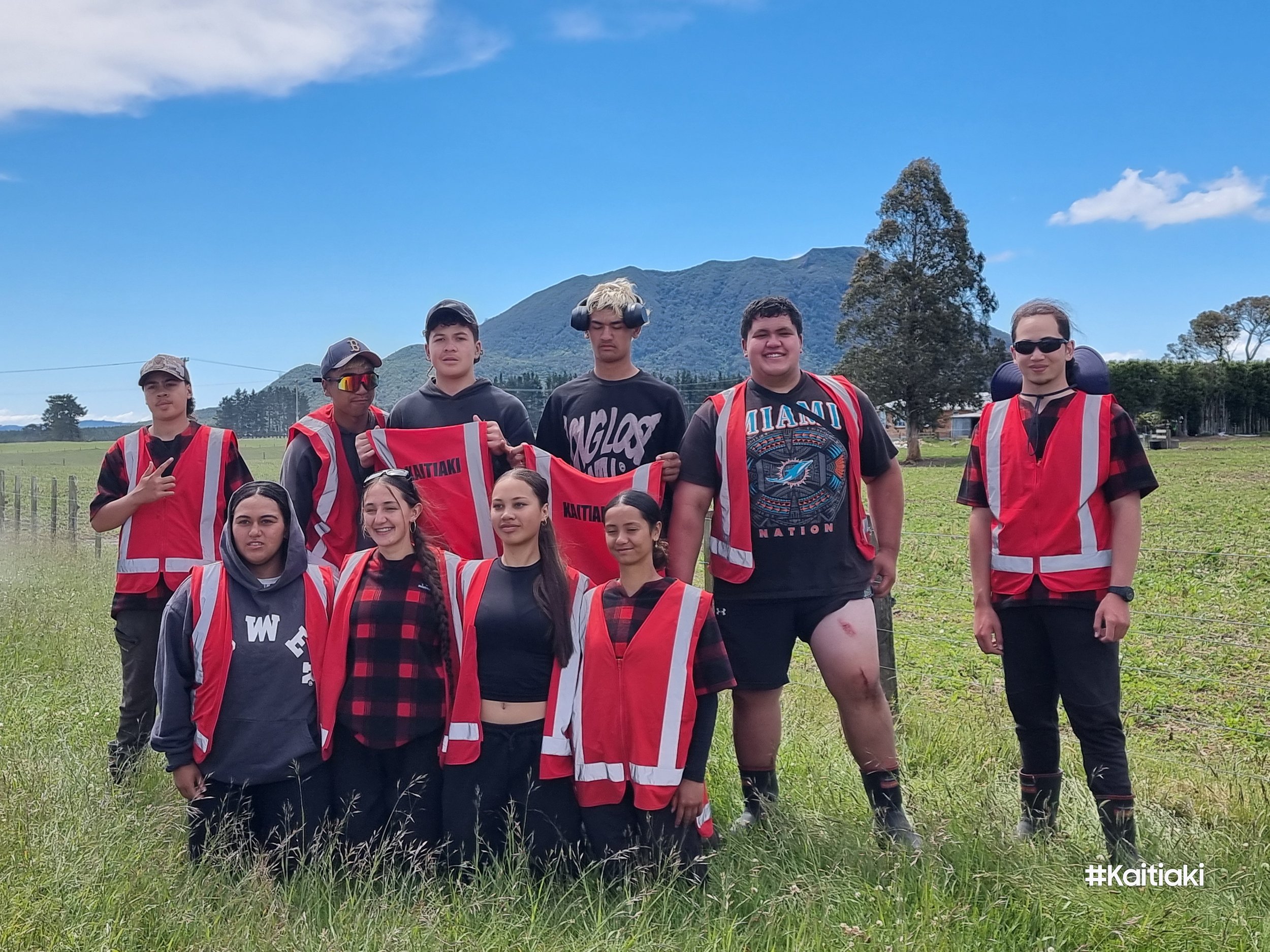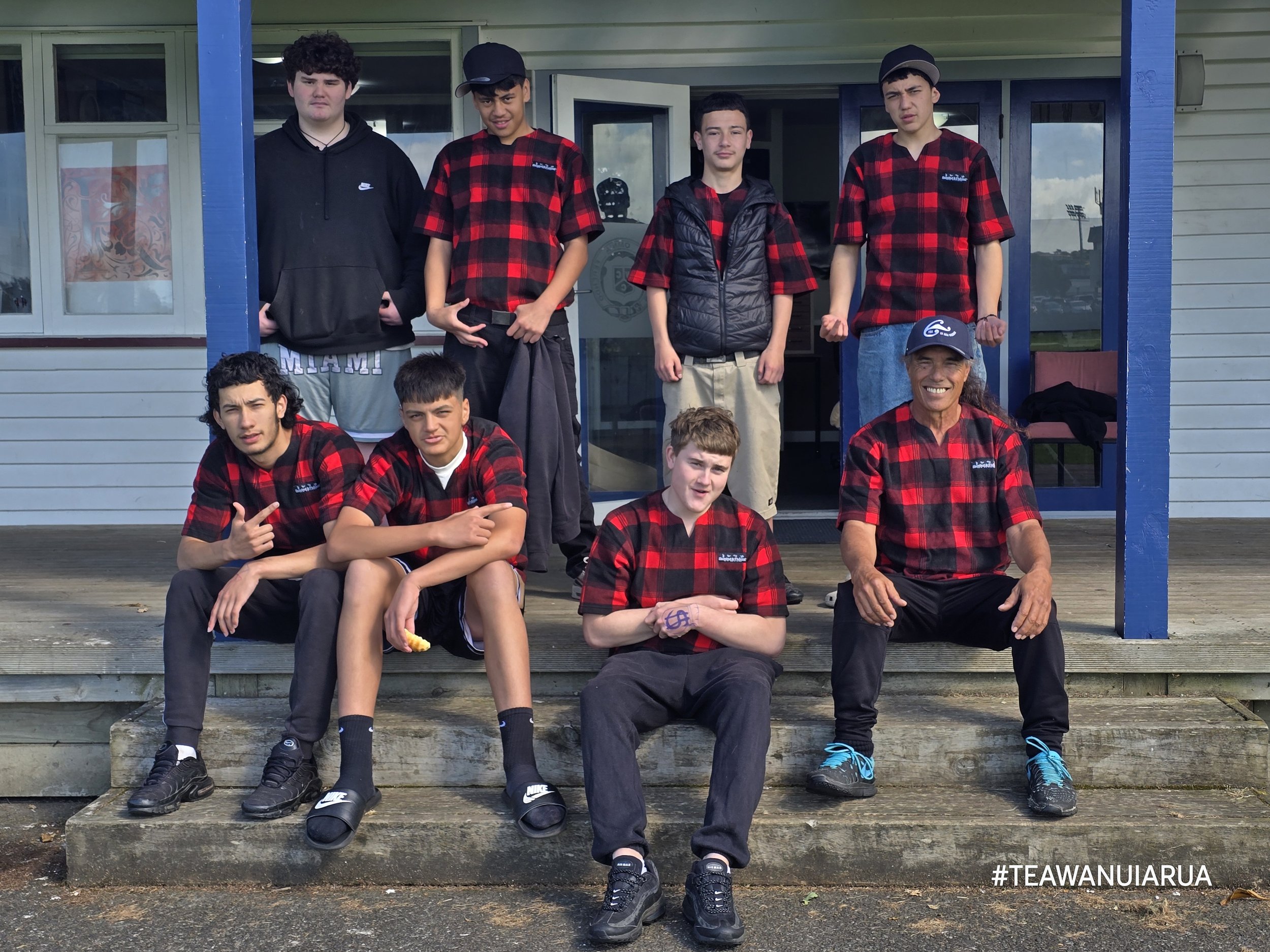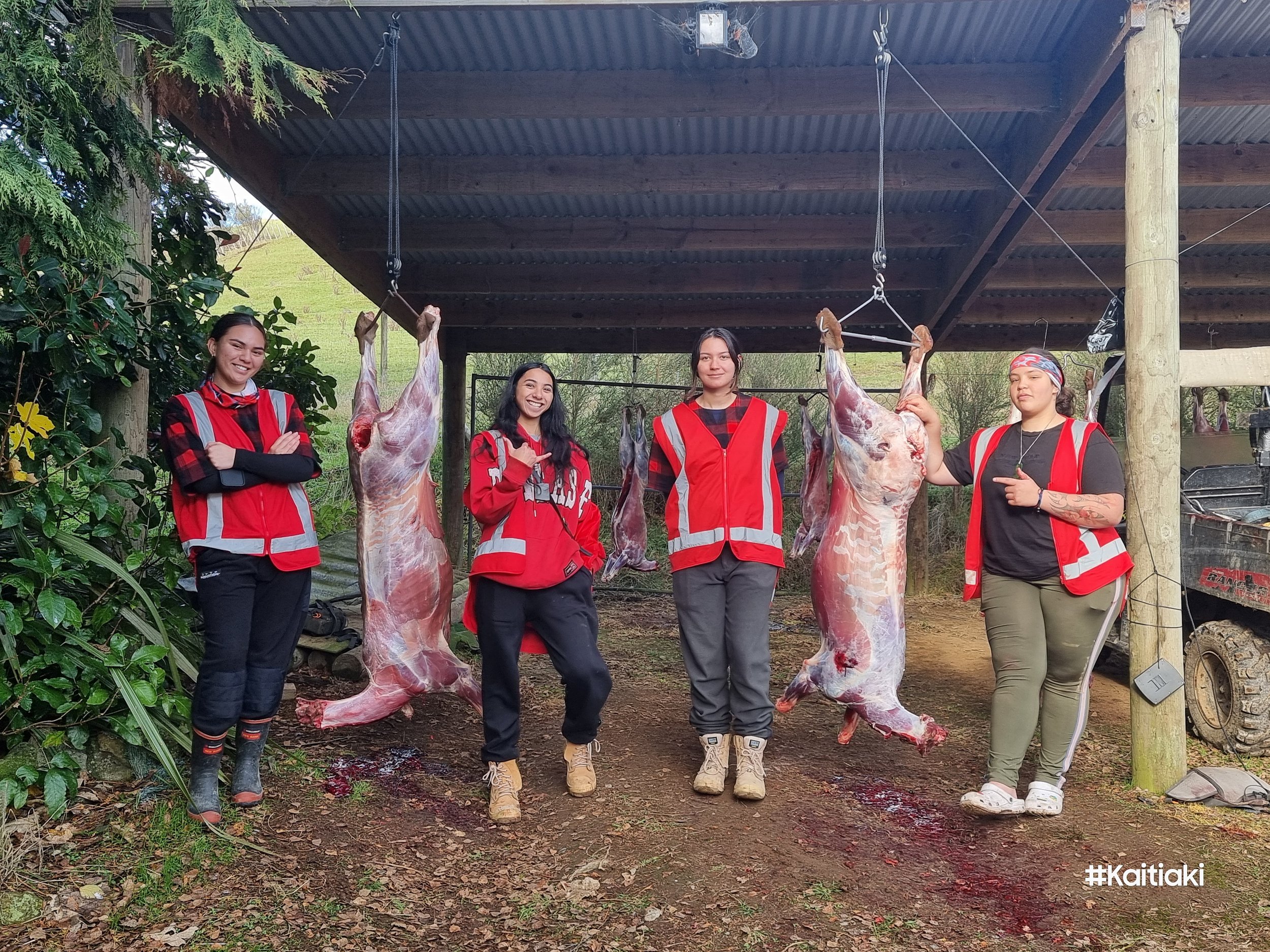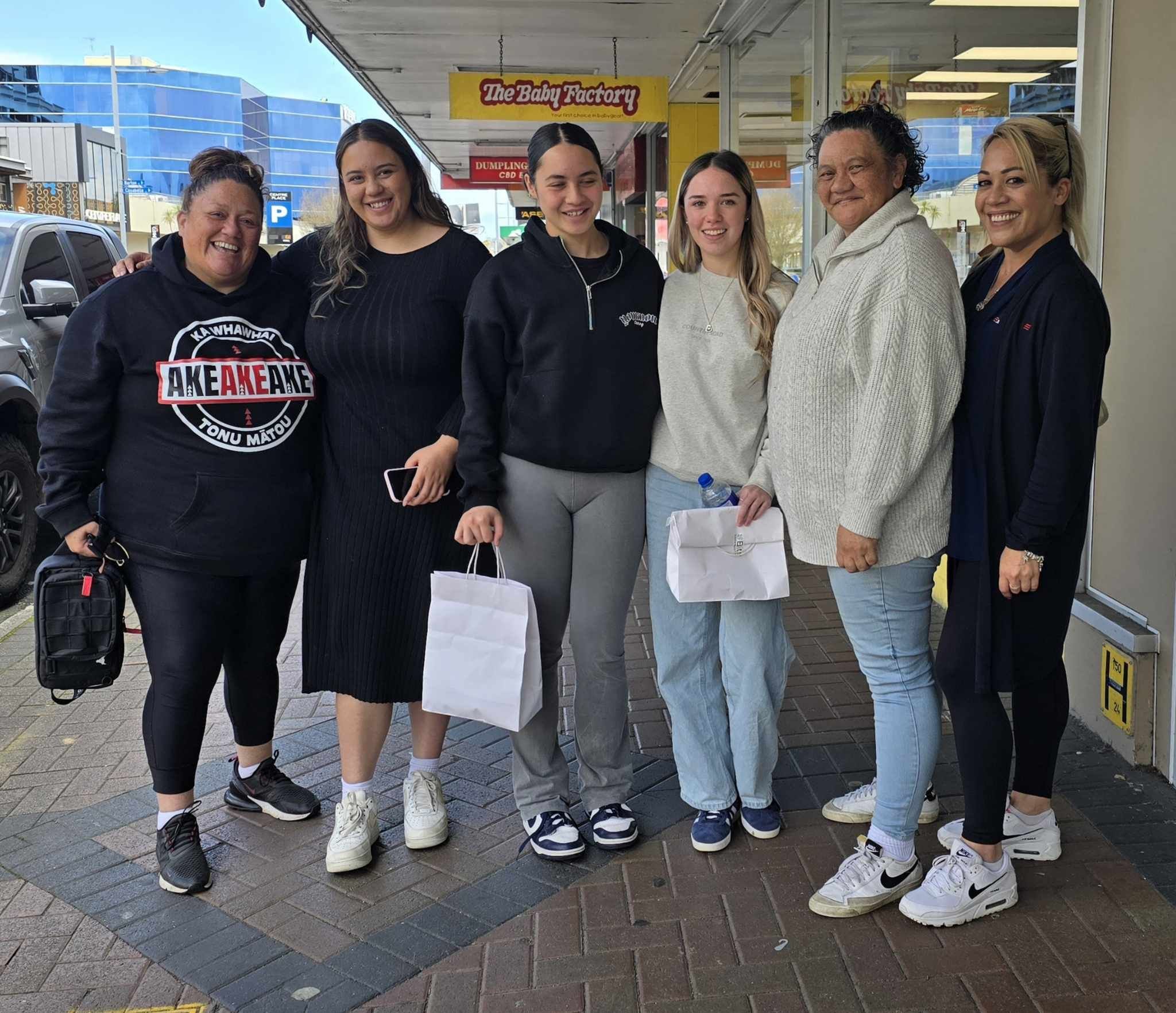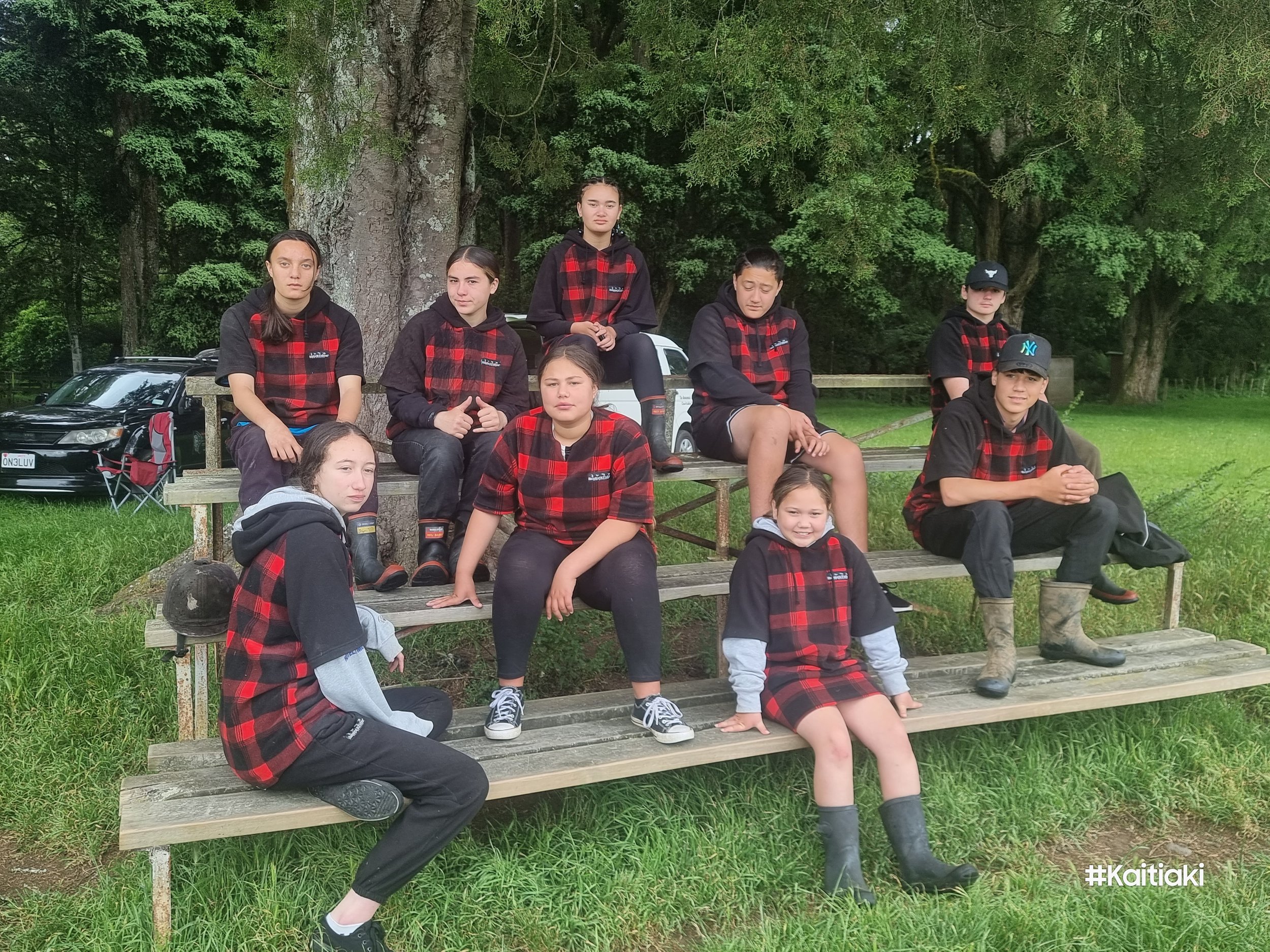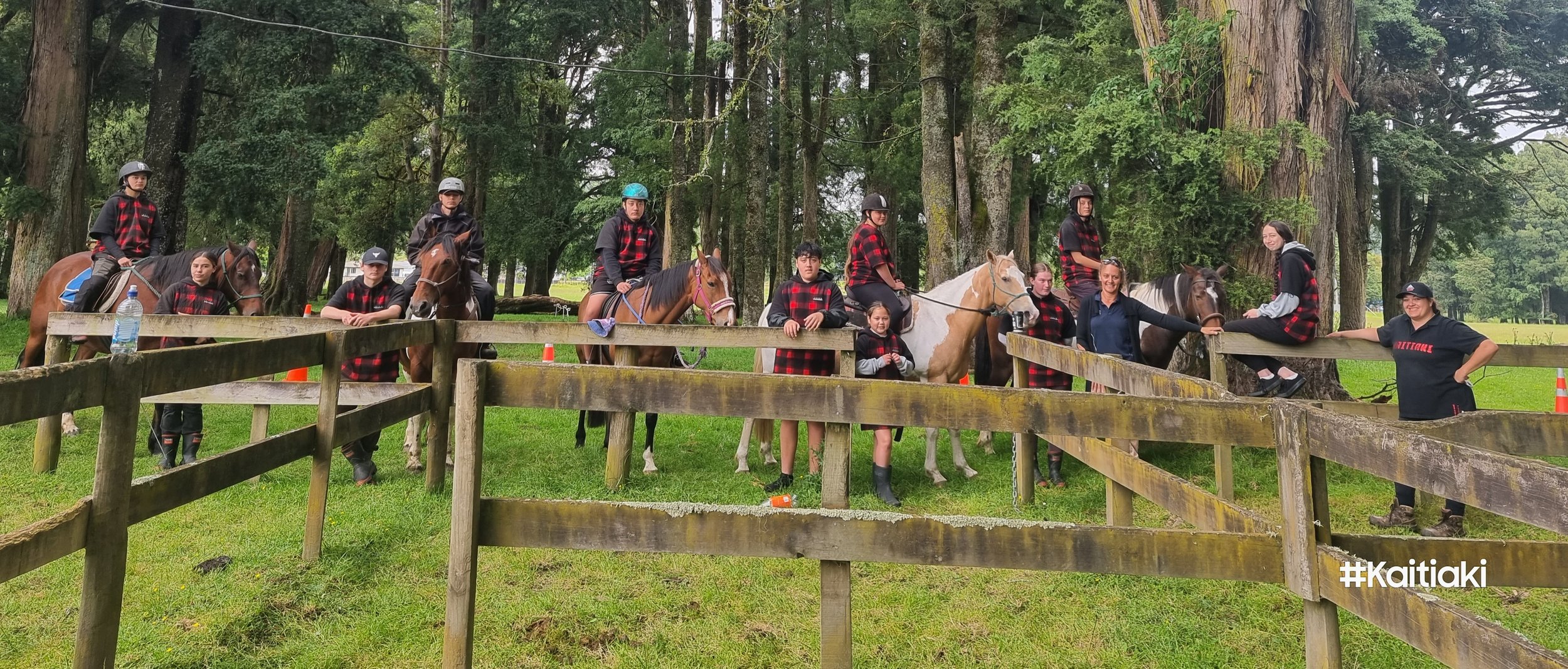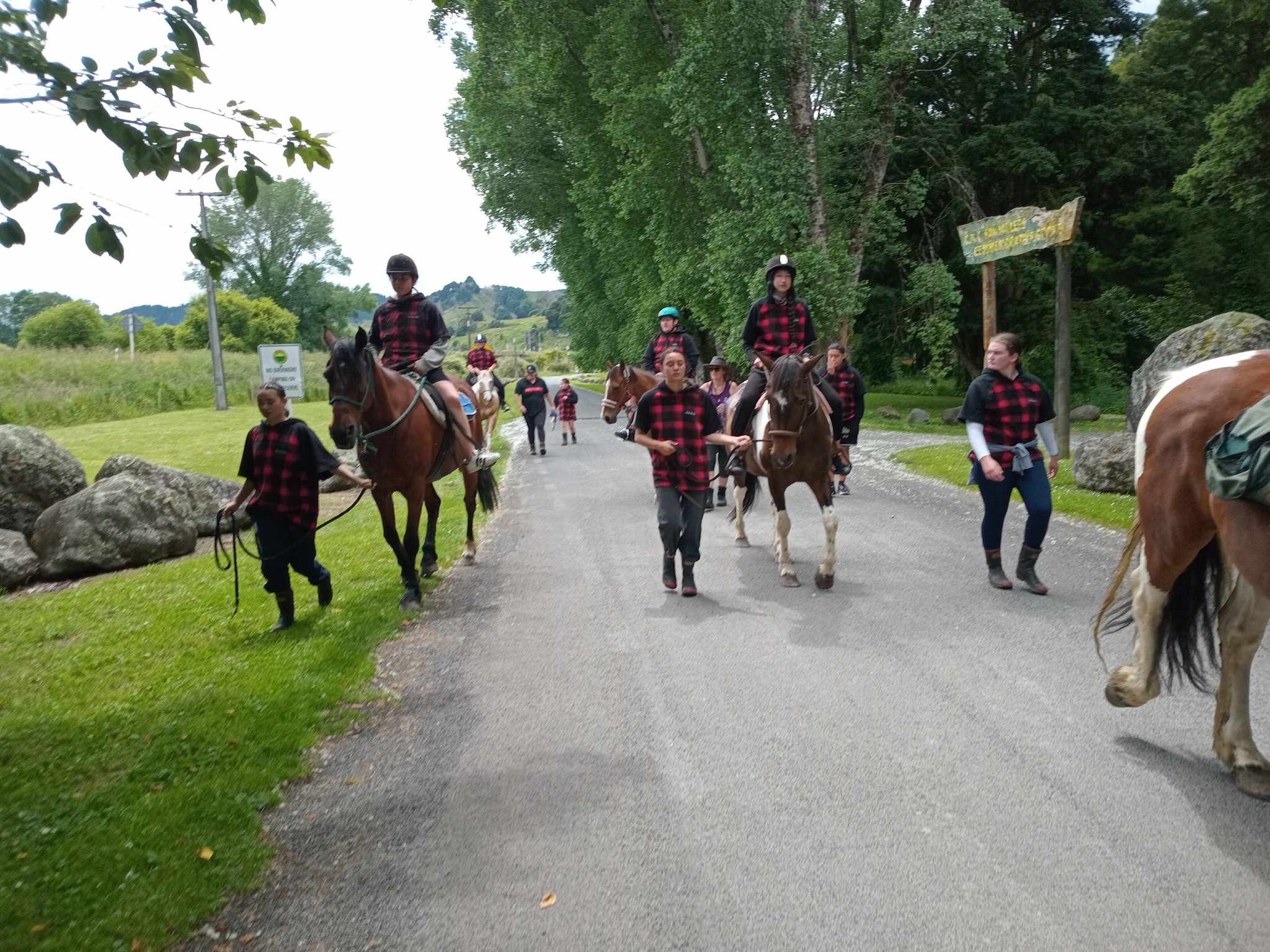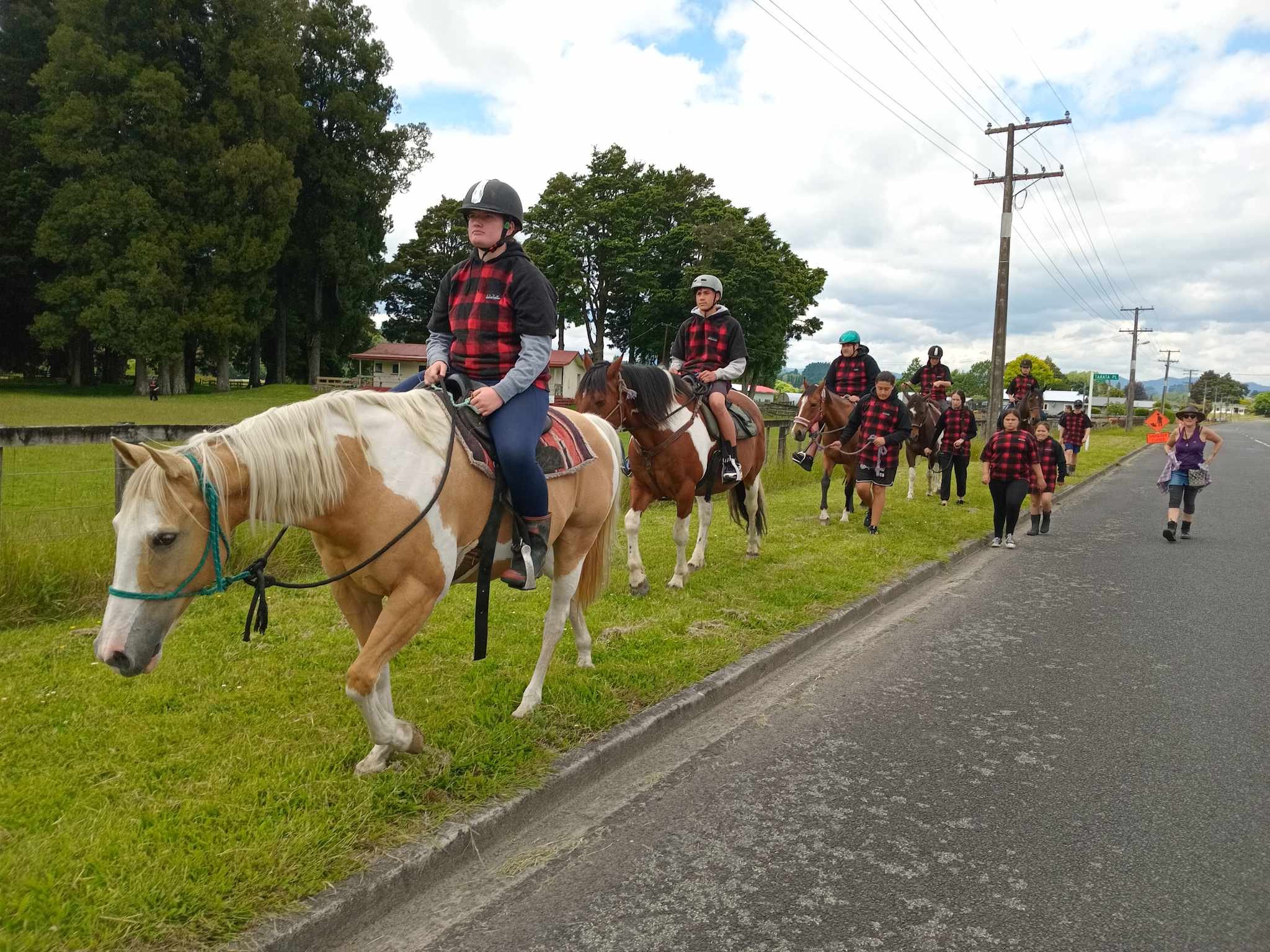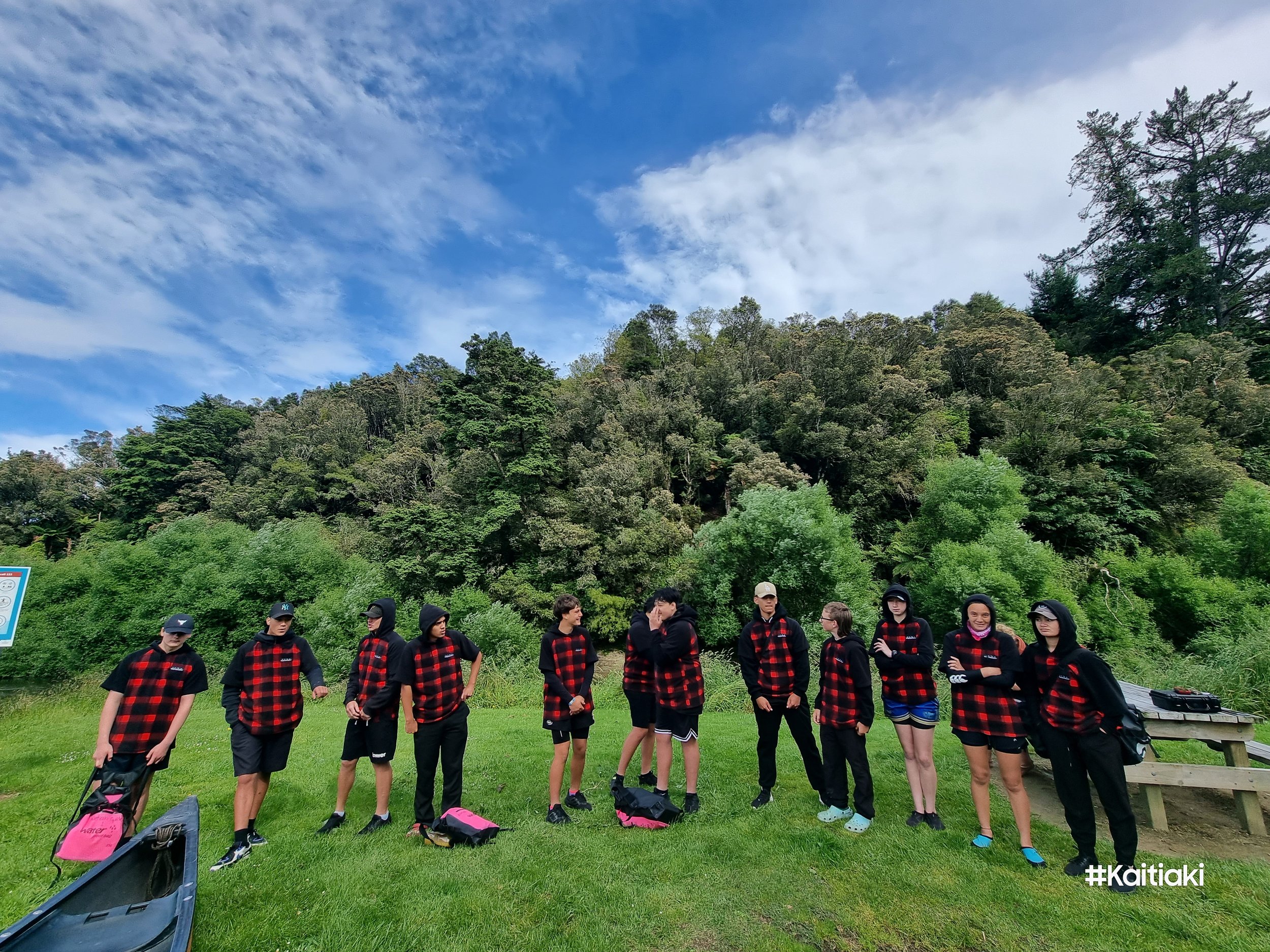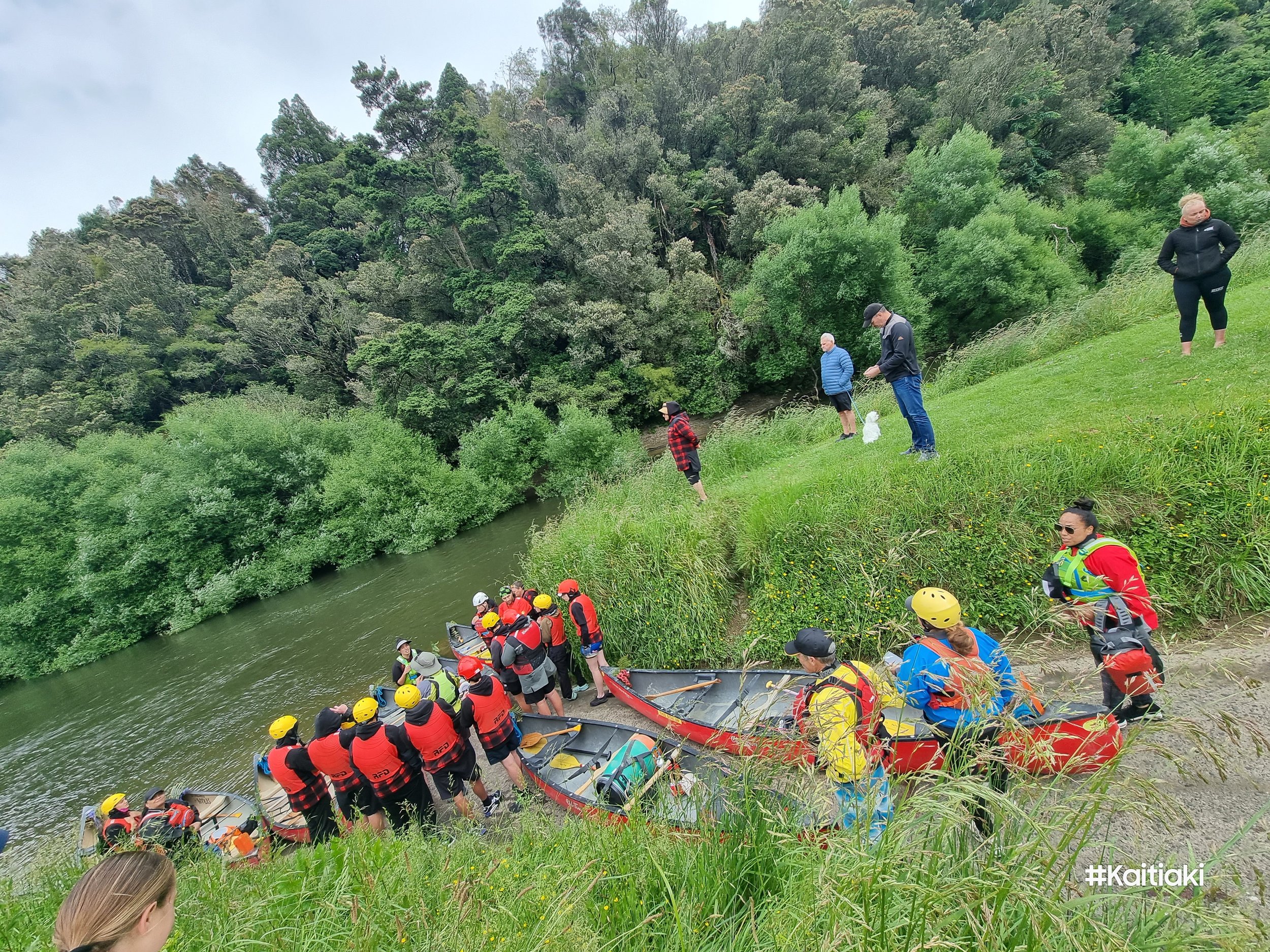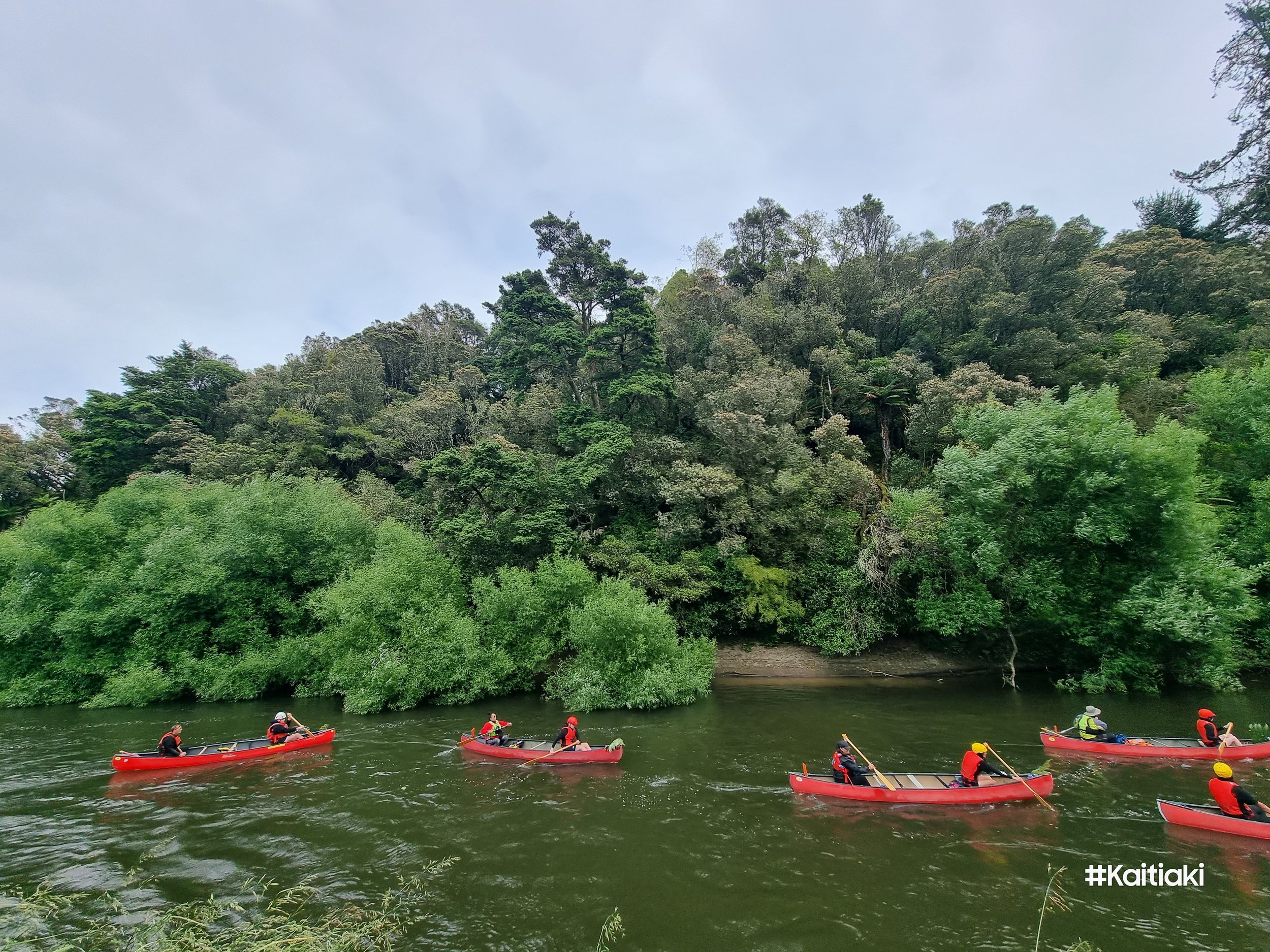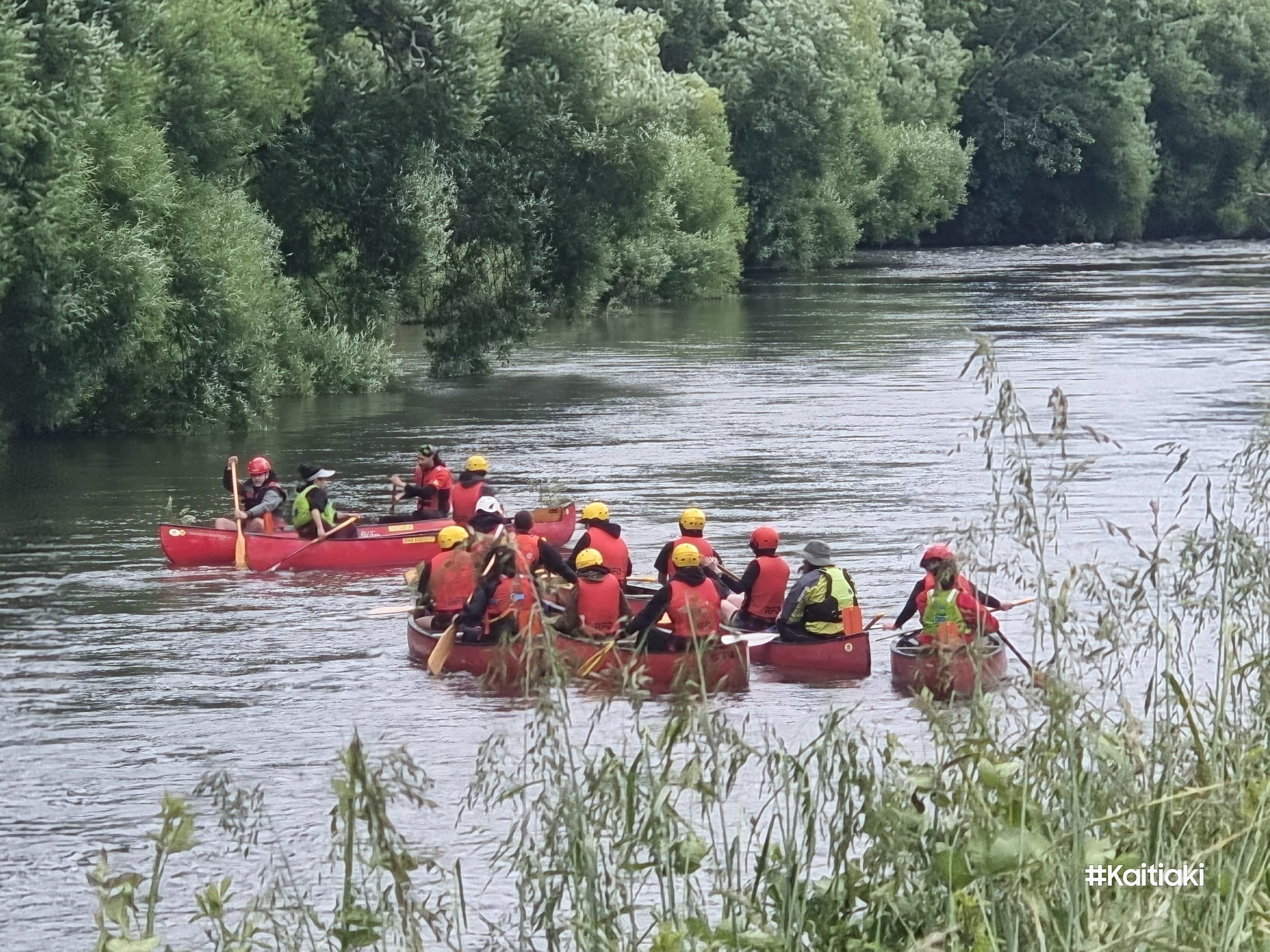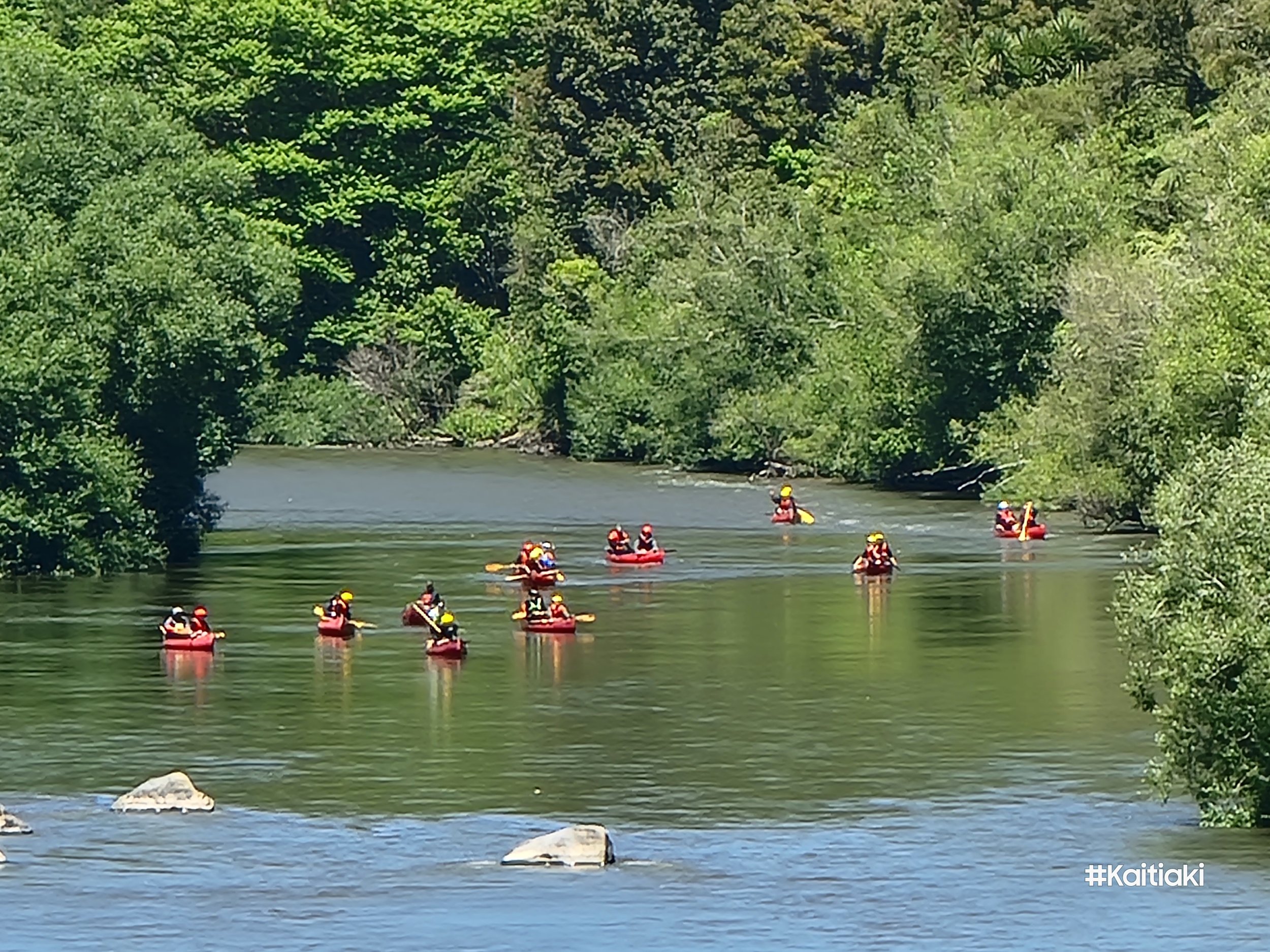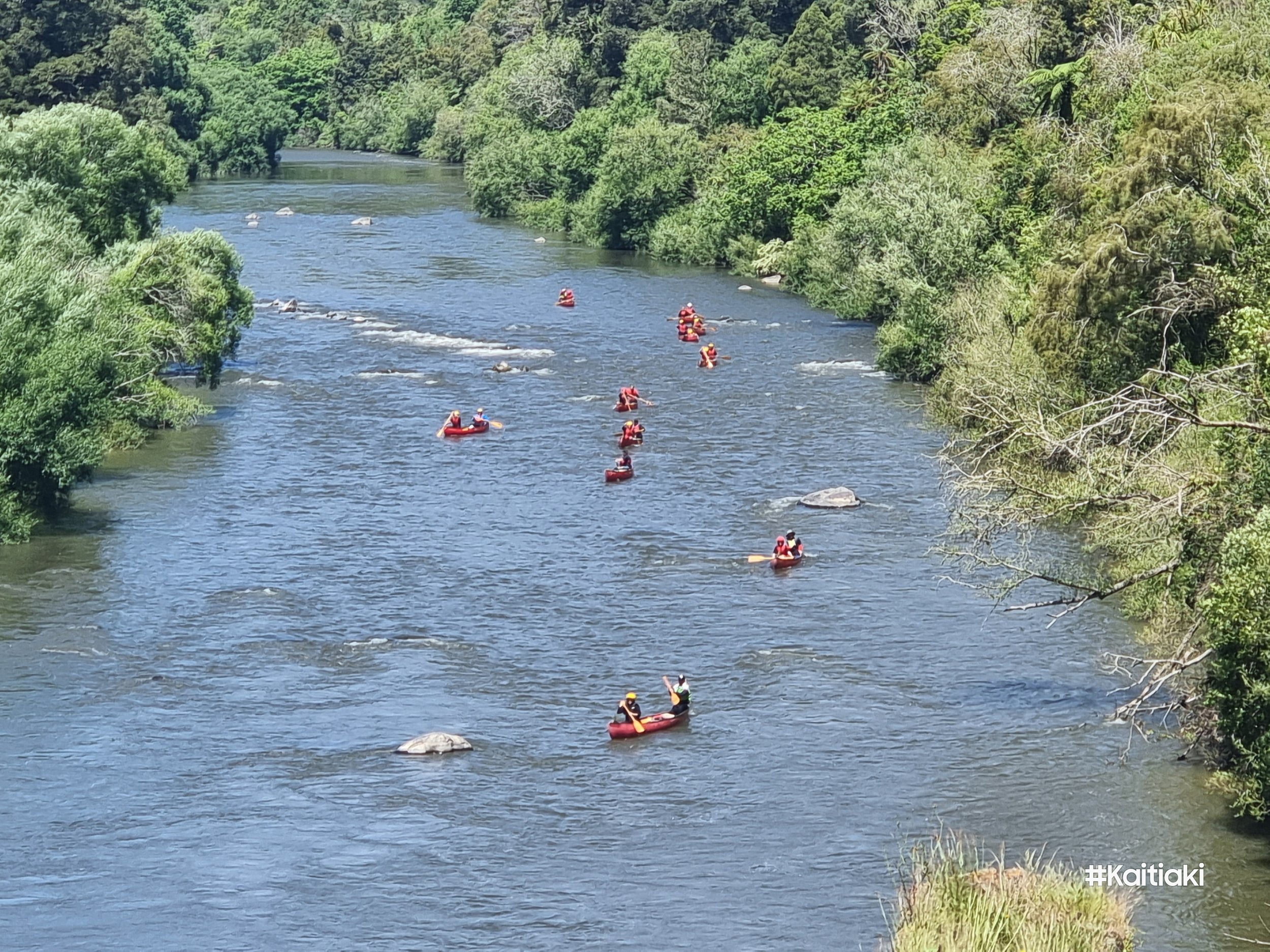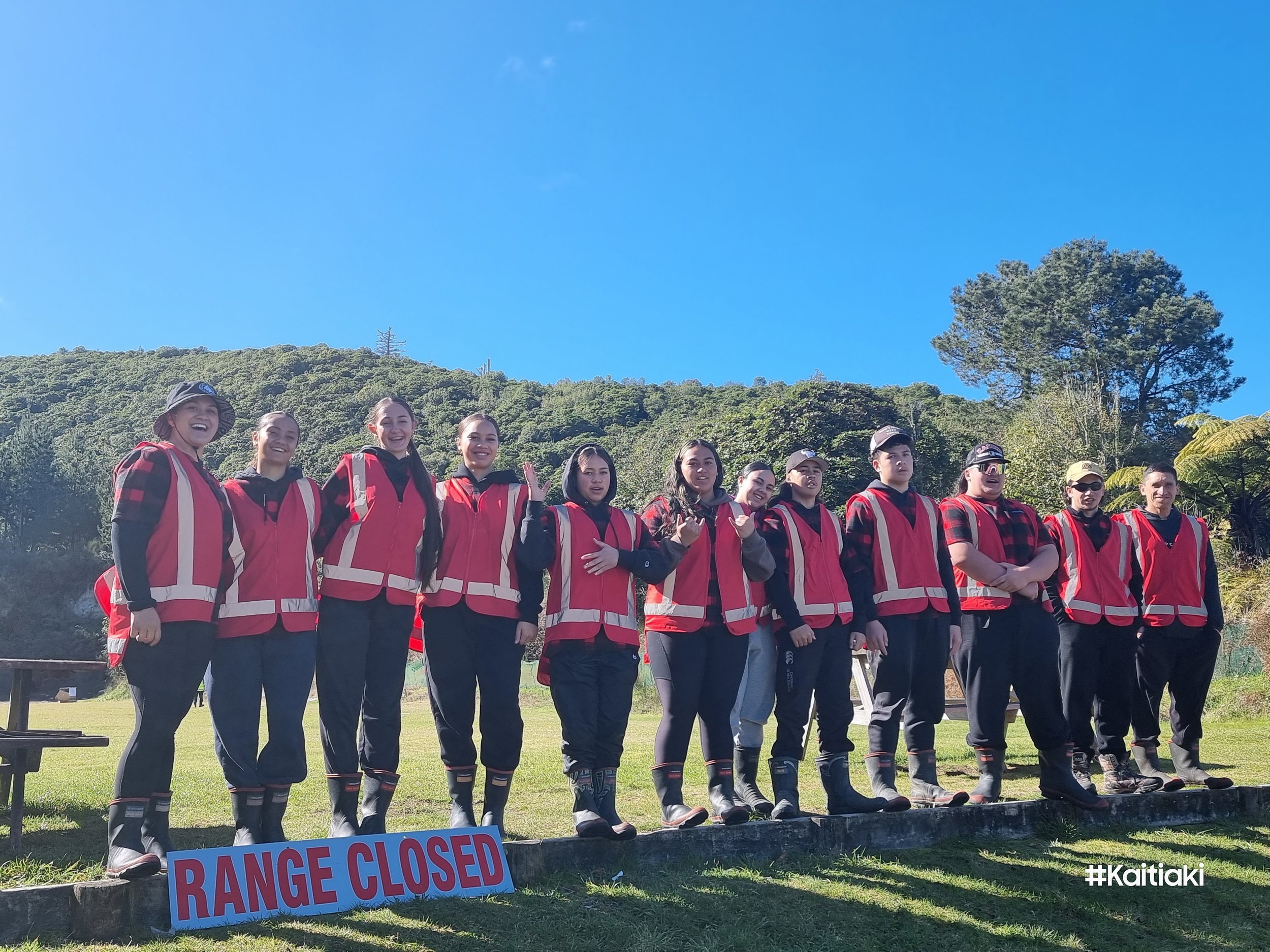
Rangatahi
Kaitiaki Rangatahi Programs are initiatives designed to support and empower young Māori and other Cultures as individuals (rangatahi) in New Zealand. While specific activities may vary by program and location, Kaitiaki Rangatahi Programs generally include the following elements:
Cultural Education:
Programs often incorporate cultural teachings, such as language (Te Reo Māori), traditional practices, and historical knowledge, helping rangatahi connect with their heritage.
Leadership Development:
These programs emphasize building the leadership skills of young people, empowering them to take active roles in their communities and fostering qualities like resilience and confidence.
Environmental Stewardship:
Many programs focus on instilling a sense of responsibility towards the environment, encouraging rangatahi to participate in local conservation projects, sustainable practices, and understanding the importance of their natural surroundings.
Social Skills and Wellbeing:
Activities may include workshops, mentorship, and recreational events that promote social interaction, mental health awareness, and overall personal development, aiding in emotional and social resilience.
Community Engagement:
Rangatahi are often involved in community service projects or events that foster connection and a sense of belonging, thereby strengthening community ties.
Career Pathways:
Some programs may provide career guidance, vocational training, or opportunities for internships, helping young people explore possible future career paths.
Diving, fishing, and hunting programs typically focus on educating individuals, particularly youth and community members, about sustainable practices and techniques related to these activities. In the context of youth programs, especially those aimed at Māori or indigenous communities, such initiatives might also incorporate cultural elements, emphasizing traditional practices and values.
Skill Development:
Diving: Training on safety, equipment use, marine life identification, and techniques for spearfishing or underwater photography.
Fishing: Instruction on various fishing methods (e.g., recreational fishing, traditional Māori fishing practices), knot tying, bait selection, and catch handling.
Hunting: Teaching safe hunting practices, wildlife identification, tracking, and ethical hunting techniques.
Safety Education: Programs include essential safety training, covering topics such as first aid, environmental awareness, and responsible behavior in outdoor settings.
Cultural Heritage: Incorporating traditional Māori knowledge and practices associated with diving, fishing, and hunting, reinforcing the connection to ancestry and cultural identity.
Conservation Awareness: Education on the significance of various species, habitats, and the role participants can play in conservation and restoration projects, fostering a sense of responsibility toward nature.
Benefits of Such Programs:
Empowerment**: Young people gain confidence and skill sets that can lead to personal and professional opportunities. Connection to Nature**: Participants develop a deeper appreciation for their environment and natural resources.
Cultural Connection**: Reinforces Māori cultural practices and sustains traditional knowledge, fostering pride in heritage. Community Bonding**: Strengthens ties between participants, families, and the broader community through shared experiences and activities.
Overall, diving, fishing, and hunting programs not only teach practical skills but also encourage sustainable practices, cultural education, and community engagement, making them valuable for personal development and Iwi conservation efforts.
